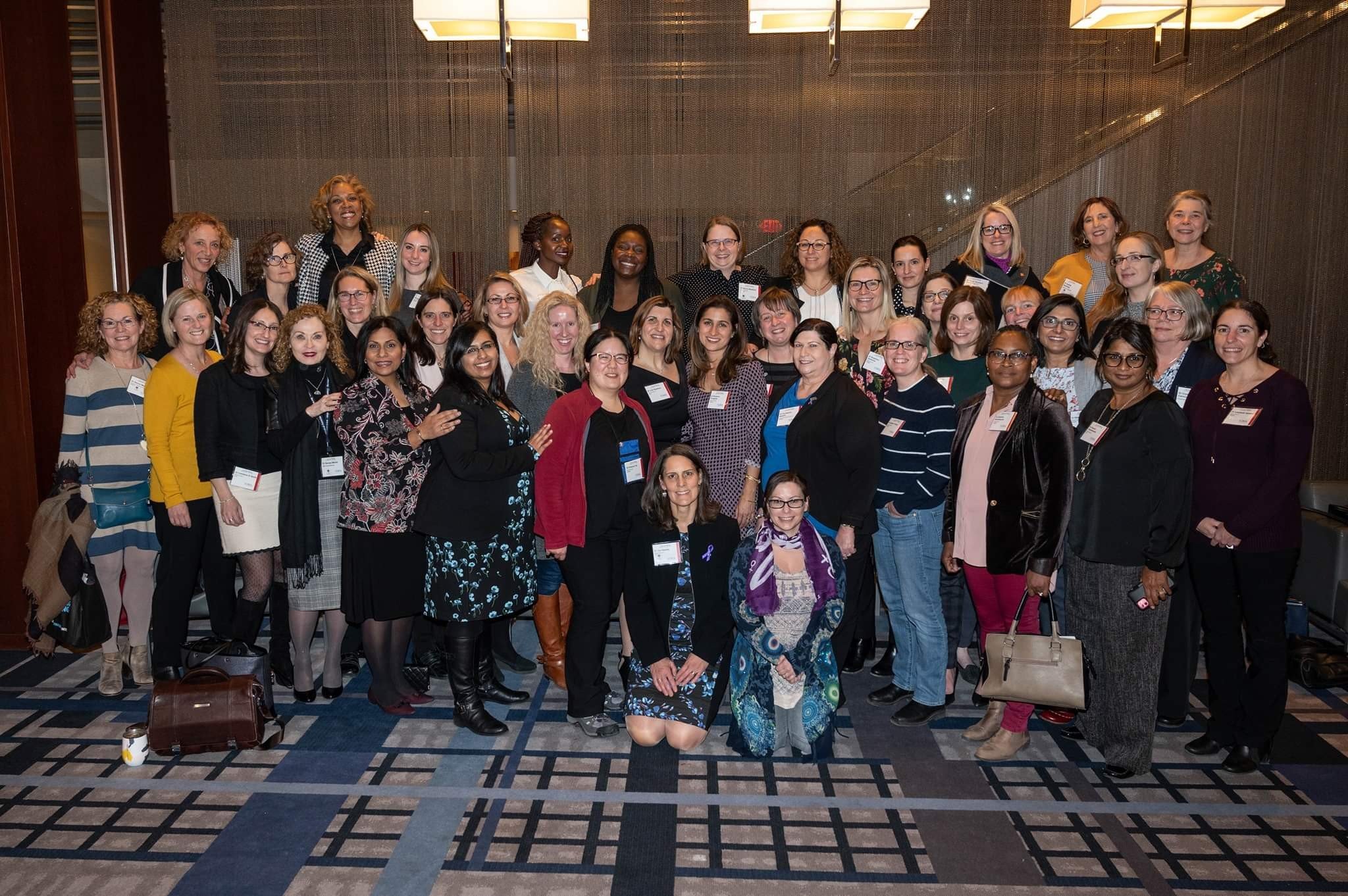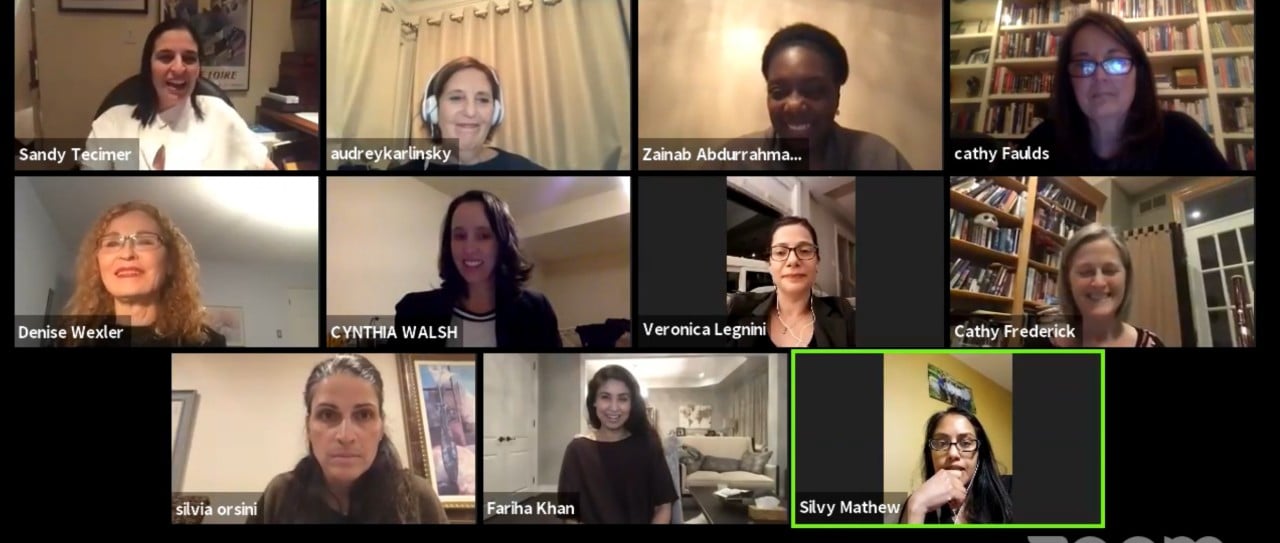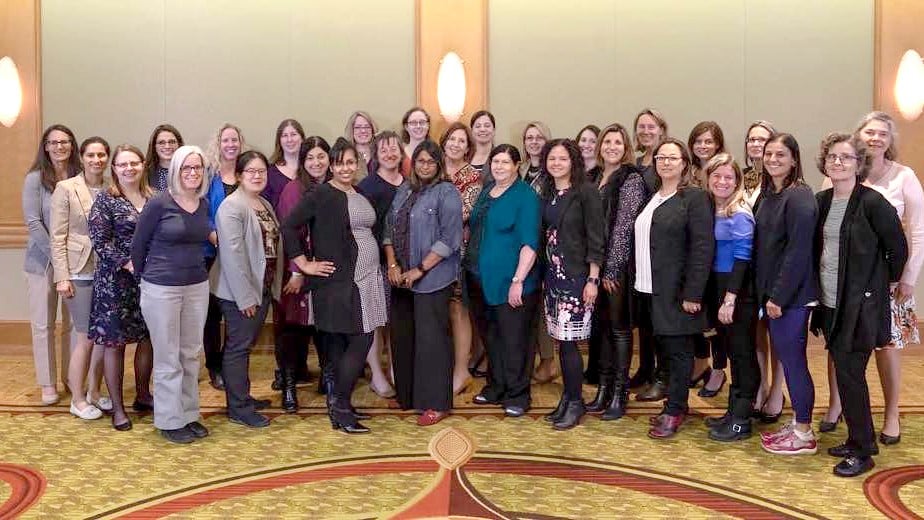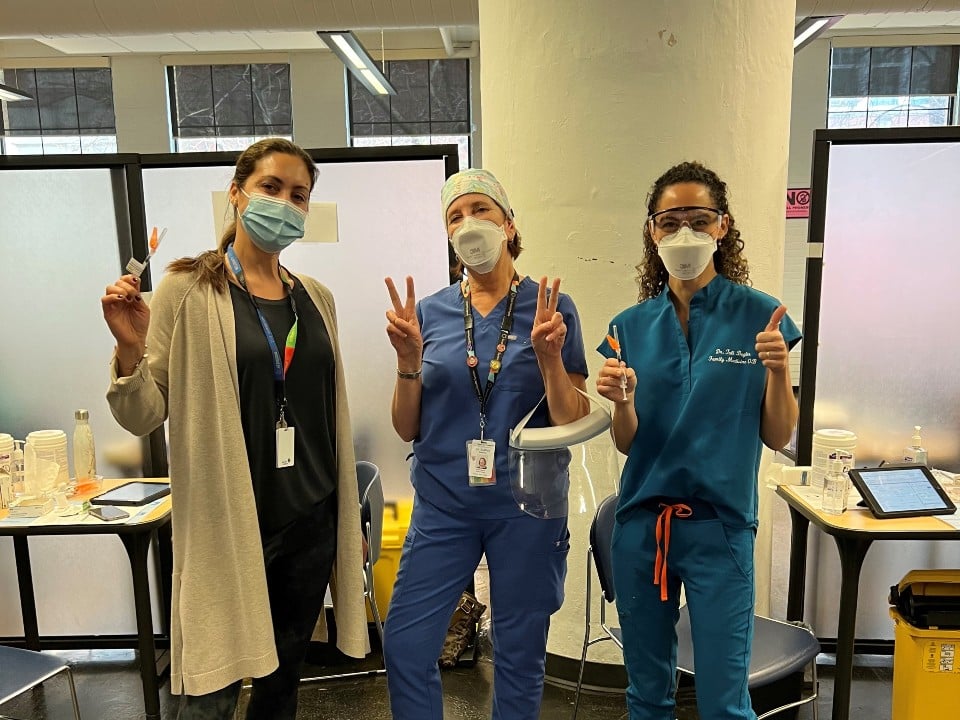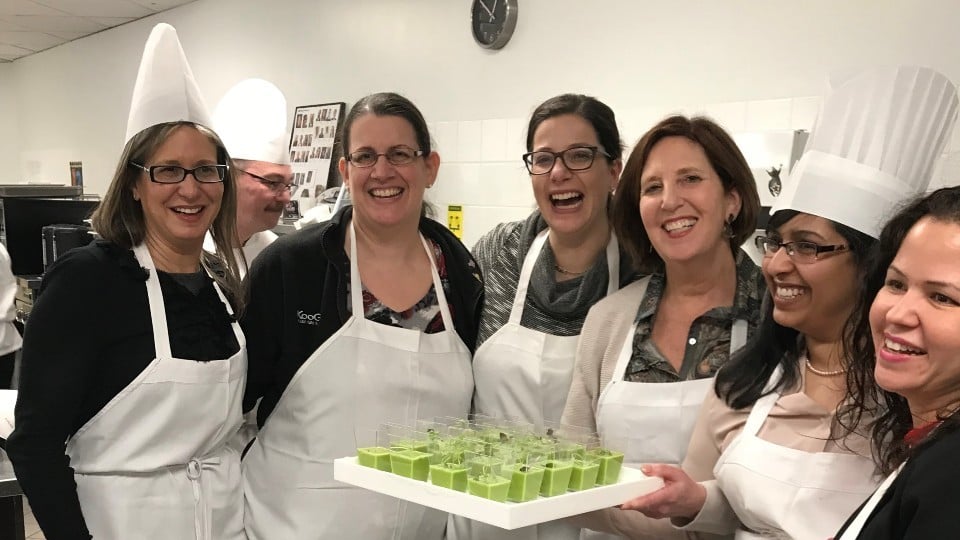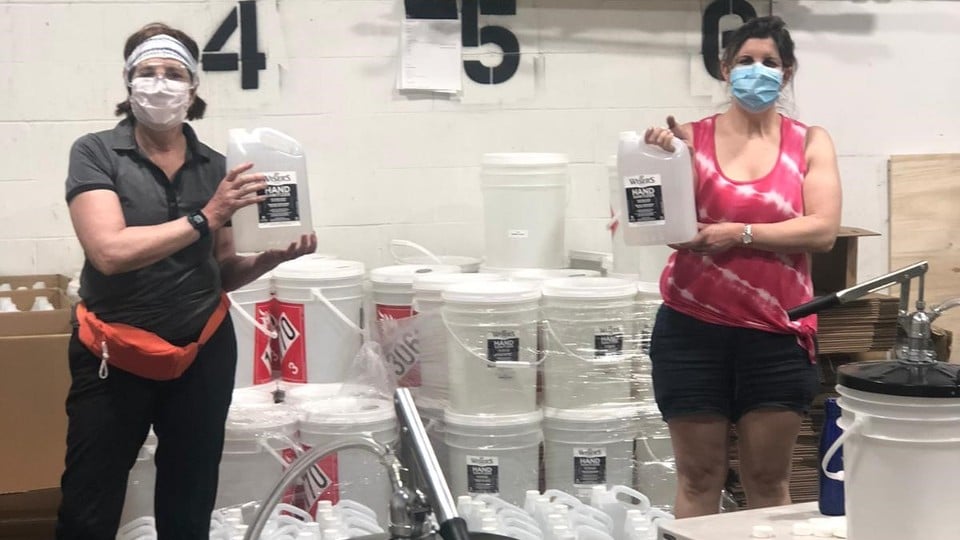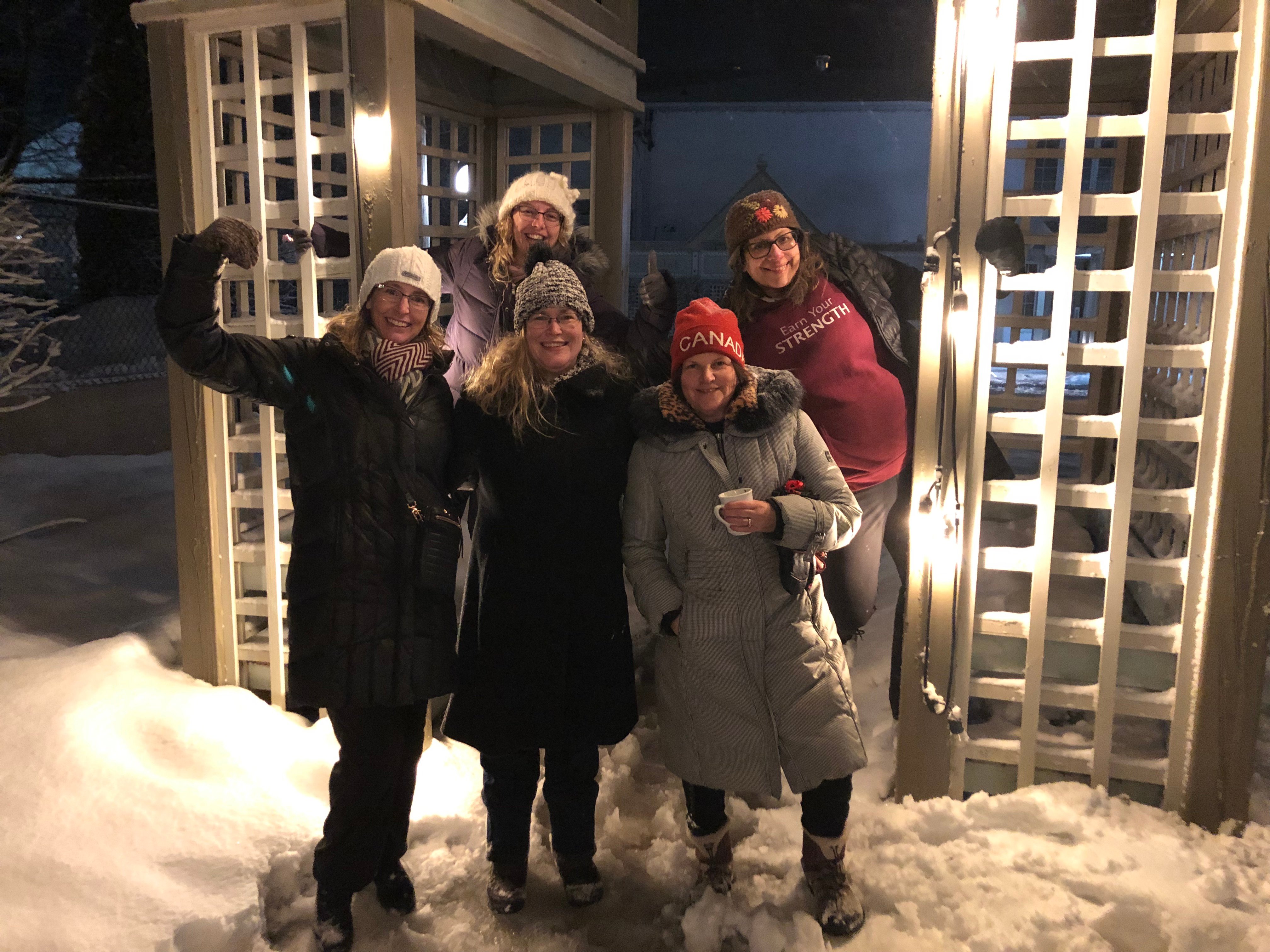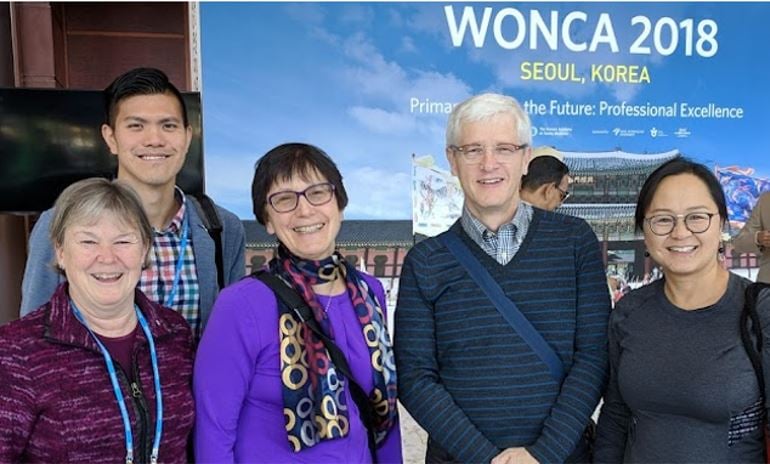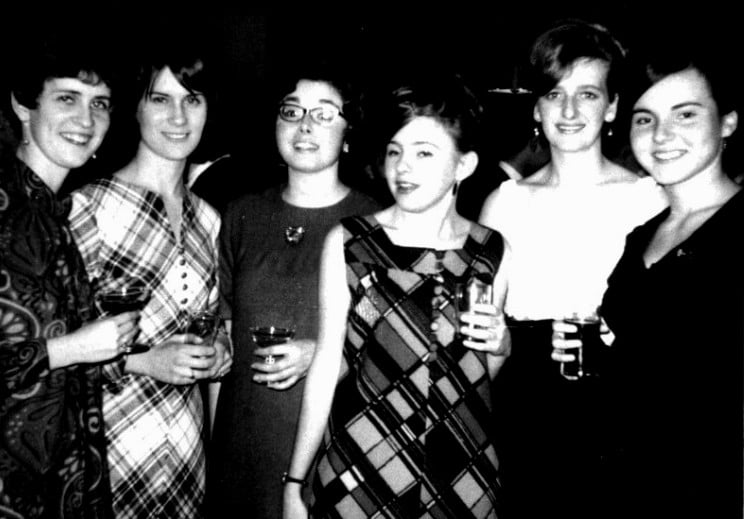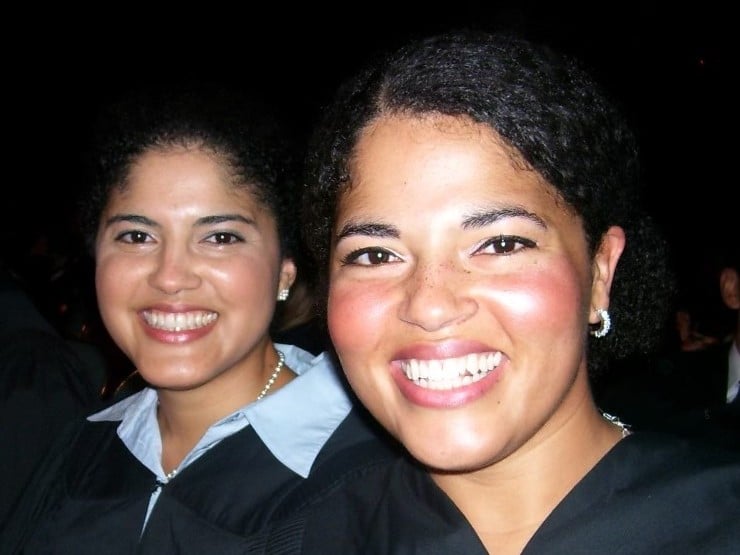Women Leaders Memory Project

The Women Leaders Memory Project allows us to learn more about the history of women physicians and showcase their contributions to health care in Ontario and the medical field
The Women Leaders Memory Project is an archiving initiative based on member contributions that capture and celebrate the history of women physicians and document their unique experiences in the medical field. Thank you to everyone who is taking the time to share memories and photos. Your contributions ensure that the knowledge and achievements of members are preserved and accessible.
Sensitive content warning
The views and opinions expressed below by the Women Leaders Memory Project participants are solely their own and do not reflect the views and opinions of the OMA. While the submissions are reviewed to ensure privacy is protected, they are otherwise unedited. As the Women Leaders Memory Project covers all aspects of the women physicians’ experience, some memories, reflections, and stories shared may cover topics such as sexual assault, violence, and identity-based discrimination and harassment. Some may find the content offensive or disturbing.
If you, a loved one, or a colleague are experiencing difficulties or need someone to talk to, the Physician Health Program can help. Please reach out to this confidential service by calling 1-800-851-6606 or by email.
A collection of photos and stories about women physician leaders, including their accomplishments, challenges they faced and advice they would offer to the next generation.
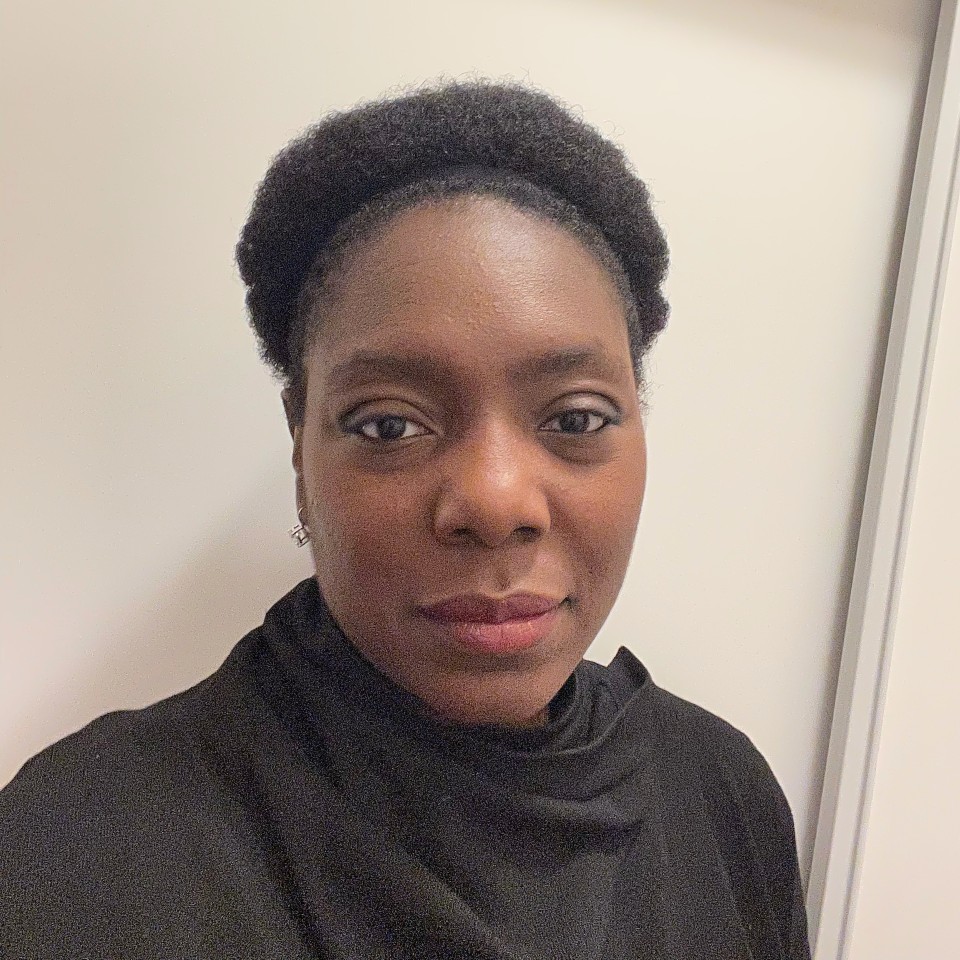

Memorable quote
“Figure out what you truly want — the balance of family, life, and work that suits you then work towards that.”
Biography
Dr. Zainab Abdurrahman (she/her) is an allergist and clinical immunologist practicing in the Greater Toronto Area mainly in Mississauga and works at McMaster Children’s hospital in Hamilton. Dr. Zainab Abdurrahman is a graduate of the University of Toronto Medical School and completed both her pediatrics training and her subspecialty training in clinical immunology and allergy at McMaster University. Dr. Abdurrahman is an assistant clinical professor adj. of pediatrics and a staff member on the Clinical Immunology and Allergy Subspecialty Residency Training Committee at McMaster University. She is also a physician peer leader with OntarioMD. Dr. Abdurrahman is a member of the Black Scientists Taskforce on COVID-19 Vaccination Equity, the Black Health & Vaccine Initiative in association with Black Physicians of Ontario as well as a member of the OMA Civility, Diversity, and Inclusion Committee. She was a collaborator with BPAO in drafting the position statement on Black Health & the COVID 19 vaccines.
She has also been part of the OMA Joint Governance Transformation Task Force (GT20), and the OMA Council Governance and Steering Committee. Dr. Abdurrahman was elected as the chair and delegate for the OMA Allergy and Clinical Immunology Section in 2018 and continued in these roles until she officially joined the board of directors. Dr. Abdurrahman is a member of the OntarioMD Educational Taskforce and is a Fellow in Training curriculum supervisor with the Canadian Society of Allergy and Clinical Immunology. Dr. Abdurrahman is appointed for a two-year term.
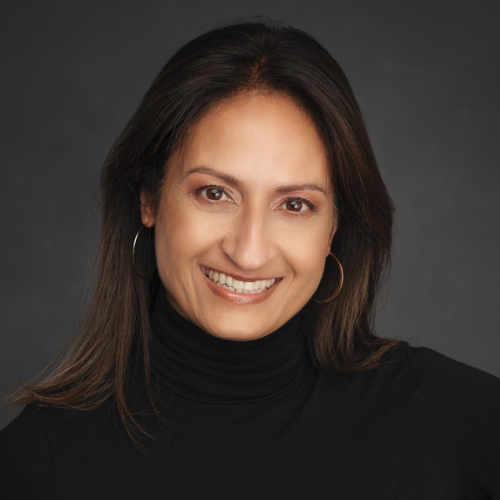

Memorable quote
"Take time to reflect on what is most meaningful to you and plan your path accordingly with proper support. Remember to do so authentically while being kind towards yourself, and without fear of judgement from others."
What are some of your greatest achievements?
In addition to successfully navigating the complexities of our blended family together with my husband, I feel proud of the contributions I have had the opportunity to make through mentoring medical students and residents over the years. Drawing from my experiences through my own medical education, as a frontline provider, private practice owner, physician leader in both academic and health-care organizations, writing my book Stress in Medicine: Lessons Learned Through My Years as a Surgeon from Med School to Residency and Beyond has also brought great joy and satisfaction. A bestseller, this achievement has led to new opportunities to advocate for leadership development and wellness in medicine as an invited guest on several podcasts and invited contributor to publications, including writing a blog for Psychology Today.
Who has inspired you in your career?
My family has been a source of unconditional support my entire life and inspires me to reach my fullest potential, personally and professionally. I have also been fortunate to have trusted mentors and role models from early on in my career including Dr. Sherif El-Defrawy, Dr. Karim Damji and Dr. John Harvey, to name a few. In addition to these meaningful relationships and others that continue to this day, I feel inspired by the potential I see in my students and by the positive impact my work has on others.
Do you have an unforgettable memory or story?
Several years ago, I was referred a patient with severe autism and an advanced cataract with atypical features in his only functioning eye. His overall condition was deteriorating significantly as his sight worsened, and he was becoming increasingly combative. After an extensive discussion of the risks and benefits for this patient, his parents consented to the surgery. With the help of my administrative staff and ophthalmic technician, as well as the nurses, anesthetists, and fellow health professionals at the hospital, I was able to gather the required preoperative data and perform the procedure successfully. At his post-operative visit to my office two weeks later, I felt very touched when the patient who was previously combative, tentatively reached out his hand to shake mine. His parents shared that their son had been calmer and was able to navigate about their home once again. This experience was extremely memorable for me, one that accentuated how collective skill, dedication and effort makes a substantial difference for our patients, especially in the most challenging circumstances.
Have you experienced a challenge specific to women physicians? What advice would you provide for overcoming these challenges?
Earlier in my career during assessments, patients often assumed I was a nurse instead of their surgeon. I also faced occasional discriminatory comments relating to my ethnicity as a woman of colour. With time and experience, while maintaining empathy and kindness, I have developed a sense of authority and presence in my patient encounters. My advice for inappropriate comments is to recognize that the offender lacks insight, and to not take the comments personally; but rather use them as opportunities to firmly correct and then redirect the conversation back to the purpose of the encounter.
What advice would you give to the next generation of women physicians?
While balancing home life and career is challenging, it is possible and largely dependent on expectations you set for yourself, and the support systems you have in place. Take time to reflect on what is most meaningful to you and plan your path accordingly with proper support. Remember to do so authentically while being kind towards yourself, and without fear of judgement from others.
Biography
Dr. Nina Ahuja completed medical school at McMaster University, followed by a residency in ophthalmology at the University of Ottawa. She began her surgical practice in Hamilton in 2003 and was a key contributor to establishing the Ophthalmology Residency Program at McMaster University, a program that began in 2005.
Over the years she has won numerous awards for excellence in teaching and for contributions to residency education including as past program director. She is currently academic division head for Ophthalmology at McMaster University, president of the Association of Canadian University Professors of Ophthalmology, and an examiner for the Royal College of Physicians and Surgeons of Canada.
In addition to her contributions to academia, Dr. Ahuja has held several leadership positions at St. Joseph's Healthcare Hamilton including Medical Staff Association president, member of the Medical Advisory Committee, and member of the Joint Board of Governors. She is presently on the board of directors for St. Joseph's Healthcare Foundation. A certified health executive from Canadian College of Health Leaders, certified EQi2 emotional intelligence instructor, and bestselling author, Dr. Ahuja is founder of Docs in Leadership, an organization she created in 2019 to promote and deliver emotionally intelligent leadership education to health-care professionals and students.
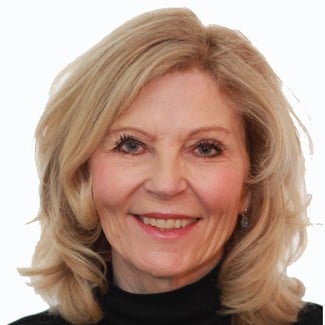

Memorable quote
"Do not be afraid to go for it, you have nothing to lose and everything to gain. However, don’t be afraid to say no, when it doesn’t feel right. Too many women mistakenly feel that the only way of achieving success is by taking on more than they want to give."
What are some of your greatest achievements?
My greatest achievement is my happy 30-year marriage to my physician husband and raising our two beautiful daughters. I am now lucky enough to also have two grandchildren who are the joy of my life. I feel fortunate that I have had a career with wonderful relationships with patients; feeling that I have made a difference in the lives of several generations in some families, and still providing consulting or psychotherapy to many others. I am still adapting to changing needs in medicine and I am happy to do that. I am particularly happy to be able to juggle it all with time for family, which is my priority, including caring for my parents as they now age.
Who has inspired you in your career?
My parents inspired me to be whatever I wanted to be. They believed there were no boundaries, despite growing up in a small place. I have also been humbled and have learned from the years of patient relationships and interactions. I have been very fortunate to have incredible mentors and role models who have inspired and supported me including Dr. Clover Hemans, Dr. Anne Niec, Dr. Mamta Gautam, Dr. Vivien Brown and Dr. Paul Freedman.
Have you experienced a challenge specific to women physicians? What advice would you provide for overcoming these challenges?
When I was on my surgical rotation in my 20's at a downtown hospital in Toronto. Along with two other attractive female residents, the chief surgical resident coined the term the "The GIRLIES" for us. He would summon one or more of us to accompany him to do rounds or go scrub in on cases (we wanted to assist - after all that was what we were there for), but when we would get to the OR he would insist that we move closer and closer "until he could " feel your boob". I remember my face flushing with humiliation and seeing the male residents look at me with disgust. At that time despite our complaints to the surgeons, nothing was done. It was a boys club. We had to shut up if we wanted to survive. Fortunately, stories like that are rare, but there is still gender bias in the medical field and sometimes among our patients. I encourage women physicians to surround themselves with allies and seek mentors, and role models both male and female. You should never feel humiliated or second guess yourself, many others have come before you and are on your side.
What advice would you give to the next generation of women physicians?
Do not be afraid to go for it, you have nothing to lose and everything to gain. However, don’t be afraid to say no, when it doesn’t feel right. Too many women mistakenly feel that the only way of achieving success is by taking on more than they want to give. We sometimes feel the need to prove ourselves and are terrified of saying “no “. Life is shorter than you think, make every moment count. In my experience with people near the end of life, nobody ever says “I wish I had spent more time working!"
Biography
Prior to graduating with her MD from Memorial University of Newfoundland, Dr. Kathee Andrews received an honours degree in biochemistry and nutrition. She has been passionate about nutrition and preventative health throughout her career as a family doctor. She is a certified North American Menopause Practitioner, opening the Balance For Life Women’s Health Centre in 2006.
She is a designated GP psychotherapist and divides her practice time between preventative medicine (with a focus on women’s health issues) and psychotherapy. She believes the holistic combination of nutrition, psychotherapy and western medicine empowers patients to take care of their physical and emotional health. She is a national past president of the Federation of Medical Women of Canada and is currently co-chair of the Gender-Based Violence committee and Toronto Branch president. She serves on the scientific poster committee for the North American Menopause Society and the Toronto Alumni Board of Memorial University.
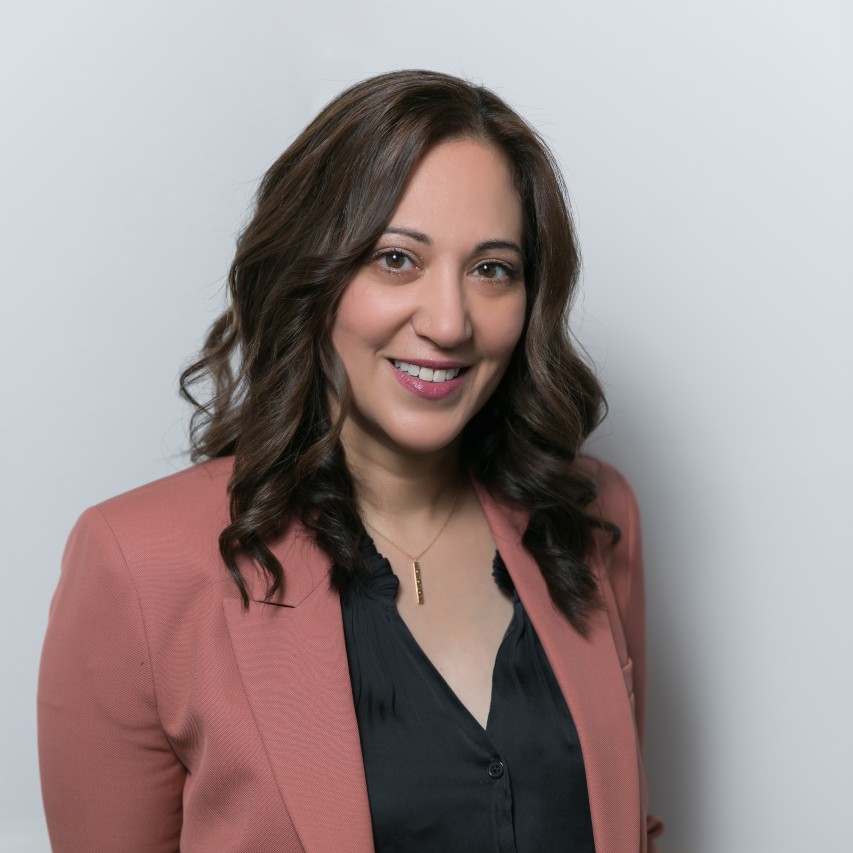

Memorable quote
"I would advise the next generation of women physicians to seek mentors early in their careers. Both women physicians and male allies are important to building a professional support system and advice counsel that can empower you for years to come."
Who has inspired you in your career?
Many strong women role models have inspired me in my career. From witnessing my mother's experiences balancing a young family while completing her PhD at Western University to observing similar balancing acts by preceptors in residency training, many have left an indelible mark on me. Specifically in recent years, Drs. Cathy Morris and Margo Mountjoy, our two regional deans at the Waterloo Regional Campus, Michael G. DeGroote School of Medicine, McMaster University, have inspired me with their collaborative leadership styles, academic output, and mentorship of women leaders.
Do you have an unforgettable memory or story?
Submitted by one of her colleagues: Dr. Sharon Bal held the community lead role for the COVID-19 Response for Waterloo Wellington since the onset of the pandemic in March 2020. As the COVID response lead for Ontario Health in WW, Sharon works closely with her triad co-leads Dr. Hsiu-Li Wang, Public Health Lead and Lee Fairclough, Hospital Lead. Sharon is a thorough and attentive leader, and she has adeptly helped guide the Waterloo Wellington health-care system through the most difficult two years in recent health system history. Sharon and her community partners ensure proactivity in planning for testing, vaccinations, support for congregate care settings, and service resumption. What makes Sharon truly exceptional is her ability to respond to challenging circumstances skillfully, and always with kindness and compassion.
During the second wave of COVID-19, when Ontario saw a significant number of Long-Term Care and Retirement Home outbreaks, the COVID Response Triad and Ontario Health Teams offered support to local homes in the areas of testing, infection control, PPE, staffing, and leadership. In one particularly alarming situation, an unlicensed and unregulated home saw nearly all residents become infected with COVID-19, as well as the majority of staff. Sharon was leading an outbreak management call with the home on a late Sunday afternoon, during which time it was discovered that there was only one unaffected staff member left in the home and she was about to end her shift. There was no one scheduled until much later that evening, and the residents would be left with no dinner served or care available on-site. Knowing that these residents rely on around-the-clock care, Sharon and a small team went the home, with Sharon performing assessments on the residents in her capacity as a primary care physician. The home was an older Victorian-style home, with narrow hallways and stairwells, and many corners and hidden rooms. The team went room to room, checking on residents’ wellness, offering meat pie or quiche, and juice. In one memorable instance, Sharon went into a resident’s room to help a patient who required some medication. She crushed the pills into some applesauce and spoon-fed this woman, who was so appreciative that she was there.
Throughout the countless challenges and complications posed by the pandemic, Sharon has never lost sight of her calling: to put patient care first and foremost. Sharon works tirelessly with clinical leaders in the community to support patient access to care for over 3.4 million patients in the Ontario Health West region. She has collaborated with the eHealth Centre of Excellence and the Partnering for Quality team as one of the clinical champions and was able to rally over 450 primary care clinicians to use one virtual care platform to triage and assess patients with COVID-19 symptoms in the first few months of the pandemic. This initiative won a Bright Lights Award for Integrated Care and Community Response from the Association of Family Health Teams and would not have been possible without Sharon’s support. She is a mentor to many and an inspiration to all and deserves every recognition.
What advice would you give to the next generation of women physicians?
I would advise the next generation of women physicians to seek mentors early in their careers. Both women physicians and male allies are important to building a professional support system and advice counsel that can empower you for years to come. Safe and trusted relationships are essential for both personal and professional development, and are absolutely worth the time it takes to invest in them!
Biography
Dr. Sharon Bal completed her medical training at the University of Toronto and her family medicine residency at the University of Ottawa. Today, she is the primary care physician lead for the Region of Waterloo COVID-19 Vaccine Distribution Taskforce, co-lead of the Waterloo Wellington COVID Response Triad for the Ontario Health West Region, and member of the Pediatric Taskforce (COVID) for Ontario Health (West Region). Since 2006, she has served as the lead physician for the Delta Coronation Family Health Organization, and since 2008, she has been an Assistant Clinical Professor at McMaster University.
Dr. Bal is co-chair of OMA Women, and co-chair of the Quality Working Group as well as a member of the Steering Committee and the Joint Board Committee for the Cambridge-North Dumfries Ontario Health Team. Dr. Bal has been the recipient of many awards including the OMA Glenn Sawyer Service Award (2021) and the CPSO Council Award (2021).
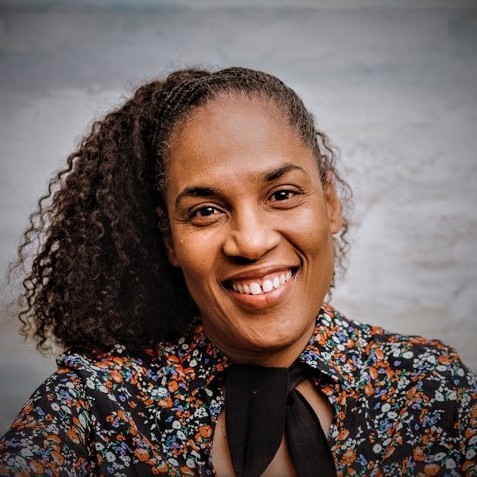

Memorable quote
"My advice is even if you are held back and knocked down 100 times, don’t just lie there and give up, get up, brush off the dirt and keep on believing and running for the change you want."
What are some of your greatest achievements?
I feel privileged to have had an outstanding career in my home country and despite starting over later in life in Canada, I feel incredibly blessed to be given a second chance to achieve success and make outstanding contributions to the health of children - provincially, nationally and internationally. To be a role model for female students and my daughters means the world to me because it means I can inspire the next generation.
Who has inspired you in your career?
I am inspired by the children and families I serve and the learners I teach. The teacher and physician I have become, I owe to my parents who modelled a life of selfless service as well as numerous mentors throughout my training. However, my husband and children through their continued love and support provide me with the fuel I need to keep going and my faith remains the foundation of my strength and resilience and infuses me to conquer every difficulty, inspiring me to be the best that I can be.
Do you have an unforgettable memory or story?
Yes, I have numerous, it is to be a part of the canvas of so many lives of special children and families that have faced life-threatening infections. I have witnessed unexplained miracles that defy medical science and feel privileged to have been a part of the medical team observing every one of those precious miracles. I was a part of the medical team that helped to save the life of a critically ill neonate whose diagnosis challenged doctors for a few weeks. Although no one on the team had ever seen a neonate with this condition, our ID team was able to collate the important aspects of history and examination and investigations and successfully lead the team to the correct microbiological diagnosis just in the nick of time allowing appropriate treatment to be initiated ahead of a potentially fatal outcome. This was the first case of neonatal legionellosis reported in Canada (CMAJ October 23, 2017, 189 (42) E1311-E1313; DOI) and made news across the world; we had several interviews but more importantly, the report created an opportunity for learning and reviewing policies and developing protocols for water births to reduce unwanted outcomes.
Have you experienced a challenge specific to women physicians? What advice would you provide for overcoming these challenges?
Yes, women physicians are more likely to be underpaid, less likely to be promoted or recognized and have to work much harder than their male peers. Female doctors of colour face even bigger hurdles navigating the male-dominated research world, and unfortunately also may run into obstacles even from female peers. The recent focus on equity diversity and inclusivity within research promises long-awaited change. My advice is even if you are held back and knocked down 100 times, don’t just lie there and give up, get up, brush off the dirt, and keep on believing and running for the change you want …. Preserve your attitude, focus on your goals, keep on believing and reaching for excellence. Don’t get bitter, get better.
What advice would you give to the next generation of women physicians?
Although we must face the reality that we practice medicine in a man’s world and currently have to work ten times harder than our male peers, we must not second guess or stop believing in ourselves and our capabilities to be the absolute best in whatever we do. While we advocate and wait for needed change, we must not give in or give up but demonstrate resilience, actively becoming the change we want to see, and trail-blazing a path for the next generation of female physicians. Finally, do what you love and love what you do!
Biography
Dr. Michelle Barton-Forbes is the chief of infectious diseases at the Children’s Hospital of Western Ontario, London Health Sciences Centre. At a national level, she sits on the Canadian Paediatric Infectious Disease and Immunization Committee and is actively involved in developing guidelines for the management of infections in children. She is an associate professor at Western University, London Ont. Since leaving the University of West Indies where she served as faculty she completed her fellowship training at The Hospital for Sick Children in infectious diseases subspecializing in transplant and immunocompromised infectious diseases and also completed her Masters in epidemiology at the University of Toronto. She is an experienced clinician with superb bedside manners and exudes warmth and wisdom, loved by her patients as well as her students and respected by her colleagues. As the recipient of several teaching and leadership awards, she is a role model and mentor for students and an inspiration to female students as well as students of colour.
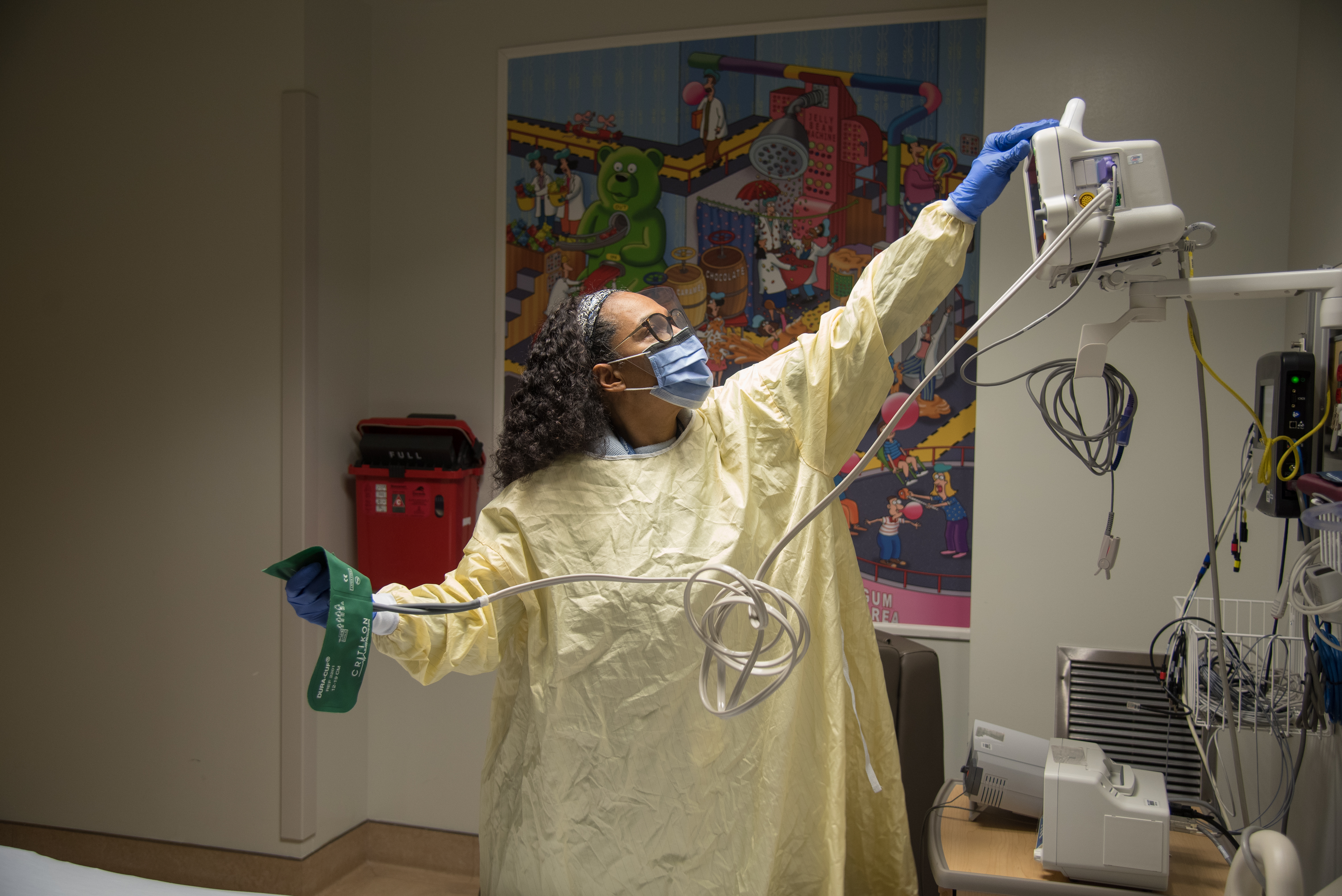
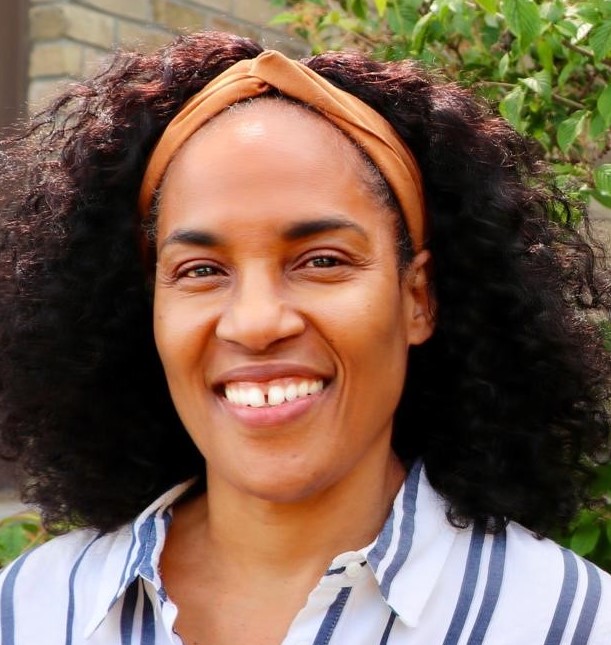
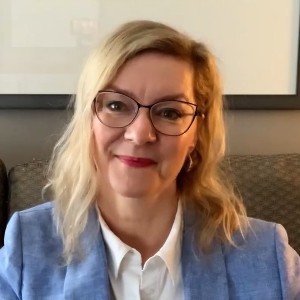

Memorable quote
“In medicine, we tend to have very linear career paths and specific milestones that we need to accomplish along those career paths. And while I think that goals are important, I think that if we lock ourselves into these linear career paths, it can sometimes be too limiting. So I encourage people to really explore all the opportunities available to them that may not be sitting on that linear career path.”
Biography
Dr. Lisa Calder is CEO of the Canadian Medical Protective Association, board chair of Saegis, the CMPA’s subsidiary, and an associate professor at the University of Ottawa. An award-winning emergency physician, researcher, and teacher, with over 80 publications in patient safety, and expertise in analytics, Dr. Calder is committed to improving health care for Canadian physicians and patients.
Prior to becoming CEO at the CMPA, she worked as an emergency physician at the Ottawa Hospital, a scientist and affiliate Investigator at the Ottawa Hospital Research Institute, and director of medical care analytics at the CMPA. Dr. Calder has a MD'00 from Western University and an MSc’07, Epidemiology from the University of Ottawa.
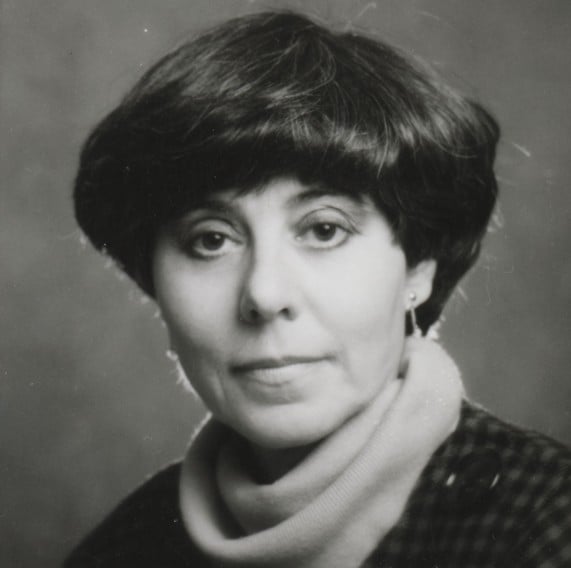

Memorable quote
"I want the current generation of medical students to believe very strongly in equality, inclusiveness and diversity. I encourage them to advocate against and to confront discrimination or harassment they encounter and challenge any injustices."
What are some of your greatest achievements?
That's an interesting question. When they screened my documentary, The Gender Lady that was a common question. But I really can't answer that with one single, greatest achievement. There were many. I'm happy with the way my career went. Receiving the Order of Canada was definitely a great accomplishment in my career.
Who has inspired you in your career?
Initially, my parents inspired me. They were very interested in my education and my career. But it was more of an implicit inspiration from my parents rather than explicit. I didn't really have any role models. I just knew I always wanted to be a doctor.
Do you have an unforgettable memory or story?
There are a number of stories so it's hard for me to share one single one. Being inducted into the Medical Hall of Fame and receiving the Order of Canada as recognition for the work I did was for me the biggest thrill, I guess. That's besides getting married which was I suppose the best decision I made with my particularly wonderful husband, Dr. Gerry Cohen. Seeing all of the names and faces on the Women Leaders Memory Project webpage brings back good memories. Dr. Joan Bain was one of my classmates. Dr. Carol Guzman was a great mentor. She was one of the physicians who recruited me. I remember Dr. Bette Stephenson was in her final year of medicine and I was a young student. She was amazing because she also had six children. I’ve met Dr. Clover Hemans. She’s wonderful to work with as well. You can read more about my experiences in McMaster University article May Cohen, a pioneering doctor for women’s rights, donates her papers to McMaster.
Have you experienced a challenge specific to women physicians? What advice would you provide for overcoming these challenges?
I experienced sexism as a female medical student in the 1950s. We were definitely a minority. On the first day, the dean came and spoke to us and said, "Make sure you shave every day and wear a tie," which of course didn't apply to us. We were put into clinics and all 14 women were all in one clinic because they didn’t allow us to do clinical work with male students. The clinic groups normally had 10 students, but we had four more than any other group simply because we couldn’t be with men. But once I was in practice, I didn't really face challenges like some other women physicians.
What advice would you give to the next generation of women physicians?
I would tell them that medicine is a wonderful field to pursue. I want the current generation of medical students to believe very strongly in equality, inclusiveness and diversity. I would encourage them to advocate against and to confront any discrimination or harassment they encounter and challenge any injustices. Secondly, I want them to be very good physicians who can establish their credibility.
Biography
Dr. Cohen’s parents were Jewish émigrés to Canada from eastern Europe in the 1920’s. When May Cohen entered medical school in Toronto in the 1950’s, practising medicine was a male preserve. Very few women thought of becoming doctors; fewer still imagined both having a career and also having children.
After graduating from the University of Toronto's Faculty of Medicine, Dr. Cohen practiced as a family physician in Toronto for 20 years.
In 1969, significant changes in abortion laws made abortion legal in a hospital only if a committee of three physicians determined that continuing the pregnancy would endanger the mother’s life or health. At the time the change was highly contentious, and many pro-choice physicians and abortion providers were targeted in violent hate crimes. Despite the risk to herself, Dr. Cohen joined the abortion decision committee at Branson Hospital in Toronto and tirelessly fought for access to legal and safe abortion for women across Canada.
In 1977, she began teaching and practicing family medicine at McMaster University. She and her husband, Dr. Gerry Cohen, were pioneers in teaching medical students and family physicians about healthy sexual practices and eliminating sexual taboos and gender stereotyping.
In the late 1980s, she became a part of a task force run by the Canadian Medical Association centered on reproductive technology. During this time, she was also a member of the OMA Women’s Issues Committee. She helped to identify weaknesses in the curricula of every medical school in Ontario. The findings of the Women's Issues Committee sparked the creation of the Women’s Health Office, for which she was the founding chair and the Gender Issues Committee at McMaster University. The first of its kind in any Canadian medical school, the Women’s Health Office sought to educate and raise awareness of diseases that affected women differently, whether in prevalence, prognosis or therapy.
Dr. Cohen also advocated for the meaningful inclusion of women’s health in medical school curricula, LGBT rights, and for the equitable involvement of women doctors throughout the health sector.
From 1990 to 1991, she served as the president of the Federation of Medical Women in Canada. She was also the associate dean of Health Services at McMaster University from 1991 to 1996.
May and Gerry raised three children. They also welcomed literally thousands of medical students and young physicians into their home over the years, as an unusual act of fellowship, inspiration and role-modelling.
Among her many awards of recognition, Dr. Cohen is an OMA Life Member (1987), a recipient of the Governor General’s Award (1996), an inductee into the Canadian Medical Hall of Fame (2016) was named an Officer to the Order of Canada (2017).
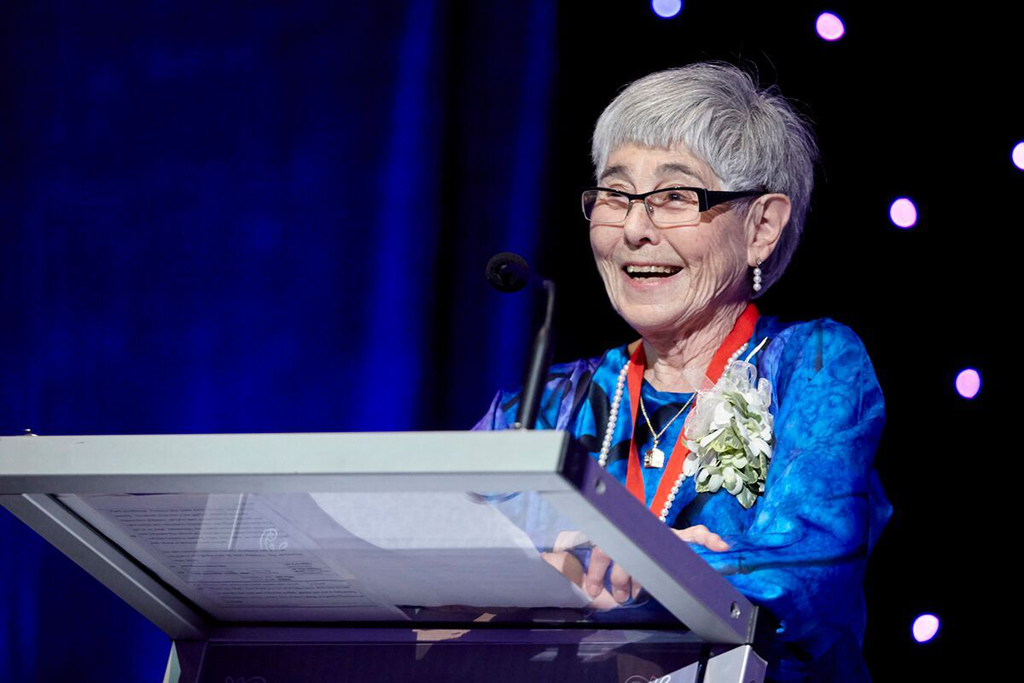
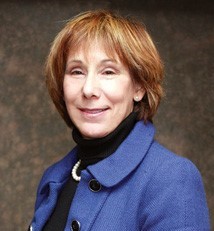

Memorable quote
"The greatest challenge to women wishing to have system wide impact through leadership roles is the need for mentorship and networking."
What are some of your greatest achievements?
Women’s College Hospital was established at the turn of the century as a hospital for women physicians who were not given privileges at the other Toronto hospitals. Both men and women were cared for at WCH and when I joined WCH as physician-in-chief in 1991, the focus of the hospital was in Obstetrics and Family Practice. Through a broad and inclusive strategic planning process, the Department of Medicine adopted a vision to develop a focus on Women’s Health.
Over the next years, our teams developed novel clinical and academic programs including the women’s cardiovascular program, the multidisciplinary osteoporosis program, breast cancer genetics, gender and airways, wound care, obstetrical medicine and the Centre for Integrated Diabetes Care. These programs have continued to thrive, despite some very challenging times, and now serve as models for women’s health programs that have been established elsewhere. The establishment of the Centre for Research in Women’s Health and serving as its first board chair was the ultimate achievement that consolidated the clinical work into a proper academic enterprise
Who has inspired you in your career?
I have learned most from those who probably would not be considered mentors today. As the only woman physician-in-chief in the Department of Medicine at the University of Toronto, I was constantly amazed at how my input was dismissed, if it was acknowledged at all. I learned that any impact could only be had through one of my male colleagues and this skill had to be developed.
The inspiration for my career has come from a health-care colleague and friend, Patricia Stoddard, who was the vice-president of medicine and surgery on my recruitment to WCH but who I had known in her previous role as nursing director of the Intensive Care Unit at MSH. It was Patricia who had the skills and network to enable the realization of the vision of the medicine programs at WCH. She has gone to play leadership roles in many other health care related fields and constantly reminds me of the need for partnership and passion and professionalism in whatever we do.
Do you have an unforgettable memory or story?
In 1991, as we were developing the Women’s Health vision in the Department of Medicine at WCH, I had a meeting with members of the newly established Osteoporosis Society. They asked me “why does WCH look after women when they are young and having babies…. what about as women age… what about osteoporosis?” And so, we developed the multidisciplinary osteoporosis program and many other novel programs in women’s health. The board chair of WCH at that time questioned why resources should be going into this novel program when the focus for the organization was on obstetrics and the Neonatal Intensive Care Unit. Following the temporary merger with Sunnybrook Hospital in 1999, the obstetrics and NICU programs were transferred away from WCH. I continue to believe that the survival of WCH over the next ten years would have been very precarious if it had not been for the women’s health programs that we had established.
Have you experienced a challenge specific to women physicians? What advice would you provide for overcoming these challenges?
The greatest challenge to women wishing to have a system-wide impact through leadership roles is the need for mentorship and networking. Neither existed for women physicians in the 1970s and 1980s and so the "glass ceiling” was lower and harder to move. With so many more women in medicine and with the incredible electronic networking that is available today, women should and have made major strides in assuming leadership roles.
What advice would you give to the next generation of women physicians?
There continue to be gender-specific challenges for women physicians, including appearance and professional style, family and health-related issues, access to opportunities and innate biases by both men and women. I am most interested, however, in the cognitive difference between men and women. The brains of men and women are ‘wired” differently. From fetal development, women have more connections between the right and left brain which gives them a more complex and broader view of events. Fewer connections in men, however, give them more focus. Many of the women who I have mentored have developed expertise in several areas without yet realizing that at some point they need to consolidate their knowledge and skills professionally. They need to develop a seat to hold together the legs of their stool. Once they do this, they can become more comfortable with their choices and more successful from a clinical and academic and personal perspective.
Biography
Dr. Anna Day is a professor in the Department of Medicine at the University of Toronto. She served as physician-in-chief, Women’s College Hospital and then Sunnybrook and Women’s College Health Sciences Centre from 1991 to 1999. She was the first physician leader to identify the need for a broader definition of women’s health, beyond the traditional obstetrics and gynecology. She then established novel women’s health programs in cardiovascular health, osteoporosis, breast cancer genetics, gender and airways conditions, wound care, obstetrical medicine and diabetes. She was the inaugural board chair of the Centre for Research in Women’s Health which today is the highly successful Women’s College Research Institute.
She is currently director of the gender and airways program at Women’s College Hospital where her clinical focus and research is in gender and pulmonary health, with a focus on both the psychosocial and biological factors contributing to gender differences in asthma and smoking-related pulmonary disease, and most recently, dysautonomia/connective tissue disorders.
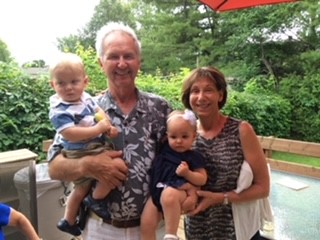
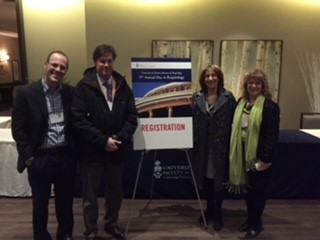
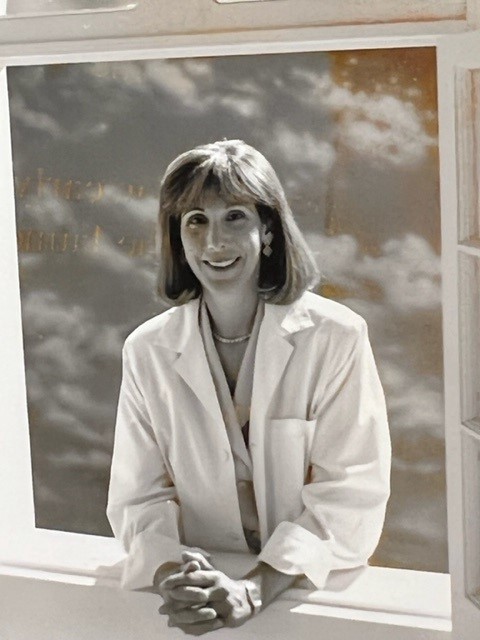
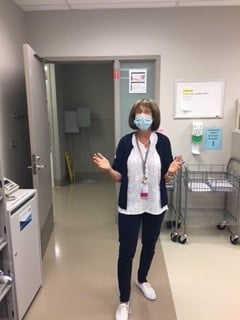
Memorable quote
"Even though you may be away from your family quite a lot make sure they are supported and always know they are loved."
What are some of your greatest achievements?
I think my greatest achievement is managing to combine a varied and busy career with raising a family and staying happily married. My children are all successful with children of their own and appear to have survived or thrived on my many absences. From a work point of view, I think my most exciting achievement was being involved with the Midwifery Task Force and watching the sometimes controversial recommendations become law.
Who has inspired you in your career?
My career was firstly inspired by my father and mother who encouraged me to apply to medical school. Then by my husband, who supported me in all the positions in which I was involved. I remember saying I did not think I would apply for the chief of staff position at Etobicoke because I probably would not get it. His reply: "You will never know if you don't apply". I was also influenced by some of the influential women physicians who were a little older than me such as Joan Bain and May Cohen.
Do you have an unforgettable memory or story?
Chairing my first council meeting at CPSO. I knew there were some members who were not happy to have me in the position and it was really intimidating sitting in front of all those physician and non-physician council members and keeping my cool.
Have you experienced a challenge specific to women physicians? What advice would you provide for overcoming these challenges?
The biggest challenge was undoubtedly getting my head around running a practice and having a family. I was one of very few women in my medical school class and the government paid for my tuition. To me, that meant I had an obligation to continue to practice medicine even when I had a family. This challenge was more in my head than in society. Nobody ever suggested I should give up my career when I had children. My advice would be to figure out how you can do both, tell the voice in your head to shut up and get on with your plan.
What advice would you give to the next generation of women physicians?
It is hard not to repeat myself here. Enjoy life both at work and at home. Even though you may be away from your family quite a lot make sure they are supported and always know they are loved.
Biography
Dr. Rachel E Edney was born and raised in England. Dr. Edney met her husband when attending St. Thomas’ Hospital Medical School. In 1970, they emigrated to a tiny village near Strathroy with two children in tow. At this time, Dr. Edney did not intend to work for a while. However, when the doctor in Watford was murdered, she was persuaded to take over his practice. In 1972, they moved to London, Ont. and Dr. Edney practiced until 1981. They had two more children.
While in London, Dr. Edney was asked if she would be interested in becoming more involved with the Ontario Chapter of the College of Family Physicians – thus beginning her involvement in “administrative” medicine. She joined the executive and eventually became president. During her presidency, there was an inquiry into the death of a baby delivered by a midwife. A task force was set up to recommend how to introduce licensed midwives into Ontario. Some years later, Dr. Edney was elected to the Council of the College of Physicians and Surgeons and eventually became the first woman president. During her presidency, she was involved in the Task Force on Sexual Abuse of Patients by Physicians.
While in Toronto, she had a practice in Mississauga and had privileges at Etobicoke hospital where she delivered many babies. When the chief of staff retired from his position, she was appointed as the next chief. Not long after, Etobicoke amalgamated with Brampton and Georgetown, and she became the deputy chief of William Osler Hospital. Near the end of her career, Dr. Edney went back to family practice, working in Kipling Acres Long Term Care. After retiring, she moved to her cottage in Huntsville.
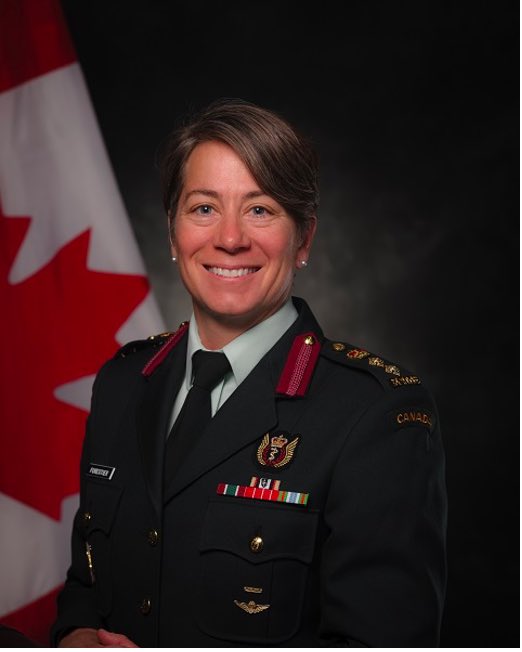

Memorable quote
"I’ve learned that it's important to understand your own personal leadership style, and to develop and strengthen it rather than trying to adopt a style that doesn't feel authentic."
What are some of your greatest achievements?
I feel very fortunate to be able to celebrate accomplishments, none of which would have been possible without the support and encouragement of many other people. I have had many roles; as a rural family medicine & emergency physician, military medical officer, flight surgeon, parachutist, student, teammate, mentor, mentee, friend, mother, sister and wife.
I think the achievements that stand out the most relate to my contributions to military medical training in the Canadian Armed Forces. In the early days of the Afghanistan conflict, I was able to contribute to the Tactical Combat Casualty Care training which was designed to better prepare our soldiers and medical technicians (the "paramedics" of the CAF) to manage life-threatening injuries on the battlefield. This was incredibly rewarding, especially knowing that the training helped save lives on the battlefield. I was also fortunate to be able to contribute over several years to the development of enhanced medical training for our special operations medical technicians as well as the CAF damage control surgical capability.
Since June 2020, as the director of health services operations during the COVID-19 pandemic, I have been privileged to lead an incredible team providing health services support to the Canadian Armed Forces at home and abroad. In that time, despite having limited resources, we have deployed hundreds of CAF health service personnel to support the Government of Canada in multiple provinces, while continuing to support the COVID-related challenges on our deployed operations around the world. In addition, we developed a vaccine roll-out plan that would ensure all CAF personnel, regardless of where they were located, would have access to the vaccine, achieving a >90% vaccination rate. While the COVID-19 waves kept coming, the CAF health services supported the CAF response to fires and floods in multiple provinces and territories while maintaining support on our deployed operations and training establishments. These last two years have been among the most challenging of my career and I am grateful to have been a part of such a hard-working, creative and committed team.
Who has inspired you in your career?
The list of those who have inspired and influenced my career is a long one. I've always felt that I can learn something from every person that I meet, no matter how and when they cross my path. I was inspired to go into medicine by my father, a now-retired orthopedic surgeon and to pursue family medicine by the many dedicated practitioners I met during medical school. The decision to join the Canadian Armed Forces was inspired by the sense of purpose and adventure displayed by my military colleagues during residency, and by my husband who was a reservist for many years. My Canadian Armed Forces career continues to be inspired by the many strong, dedicated, intelligent and thoughtful teammates who make me want to be better every day.
Do you have an unforgettable memory or story?
I once ate sushi while deployed in Sierra Leone.......only once.
Have you experienced a challenge specific to women physicians? What advice would you provide for overcoming these challenges?
Having worked as a physician in both the civilian system and as part of the military, I would say that the challenges are similar. Perhaps the most notable challenge is that both systems have been slow to recognize the value of different leadership styles, especially the styles more commonly demonstrated by women. In hindsight, I think this contributed to feeling like I wasn't ready for leadership roles, that my male colleagues were more suited to be leaders. Over time, as there is more recognition and value placed on different leadership styles, I have become more comfortable and confident with my own personal style of leadership and its effectiveness in the organizations in which I work. I’ve learned that it's important to understand your personal leadership style and to develop and strengthen it rather than trying to adopt a style that doesn't feel authentic.
What advice would you give to the next generation of women physicians?
Medicine as a career has been and continues to be, a privilege made richer by the people I've met along the way. It's a career that will and should evolve, looking different in your twentieth year of practice than it did in your fifth. Embrace the opportunities that medicine and health care provide; don't be afraid to take an unexpected turn, be true to your values and always keep a sense of humour.
Biography
Colonel Colleen Forestier enrolled in the Canadian Armed Forces in 2003 as a direct entry medical officer after working several years as a rural family physician in southern Alberta. She was first posted to Edmonton and later to Petawawa to the Canadian Special Operations Regiment. She has been employed in several medical advisory and staff positions including as the Command Surgeon for the Canadian Special Operations Command, as the senior Staff Officer for Medical Policy and Standards, as the Regional Surgeon for Joint Task Force Atlantic in Halifax, and as the Canadian Joint Operations Command Surgeon.
Since being promoted to Colonel, she has had the pleasure of serving as the Director of Mental Health (2017-2019) and since June 2020 has been the Director of Health Services Operations, coordinating the CAF Health Services support for CAF operations. In 2005/06 she deployed to Kandahar as part of the Provincial Reconstruction Team during Op ARCHER and in March 2015 she served as the Task Force Commander for Op SIRONA in Sierra Leone, the Canadian Armed Forces contribution to the fight against the Ebola Virus in West Africa.
Colonel Forestier completed her medical degree at the University of Western Ontario in 1996 and a Family Medicine Residency at the University of Calgary in 1998. In 2014, earned the Certificate of Special Competence Emergency Medicine and is a recent graduate of the Canadian Forces College National Security Program (2020). She holds both a Masters of Public Health and a Masters of Public Administration.
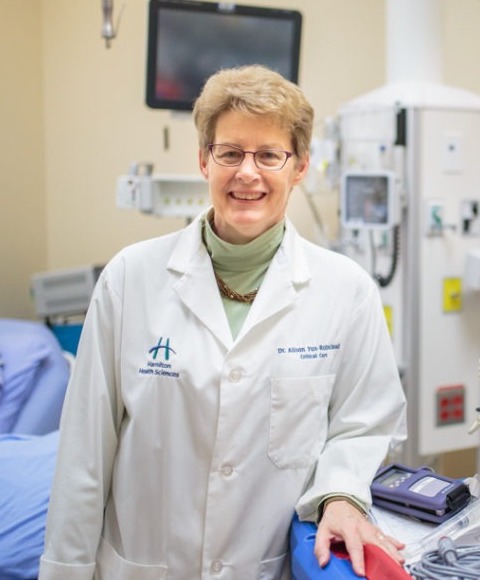

Memorable quote
"Be persistent. If you have a dream, find mentors to help you achieve your goals."
What are some of your greatest achievements?
Becoming scientific director of Sepsis Canada. Being recognized by the Global Sepsis Alliance for my leadership in sepsis both in Hamilton and nationally.
Who has inspired you in your career?
My mother was a great inspiration. She was an RN by clinical training, and after completing her BScN she went on to complete an MSc and then a PhD in gastrointestinal physiology. She inspired my love of science. My postdoctoral supervisor, Dr. Paul Kubes, at the University of Calgary, was my second inspiration. He took me into his lab when I thought my dreams of an academic career were over. He taught me how to be a great mentor and supervisor. Finally, I continue to be inspired by all the trainees who have come through my lab. Their curiosity and drive to learn keep me honest.
Have you experienced a challenge specific to women physicians? What advice would you provide for overcoming these challenges?
When I was pregnant with my second child during my research fellowship and on bed rest for a few weeks, some of my male mentors and supervisors could not understand why I did not use that time to write manuscripts. This was well before laptop computers and I also had a five-year-old daughter in our small apartment. My advice is first not to be afraid to have children during training. Secondly when you are carrying a child or caring for a child that still takes priority. Career issues may need to wait but that does not mean you will not succeed.
What advice would you give to the next generation of women physicians?
Be persistent. If you have a dream, find mentors to help you achieve your goals.
Biography
Dr. Alison Fox-Robichaud is professor of Medicine at McMaster University and a critical medicine specialist and director of Medical Education at Hamilton Health Sciences. She received an Honours BSc in Biology and Chemistry from the University of New Brunswick and her MSc in Medical Sciences at McMaster University. She completed her MD at the University of Ottawa followed by Internal Medicine, Critical Care and Postdoctoral training at the University of Calgary. She returned to McMaster as faculty in 2000.
Her research interests include the pathophysiology of sepsis and how evidence is transferred into clinical care. She is the scientific director of Sepsis Canada, a Canadian Institutes of Health Research funded collaborative of more than 250 scientists, knowledge users, patients and carers, with broad goals to improve the diagnosis, treatment and recovery of Canadians with this serious illness. Her more than 125 peer-reviewed publications reflect a broad engagement in academic medicine. She was the first woman president of the Canadian Critical Care Society between 2015 and 2018 and is the inaugural president of the Canadian Sepsis Foundation. She is the immediate past chair of the Critical Care Examination board. She is an executive member of the Canadian Critical Care Translational Biology Group, a member of council of the World Federation of Intensive and Critical Care, and on the advisory council of the International Society of Rapid Response Systems. In 2015, she received a Leading Practice Award from Accreditation Canada for the integration of an electronic early warning score into the medical record. In 2018, the Global Sepsis Alliance awarded her an individual award for her sepsis leadership.
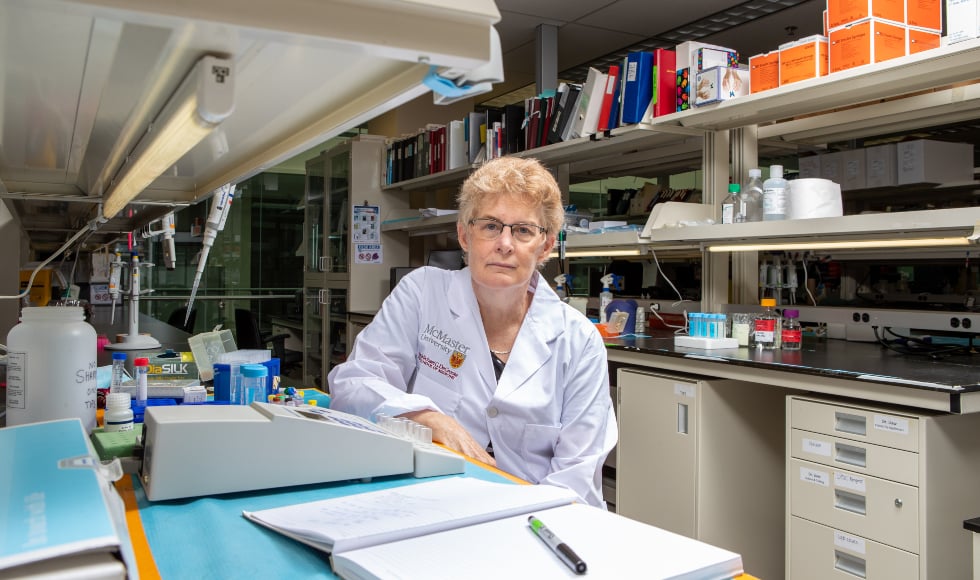
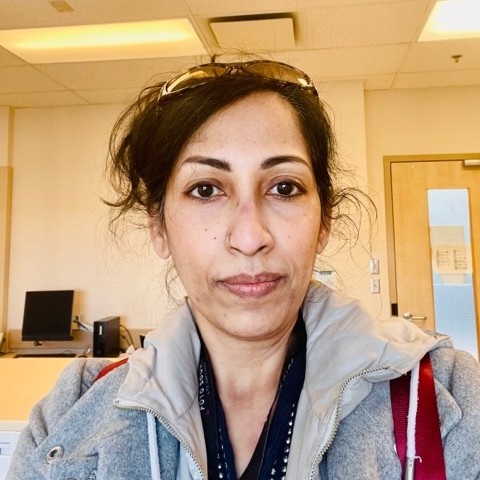

Memorable quote
"Never shy away from speaking up and follow your passion."
What are some of your greatest achievements?
1) I have had a passion for perioperative medicine. After years of working as a full-time staff, I am proud of being able to find the time to be able to go back to being a fellow to complete my perioperative medicine training. 2) The achievements as a hospital donation physician at GGH.
Who has inspired you in your career?
1) Dr. Carlos Petrozzi, one of the greatest internists I have ever known, hailed from South America and mentored me in MSU; 2) Many great physician mentors at the department of critical care medicine at Sunnybrook Health Sciences (too many to cite).
Do you have an unforgettable memory or story?
During my third year of residency when I was also the chief resident, I was managing my three-year-old son as a single mother (my husband stayed in Canada). Unfortunately, around the same time, my mother had leukemia and eventually passed away. There were nights when babysitters were not available. I cannot forget those nights when many of my friends (residents who came from several different countries around the world) would often take turns to help me out. I couldn't have succeeded without each one of them being there for me.
Have you experienced a challenge specific to women physicians? What advice would you provide for overcoming these challenges?
I still find women physicians, especially women of colour, have their capabilities underestimated, especially with leadership roles. This is a systematic challenge and changes have to be undertaken at the grassroots level.
What advice would you give to the next generation of women physicians?
1) Never shy away from speaking up; 2) Follow your passion
Biography
Dr. Ganapathy obtained her medical degree from Dr. MGR Medical University in Chennai, India. She started working as an echo technologist while giving her Canadian and American exams for residency. Subsequently, she went on to do her residency training in internal medicine from Michigan State University followed by a fellowship in critical care medicine (clinical) from the University of Toronto and a perioperative medicine training at Mcmaster University. She also holds a certification in adult echocardiography by the American Registry of Diagnostic Cardiac Sonography.
Dr. Ganapathy currently works as an intensivist/internist at Guelph General Hospital and an internist at William Osler Health System. Dr. Ganapathy is also an adjunct faculty with McMaster university, department of medicine and a hospital donation physician with Trillium Gift of Life.
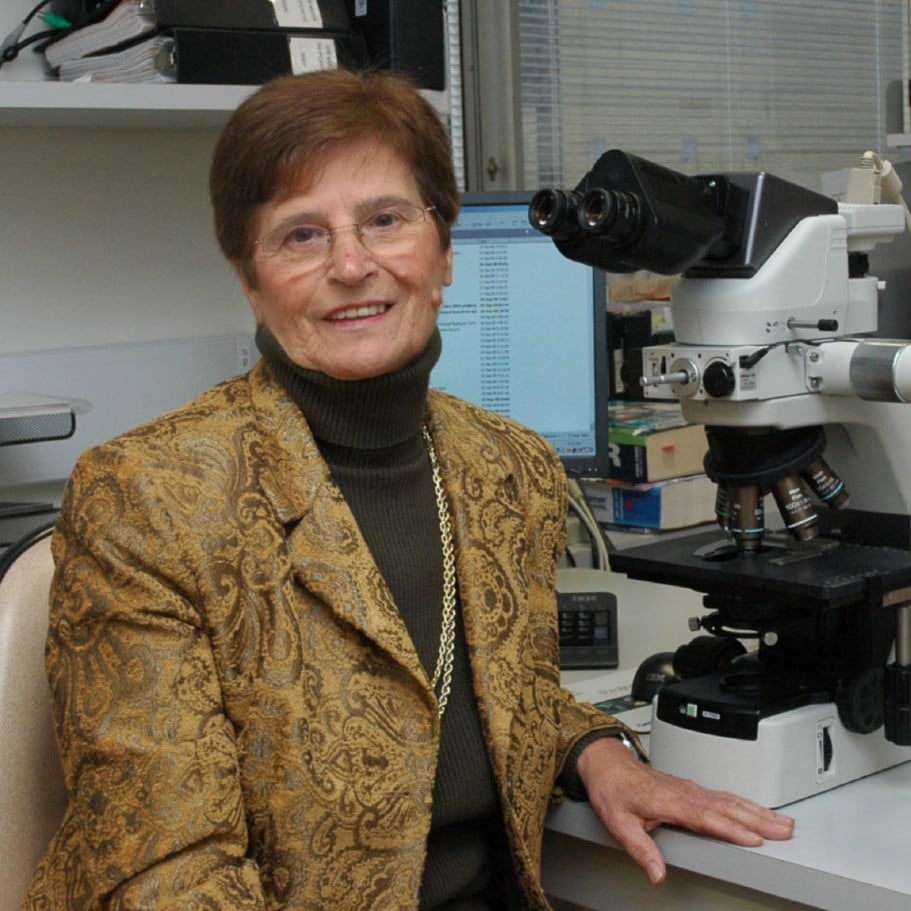

Memorable quote
"Medicine is no longer a male purview and, although there will always be gender differences, women are now fully integrated. So choose whatever you want to do and enjoy the wonderful career you have chosen."
What are some of your greatest achievements?
I spent many years as a clinical hematologist, focusing on coagulation disorders. I was the director of the Department of Laboratory Medicine, chief of the Division of Hematology, deputy chief of Medicine at St. Michael’s Hospital and the first female chief of staff at that institution.
I was the chairperson of the Provincial Advisory Committee on AIDS during a period of intense activity. I led the development of St. Michael’s AIDS clinic, one of the city’s first palliative care units, and the establishment of the first adult Hemophilia Comprehensive Care Centre in Toronto, which has grown into the largest such centre in Canada. I was for many years the medical director of a twinning program with Jordan sponsored by the World Federation of Hemophilia, working extensively with physicians, lay organizations and government and was personally recognized by the King of Jordan for my efforts. I have lectured extensively throughout Jordan and in the Middle East and elsewhere. I have over 100 papers in peer-reviewed journals, and have sat on and chaired many advisory committees at both the national and international levels, including the board of directors of the Canadian Blood Services and the Federal Advisory Committee on Blood Regulation and served on over 70 hospital and university committees.
In addition, I have chaired several review committees for the National Institutes of Health (NIH) and reviewed and chaired more than 100 site visits for large research grants for the Heart, Lung and Blood Institute of the NIH and was the first Canadian to chair a major research review committee for them.
Who has inspired you in your career?
Although during my career many people have inspired me, these have changed as I have grown in the profession. Like most physicians, however, my greatest inspirations have come from my patients. Early in my career, as a resident, I was sent to see a little boy, two or three years old, who had acute leukemia, a disease not well treated at that time, who also had recurrent otitis media. When I walked into the room he looked up at me with sad eyes and said “fix my ears doctor”. I have never forgotten him. He has been my inspiration many times. When I am tired or impatient he reminds me how much our patients need us and how much faith they put in us.
Do you have an unforgettable memory or story?
Part of my postgraduate training was as a National Institutes of Health fellow in Washington, DC. I was assigned to Walter Reed Army Medical Center where they had a modern laboratory and advanced coagulation research. The people I worked with were young physicians who had been drafted and assigned to Walter Reed instead of a combat mission; they were some of the top young physicians in the country. When I was leaving after a very successful year, they gave me a presentation and certificate of discharge designating me as “the most outstanding personage in the following categories: Alien, Civilian, Female”. It hangs below my Royal College certificate and never fails to amuse me when people look at it and don’t know what to say. I also have good memories of meeting the King of Jordan and being thanked for my efforts over many years for improving the health of hemophiliacs in his country.
Have you experienced a challenge specific to women physicians? What advice would you provide for overcoming these challenges?
I was fortunate to spend three years training in the United States during the period of affirmative action when women were frequently sought out and promoted. It was not the same in Canada at that time and I found it a bit of a shock when I returned. For example, when I was told by the University of Toronto that, being a woman, I was not entitled to the university pension and its benefits that were allotted to the men in the same academic rank and position. Fortunately, two to three years later the policy was changed and this was corrected. I might note that for fifteen years I was the only female physician in the Department of Medicine at St. Michael’s Hospital. As advice to young female physicians and trainees that many women led the way for recognition of women in the profession and the battle is won. Medicine is no longer a male purview and, although there will always be gender differences, women are now fully integrated. So choose whatever you want to do and enjoy the wonderful career you have chosen.
Biography
I was educated in a one-room schoolhouse in Mono Mills, Ont. Following a BSc degree, I graduated in medicine from the University of Ottawa in 1960, doing internship and residency training in Internal Medicine at the University of Toronto. Having obtained my fellowship in Internal Medicine from the Royal College of Physicians and Surgeons of Canada in 1965, I then trained in hematology and coagulation at Tufts New England Medical Centre in Boston and Walter Reed Army Medical Centre in Washington, DC – my training funded by the NIH. I returned to St Michael’s Hospital and the University of Toronto in 1968 and I presently hold the rank of professor emeritus in Medicine and Laboratory Medicine and Pathobiology.
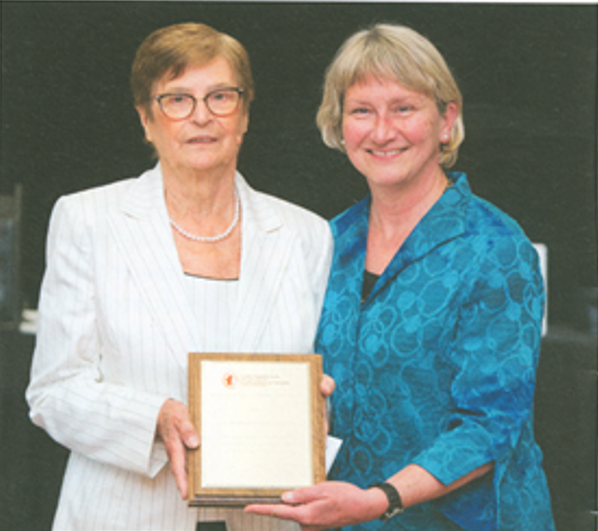
Dr. Garvey received an award from the Canadian Hemophilia Society
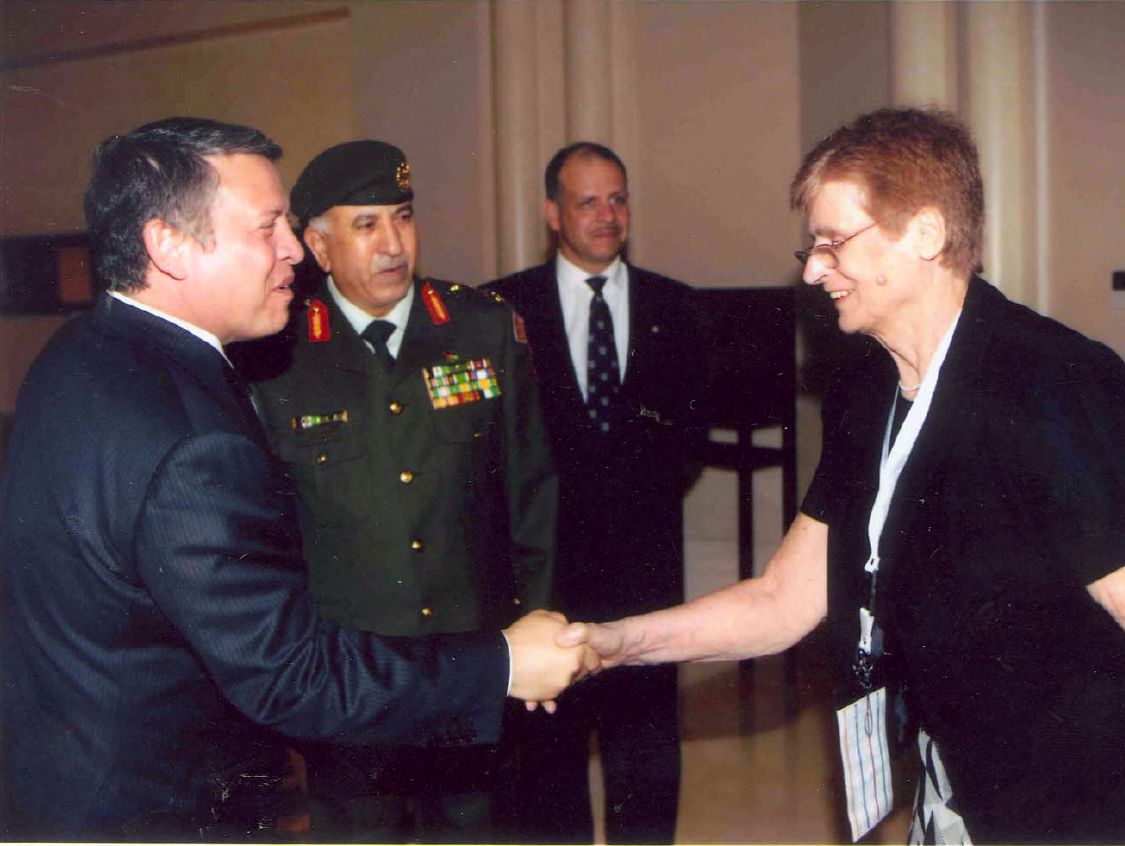
Dr. Garvey being presented to King Abdullah of Jordan
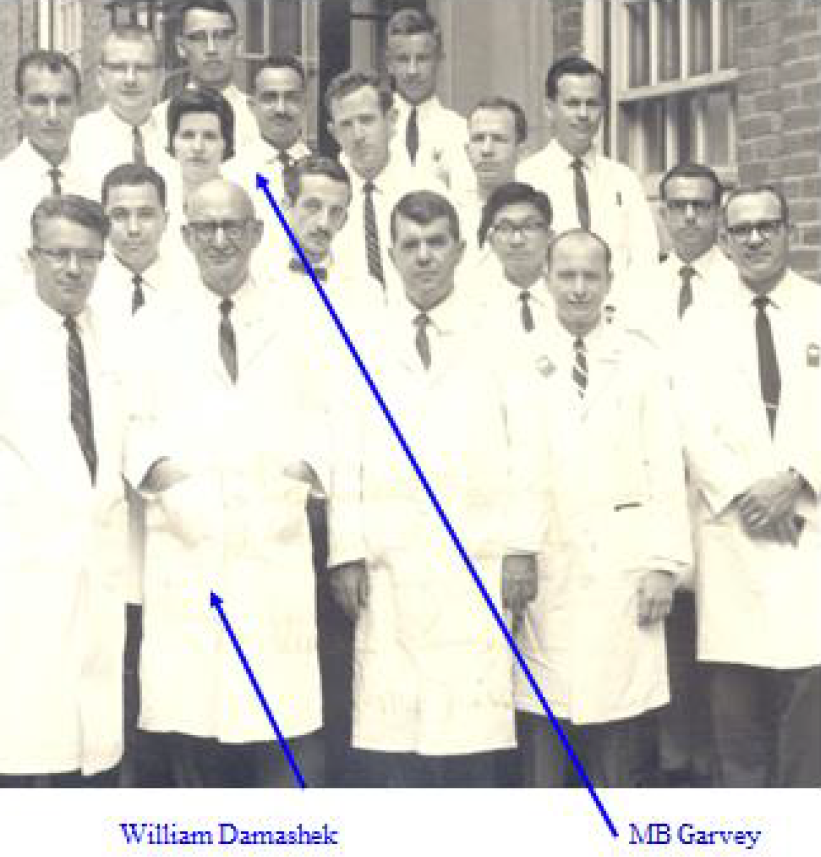
Trainees with the renowned Dr. Damashek in Boston (Dr. Garvey the lone woman)


Memorable quote
“Honour the women who came before you. What you will achieve can primarily be achieved because others advocated for the privileges that you now have.”
What are some of your greatest achievements?
I am most proud of the following achievements:- Raising awareness and advocacy for physician wellness. I have treated physicians in my psychiatric practice since 1990 and recognized the issues we face in our daily work. I created educational content, presented at Rounds and delivered keynote presentations at medical meetings internationally on this topic. I was the founding director of the University of Ottawa Faculty of Medicine Wellness Program, in 2000, the first of its kind at any medical school in the world. This program served as the template for the CMA Centre for Physician Health and Wellbeing, created in 2003, the first such program at any national medical organization. I worked with the Mayor of Ottawa to proclaim the first Physician Appreciation Day in 2002. This work paved the way for further advocacy, proclamations, and funding for research and new programs to address physician health.
- Facilitating physician leadership development. I chose to design, develop and deliver physician leadership courses since 1996, as a way to influence and address the system-level factors leading to physician stress and burnout.
- Developing women leaders in medicine. I recognized the gender leadership gap and made a commitment to diversity in medicine. I set up a national Think Tank to advance women in medicine, have created several courses and programs to help women colleagues gain confidence and critical leadership skills, connect to mentors, sponsors and coaches, and prepare for success in leadership roles.
Who has inspired you in your career?
I am constantly inspired by my mother. She was widowed at age 32 years, left to raise five daughters on her own, the youngest being five weeks old. She demonstrated courage, strength and resilience; and taught me and my sisters that we can do anything we want with passion and persistence.
Mahatma Gandhi’s leadership style as a visionary transformational leader has also been inspiring. He empowered people to do their best to make a difference, persist, and ‘be the change we want to be’. I am very grateful to my mentors and sponsors over the years. Although I risk leaving so many off the list, I do want to honour the impact of Drs. Vladimir Sistek, John Rassell, Michael Myers, Susan Swiggum, May Cohen, Jeff Turnbull, Chris Carruthers, Gillian Kernaghan, and Johny Van Aerde in encouraging, supporting and inspiring me.
Do you have an unforgettable memory or story?
I realized early in my training that health care did not support the health care of its health-care workers. In 1991, I was pregnant with twins, and in my final year of fellowship. My program director was focused on the impact on my fellow trainees and the need to cover my duties when I was away. I went into preterm labour at 28 weeks and was hospitalized after my labour was stopped in the emergency room. On a daily basis, I would restart labour in the morning, have to pack up my belongings, be officially discharged from the hospital, go to the emergency room to have the labour stopped, after which I was readmitted to yet another room in the hospital. At 33 weeks, I started to get itchy, appeared yellow. I soon developed chest pain and nausea. I had developed HEELP, and was quickly prepared for an emergency C-section. I recall a blurry memory of hordes of medical trainees coming through the OR to see my liver flap, as I tried to explain to the anesthesiologist how to remove my Indian earrings that had a screw-on back. Three days later, I emerged from a coma, relieved and thrilled to see my newborn sons. I felt that I was given a second chance, that I was meant to do more in this life.
I was informed by my program that I had to be back to work within six weeks. My abdominal wound had dehisced due to my low platelets count. Every morning, the public health nurse would come to my house to pack my wound. I would then head off to the hospital, racing through my day so that I would be home in time to have it repacked at the end of the afternoon. The following year, when I started to have the privilege of treating physician patients, I recognized that this is what I was meant to do – to advocate for the health of health-care workers!
Have you experienced a challenge specific to women physicians? What advice would you provide for overcoming these challenges?
I wish someone had told me about the challenges of being a woman in medicine, especially as a woman of colour. One thing that I commonly came up against as a resident was patients thinking that I am not the doctor. I would tell them that I am their doctor, and spend a lot of time listening to them, explaining what I think is the issue, and how I can help them, giving them comprehensive information about medication and other therapies, and deciding on the next step in the care plan. However, they would often ask, at the end of a 90-minute session, when they could speak to the doctor. Sometimes, they would tell me that they preferred a “real male doctor”. I was initially hurt by this dismissal. Then, I vowed to advocate for and change this.
I advise younger female colleagues to surround themselves with mentors and sponsors, men and women, who can support them. I encourage them to be confident, introduce themselves as the doctor and repeat the word ‘doctor’ several times, and even leave a card or write their name down on a piece of paper before leaving. I also help male colleagues and trainees step up as allies to give credit and clarify misassumptions.
What advice would you give to the next generation of women physicians?
Honour the women who came before you. What you will achieve can primarily be achieved because others advocated for the privileges that you now have.
You are amazing! You need to increase your level of confidence to match your level of competence.
Biography
Dr. Mamta Gautam, MD, MBA, FRCPC, CPDC, CCPE, CPE is an internationally renowned psychiatrist, consultant, certified coach, author and speaker. Focused on Professional Health and Well-being since 1990, she is a trailblazer in this field and is known as the “The Doctor’s Doctor”.
In the past 2 decades, she has expanded her work to include Leadership Development to better address system-level factors that impact the wellness of health-care workers. She has created podcasts and videos on these topics and authored articles, book chapters, and two international best-selling books. She brings this knowledge and expertise to PEAK MD, through which she delivers keynote presentations and workshops, consults to healthcare organizations and coaches senior medical leaders internationally.
Dr. Gautam is committed to advancing diversity in medicine and facilitating leadership development for women in medicine. She has developed and co-leads Momentum, a six-day retreat for women in medicine; and recently founded The Raft, an accredited online platform for leadership development, peer support and community for women physicians. She is the recipient of numerous prestigious awards for her innovative work to support and mentor her healthcare colleagues and has been awarded Distinguished Fellowships in both the Canadian and American Psychiatric Associations.
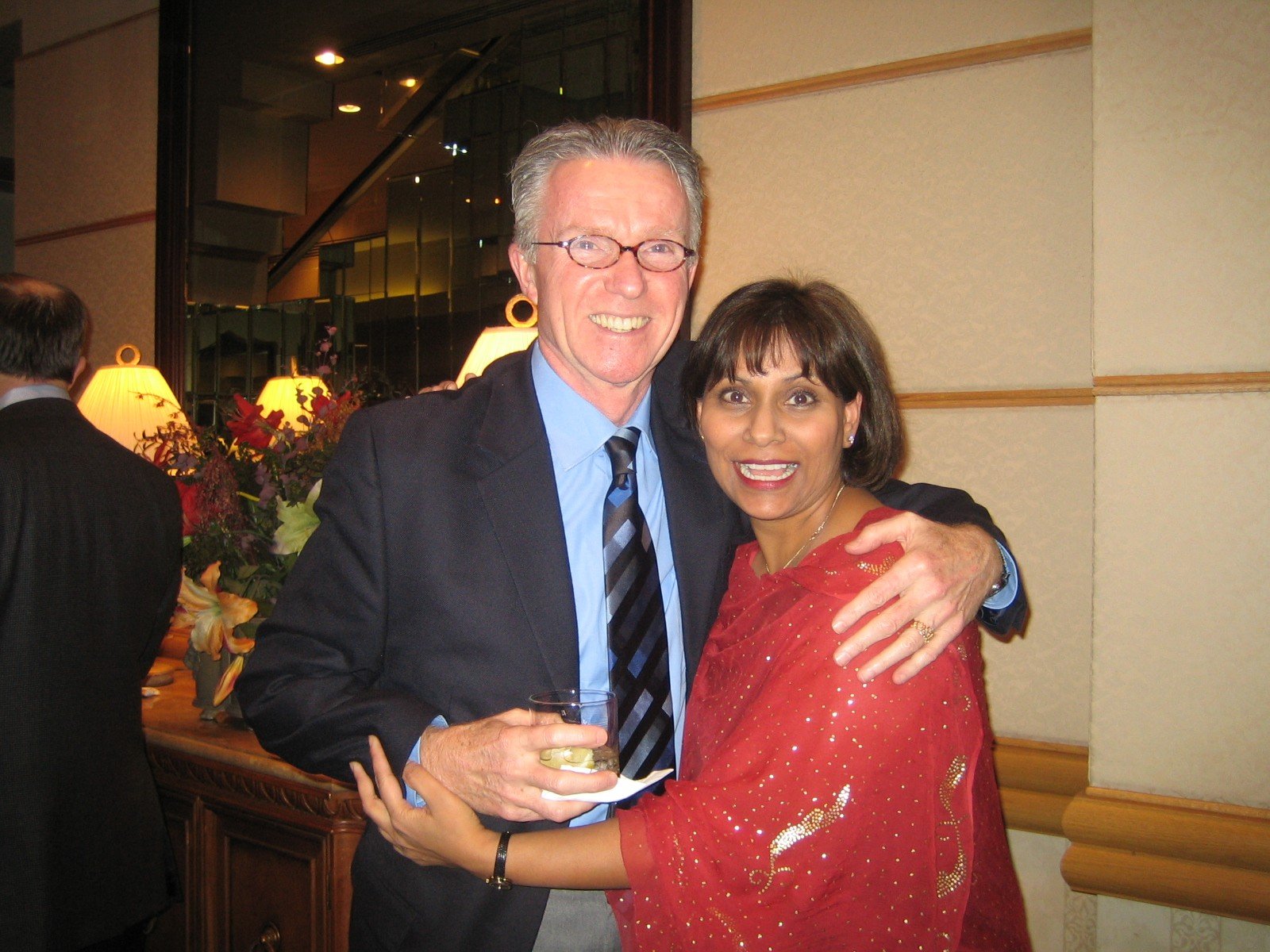
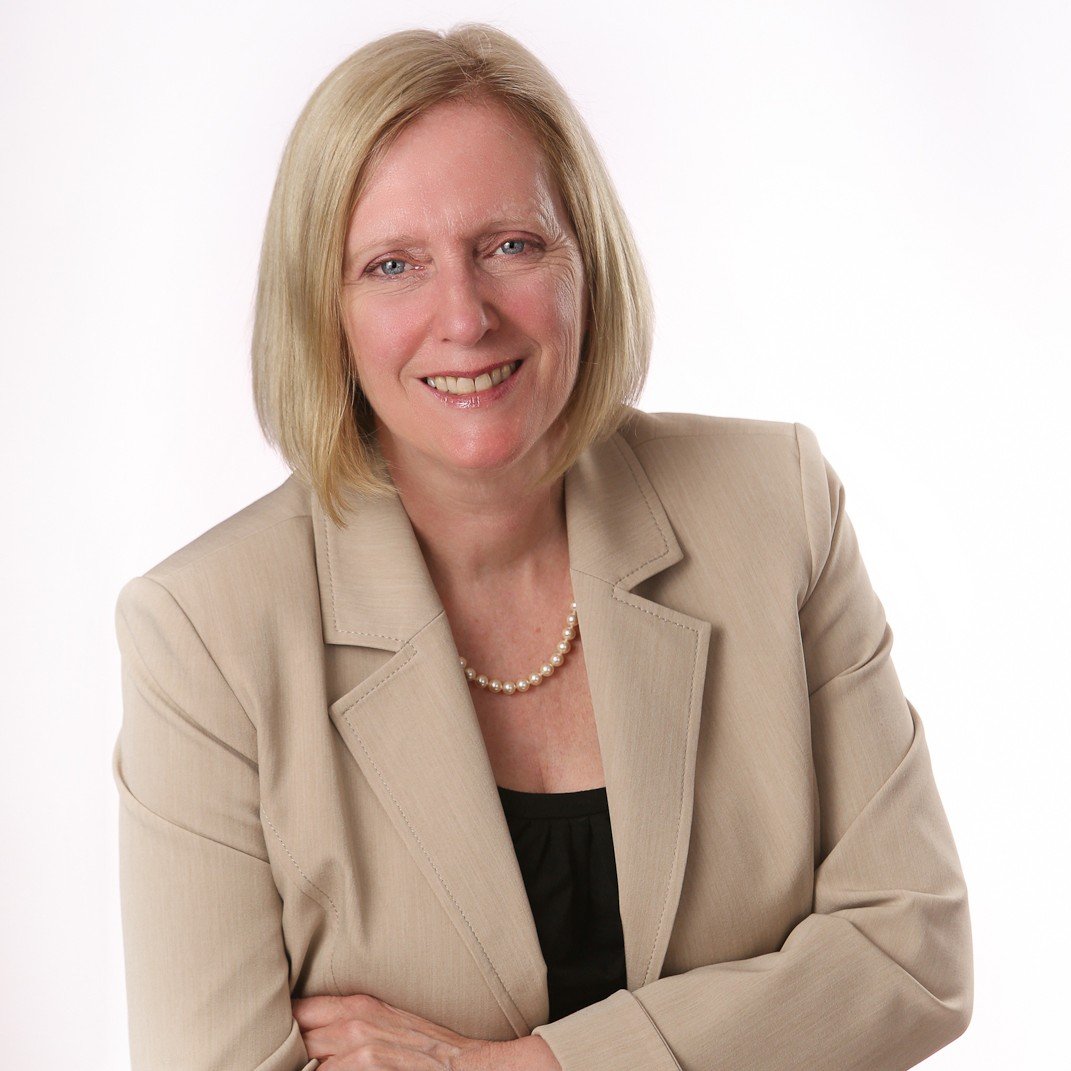

Memorable quote
"Attempt to balance your medical career so that you maintain your health and happiness."
What are some of your greatest achievements?
Received awards through Ontario Lung Association, Ontario Medical Association (Distinguished Service 2014), American Association of Physician Assistants and Canadian Association of Physician Assistants.
Who has inspired you in your career?
Dr. W. Keith Morgan taught me occupational respiratory medicine. My parents were supportive of my medical education
Do you have an unforgettable memory or story?
Taking my son on hospital rounds age of seven to visit a patient with a tracheostomy. My son stated to the patient "you are like me I have lost a tooth too." He did not even notice the person's trach.
Have you experienced a challenge specific to women physicians? What advice would you provide for overcoming these challenges?
Worked as an intensivist with two young children. On weekends they would accompany me to complete hospital rounds. The nurses were so supportive and had them downloading rhythm strips.
What advice would you give to the next generation of women physicians?
Attempt to balance your medical career so that you maintain your health and happiness. Organizational changes have to occur to reduce physician burnout.
Biography
Dr. Deborah Hellyer completed her MD and medical training in Internal/Respiratory Medicine at the University of Western Ontario, and her rotating internship St. Michaels Hospital in Toronto. She moved to Windsor in 1984 with her husband, Dr. Andrew Petrakos, and worked as an intensivist and respirologist for six years. She transferred to general respirology and occupational medicine, continuing hospital consultations and Respiratory Care Unit coverage, and then worked as medical director of the Pulmonary Rehabilitation Centre and Adjunct Professor at Schulich.
Today, she works at Hôtel-Dieu Grace Healthcare and is involved with hospital consults, office practice, and OHCOW. At the Essex County Medical Society, Dr. Hellyer served as president in 2000 and was involved in the initial development of the satellite medical school, and clinical education day. At the Ontario Medical Association, she was a member of the board of directors for 11 years (co-chair development of the Physician Assistants, Chair Bilateral Physician Human Resources, Negotiations committee). She was also on the Board of the Canadian Medical Association for six years.
Currently, she is a member of CPSO Council and Disciplinary Committee. Dr. Hellyer has two wonderful adult children, Gregory and Jennifer Petrakos, who have supported her through her life experiences. Her current areas of interest include ongoing education, travel, exercise and English Bulldogs (Bentley and Higgins).
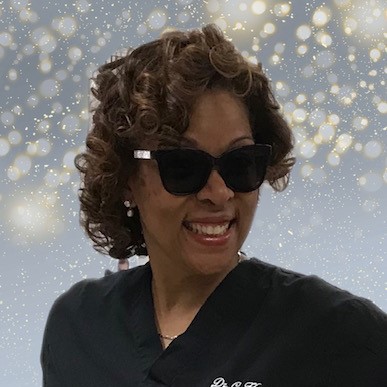

Memorable quote
"Find and value your trusted posse. Value self-reflection, identify and develop your strengths and play towards your passion, appreciate the value of mentorship and sponsorship and do it."
Who has inspired you in your career?
I’ve always wanted a career in health care. I initially wanted to be a nurse like many in my family— so I did. I then decided that I would continue on to medicine because I loved sports, so sports medicine was my choice when I first entered medical school.
What inspired me to take on leadership roles in medicine?
Dr. May Cohen had a major influence on me. She was a dynamic and well-respected professor during my residency. The other event that catapulted me into leadership was a sense that I’ve always had—that it is better to act to help fix things than to simply complain. One day while driving, I heard a very polarizing political statement about family physicians and I decided then and there that it was very wrong and I could stay silent no longer. That is how I became involved with the Ontario Medical Association. I also have had a lifelong interest in women’s health and empowerment. This naturally led me to join then lead organizations that advocate in this regard.
What advice would you give to the next generation of women physicians?
Value and respect yourself! Listen with curiosity, not ferocity. Speak up! Especially in advocacy for those whose voices are muffled. Stretch goals often lead to the most personal growth. Failure is simply an opportunity to learn, reflect and strategize…again. Find and value your trusted posse. Value self-reflection, identify and develop your strengths and play towards your passion, appreciate the value of mentorship and sponsorship and do it. Above all, recognize and have gratitude for the priceless gift that loving friends and family bestow upon you. They comfort and let you know that you are not alone. Never underestimate the value of acting locally while thinking globally. Small acts of kindness and compassion can mean more and return more than any one “big” thing.
Biography
I am a woman who believes in collaboration, diversity, equity and compassion to improve our lives and the complex system we live in.
I enjoy meeting people as much as I appreciate quietude. I am learning to accept with gratitude all the daily gifts I am given including my family, friends and loved ones.
I am passionate about health system amelioration, Quality Improvement and safe, dignified, compassionate patient care.
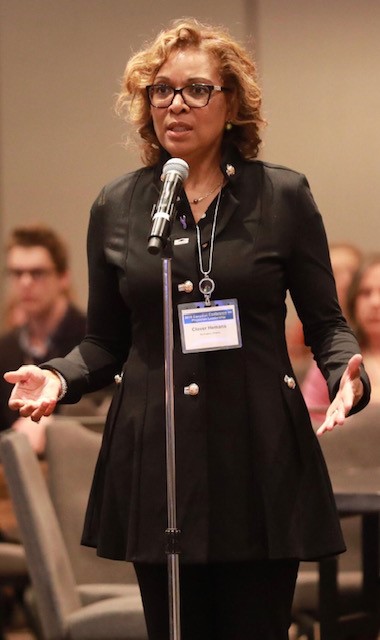
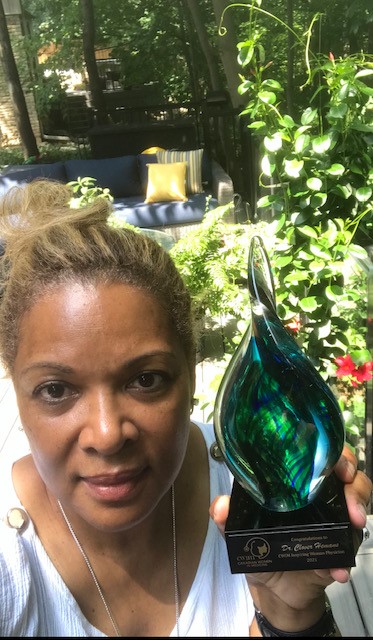
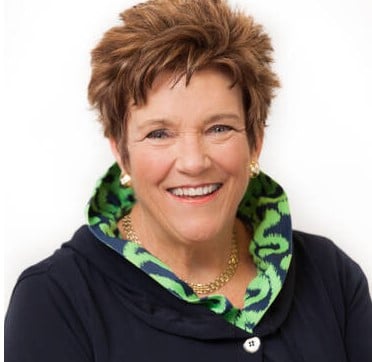

Memorable quote
"Be open to opportunity."
What are some of your greatest achievements?
Creating the Kawartha Centre - Redefining Healthy Aging; publishing with ROSA McGill University; being heavily involved in the development of 12 GAIN teams and Seniors Care Network in Central East; Working with AdVance National Committees and Conference Board of Canada on Dementia Diagnosis and Care There's Still Time; Creation and eight years as co-chair of the Peterborough Council on Aging and now having it integrated into municipal government operations; becoming an adjunct professor at Trent; presenting about GAIN teams at CCD Canadian Conference on Dementia 2019 Quebec City.
Who has inspired you in your career?
Dr. Vera Peters, my mother. She spent her career in radiotherapy, radiation oncology, at the Princess Margaret Hospital. Her work was internationally celebrated and created pivotal changes that forever altered the management of both lymphoma and breast cancer. These achievements are all the more impressive when one considers the era of these accomplishments, during a pre-computer, patriarchal world. Dr. Peters has been memorialized in many ways, her name is part of the Peters Boyd Academy for undergraduate medical students at U of T. She was honoured by the Donnelly Centre for Research Innovation where research innovator's sculptures adorn the foyer. Her image in the display in the medical school foyer at U of T and in the MARS innovation timeline speaks to the pivotal nature of her work. Last year she was one of six medical pioneers honoured on a Canadian Stamp Special issue.
Do you have an unforgettable memory or story?
The opportunity to relocate to a smaller community with three young children when my spouse Alan Ingram received a judicial appointment resulted in two new careers for me - a nationally syndicated columnist for Thomson newspapers and a health-care consultant for three national health care consulting firms - Agnew Peckham, Bay Consulting and Coopers and Lybrand. Health-care consulting assignments provided an opportunity to view, evaluate and support change in health-care systems in many communities across Canada. Working as a geriatric medicine peer assessor for the CPSO, afforded me a personal intimate opportunity to review the work of geriatric medicine colleagues across Ontario, and to assess new entrants seeking credentials in Ontario. These opportunities initially sought as an interim solution to no definable health-care supports for a young geriatrician other than in large academic centres became foundational experiences.
Have you experienced a challenge specific to women physicians? What advice would you provide for overcoming these challenges?
I was working at a community hospital to the west of Toronto on a film project which included guidance for all staff on how to deal with seniors in hospital. The filming was scheduled and all representative staff were very proud of their work. The CEO of the hospital, a former nurse, became worried about the potential to expose the wrong and right way to handle patient interactions, the premise of the video, that she sent a FAX (no emails them) to all involved staff that they would be fired if they continued to meet with Dr. Ingram or persisted in developing this movie. I quickly moved my work to another hospital.
What advice would you give to the next generation of women physicians?
From humbling interactions with patients and families to heady developments in health-care delivery, every step of the journey has been and continues to be exciting engaging and profoundly life-changing.” My guidance to younger physicians is “Be open to opportunity”.
Biography
Dr. K. Jennifer Ingram, MD FRCPC – Queens 74 / Internal and Geriatric Medicine, is a trailblazer in Geriatric Medicine - her legacy is still evolving. When Dr. Ingram first started her career, hospitals and LTC facilities were the only places where geriatric medicine work was supported, despite the majority of people geriatricians see not needing or wanting care in those institutions. Turning to colleagues in the community, Dr. Ingram and primary care physicians, developed ways to serve persons with dementia then clamouring for the newly released cholinesterase inhibitors (1999). The resulting System of Embedded Assessors for Dementia presented at the Canadian Geriatrics Society 2009, lead to academic research with McGill University’s ROSA team (Research on Organization of Healthcare Services for Alzheimer's).
In 2002, Dr. Ingram founded an independent research facility Kawartha Centre - Redefining Healthy Aging. She has been a principal investigator for all the major clinical trials searching for a disease-modifying agent for Alzheimer’s disease, since then. The second development directly attributable to Dr. Ingram’s advocacy and engagement with the local CE-LHIN has been the long-term funding of 12 NP lead community-based geriatric medical teams called Geriatric Assessment and Intervention Network teams and its Seniors Care Network Board. The board is designed to nurture service development implementation and integration of services for Seniors with frailty and complexity.
Dr. Ingram was recently appointed adjunct professor of Trent University and the Trent Centre for Aging and Society. Through Trent, Primary Care- Embedded Memory Services, is now being updated with the commitment of the Peterborough FHT, FHO, Ontario MD i4C, the Alzheimer Society and Kawartha Centre. Through her work, cost-effective appropriate and astute dementia care in the community will be shown to be achievable, replicable with all physicians caring for their patients with dementia, a requirement for facing the future exponential growth in dementia of the coming decades. Dr. Ingram hopes that Central East Ontario, a corner of Ontario and Canada consistently well above the average for senior residents, will become the start of a broader change in health care delivery for all Seniors in Ontario and beyond.
Dr. Ingram has received the Glenn Sawyer Service Award from the Ontario Medical Association for her outstanding contributions to the medical profession and community and the 2015 Trent University Community Leaders Award for Medicine and Technology. Dr. Ingram’s career was saluted by Peterborough Regional Health Care Centre Achievement Award 2018 and the Seniors Care Network newly created Visionary Award in 2020.


Memorable quote
“Know your worth, and negotiate your contract in a way that appreciates your worth.”
What are some of your greatest achievements?
Although I'm not the first MD or the first person with a PhD in my family, I am the first MD PhD. My work was funded by the Canadian Institutes of Health Research Frederick Banting and Charles Best Canada Graduate Scholarships Doctoral Research Award. I continue to actively engage in research, with a current innovation grant on food allergy research from the Academic Medical Organization of Southwestern Ontario (AMOSO). I had the honour of being hired as the program director for Western University's clinical immunology and allergy training program. In this leadership position, I constantly strive to pay forward the support I was lucky to receive from my mentors. I advocate for my colleagues as a divisional wellness lead and had the chance to advocate for increased parental support for my physician colleagues through OPIP. I was elected to be the co-chair of the scientific committee for our national organization, the Canadian Society of Allergists and Clinical Immunologists.
I've had the opportunity to co-author guidelines, and collaborate with research leaders internationally. During COVID, I started several social media accounts in an effort to battle the misinformation pandemic. One of the collaborations that occurred, as a result, is focused COVID communications. Our group of scientists, physicians, scientific communicators, and pharmacists created infographics for patients and physicians trying to navigate the constantly changing landscape of the pandemic.
As part of advocacy around COVID-19 vaccination efforts, I have also been on national media. Along with a group of scientists and physicians, we also took on the misinformation spread by popular media figures like Joe Rogan. Our efforts have gained international attention and led to a cascade of positive change.
Who has inspired you in your career?
Dr. Lisa Richardson for her work in equity, diversity, and inclusion. Dr. Yash Patel for his dedication to patients. I recall watching him "tuck in" a patient with such grace, while we were rounding with a team, I told myself that's the kind of physician I wanted to be for my patients. Dr. Reena Pattani was a dedicated, supportive clinical teacher who I try to channel in my interactions with residents. Dr. Menaka Pai is a quiet leader who balances busy career and family life with grace. My husband is a great source of support in my career. His dedication to our children has allowed me the time and space to pursue my ambitions.
Do you have an unforgettable memory or story?
In Feb. 2020, I recall vaguely being concerned about the pandemic evolving. Around the same time, we were surprised by news of my pregnancy, which ended up being complicated with hyperemesis gravidarum. A few days afterwards, I found out my father had been unexpectedly diagnosed with cancer. Perhaps as a way of trying to regain control over life, one day I started a social media account, where I posted information about allergy and immunology to counter all of the misinformation around our field. Somehow this snowballed into collaborations and opportunities to advocate in a larger context around COVID, my own field of allergy and immunology, and even on topics like gender disparities in medicine. The ability to reach patients through this new (to me!) platform has honestly been one of the most surprising outcomes of the pandemic, and one that I hope to continue to develop throughout my career.
Have you experienced a challenge specific to women physicians? What advice would you provide for overcoming these challenges?
Completing internal medicine residency with a young family was one of the most difficult experiences of my life. The hours were long, the baby was colicky, and my partner and I had limited help. I was still nursing when I had to make the transition back to residency, where I was scheduled to be on overnight call two to three times a week. We planned ahead as much as we could but gave ourselves grace if plans fell apart. We outsourced everything we could afford, including meals. I leaned heavily on family and mentors for help. I advocated for myself as much as I could, within the constraints of residency requirements. For example, I negotiated a gradual plan of transition back to residency, where I was "on" for one month, then "off" for one, until the baby was no longer as dependent on me. It's important to realize these options exist, and that your career trajectory doesn't have to mirror your colleagues.
What advice would you give to the next generation of women physicians?
Know your worth, and negotiate your contract in a way that appreciates your worth. Don't be afraid to ask mentors, family, and friends for help. There really is no right time to start a family. Educate yourself on financial health.
Biography
Dr. Jeimy completed her undergraduate medical training and internal medicine residency at the University of Toronto, followed by clinical immunology and allergy fellowship at Western University. She also completed PhD studies in medical sciences at McMaster University, supported by a Canadian Institutes of Health Research (CIHR) Banting and Best Doctoral Award.
Dr. Jeimy is certified by the Royal College of Physicians and Surgeons of Canada in internal medicine and in clinical immunology and allergy. She is also board certified through the American Board of Internal Medicine. She is a co-chair of the CSACI scientific abstract review committee and a member of the Competency-based Medical Education (CBME) steering committee at Western University.
Dr. Jeimy’s research interests include food allergy, chronic urticaria and angioedema, drug allergy, and quality improvement. She is passionate about patient education and maintains several online platforms.

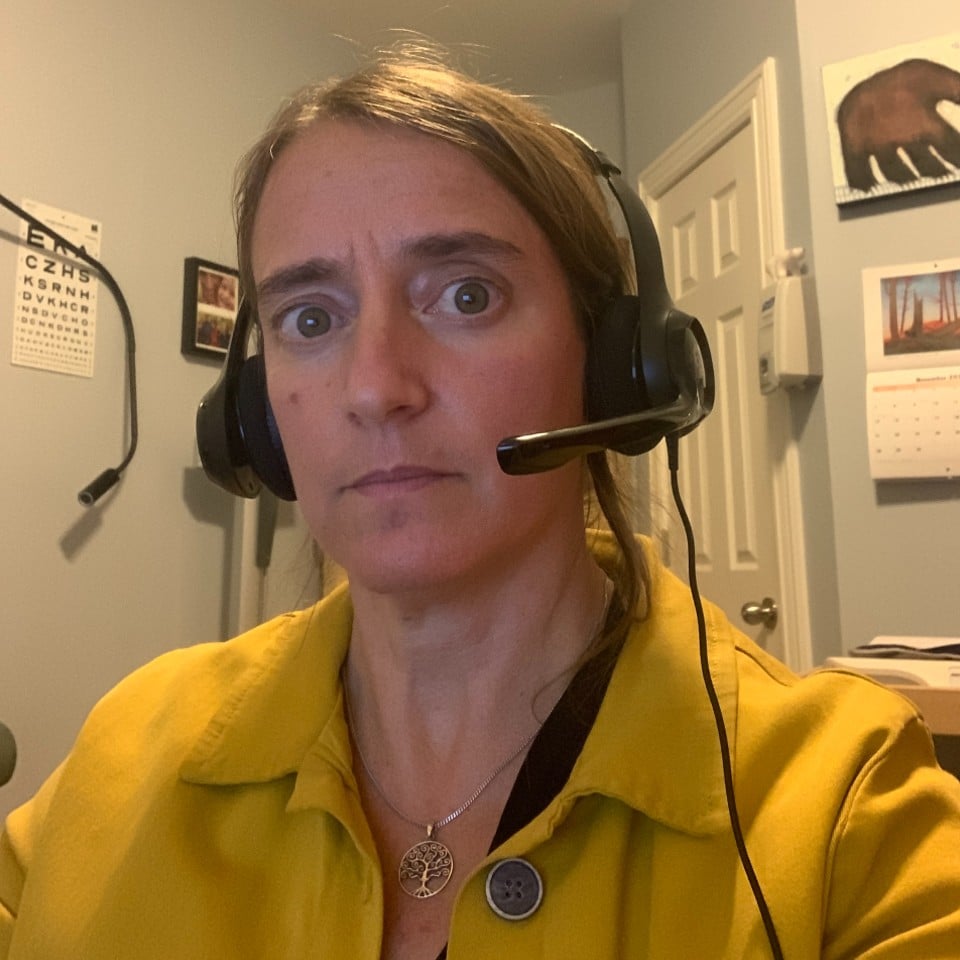

Memorable quote
"Persist. Stand up to misogyny, racism, ableism, and other forms of discrimination. It matters."
What are some of your greatest achievements?
In the pandemic, I organized a panel to speak with Prime Minister Trudeau about equitable access to COVID-19 vaccine. I led a team of volunteers and through multiple Jabapalooza events - we have given more than 14,000 doses of vaccine to essential workers and others in the community, meeting people where they are. I also co-hosted a podcast, RxAdvocacy.ca, to speak with women leaders and advocates across Canada.
Who has inspired you in your career?
Inspired by every feminist, throughout history, who has stood up for women’s rights around the world. Mentors, young and old, have cheered me on when I’ve been up against obstacles that felt overwhelming.
What advice would you give to the next generation of women physicians?
Persist. Stand up to misogyny, racism, ableism, and other forms of discrimination. It matters.
Biography
I have spent my career as a family physician and before that as an anthropologist advocating for equitable access to health care, for Indigenous self-determination, for people with disabilities, for LGBTQ rights, for mental health care, for all marginalized and vulnerable populations. I am a feminist, a parent of three young adult children, and I write about health policy and politics.
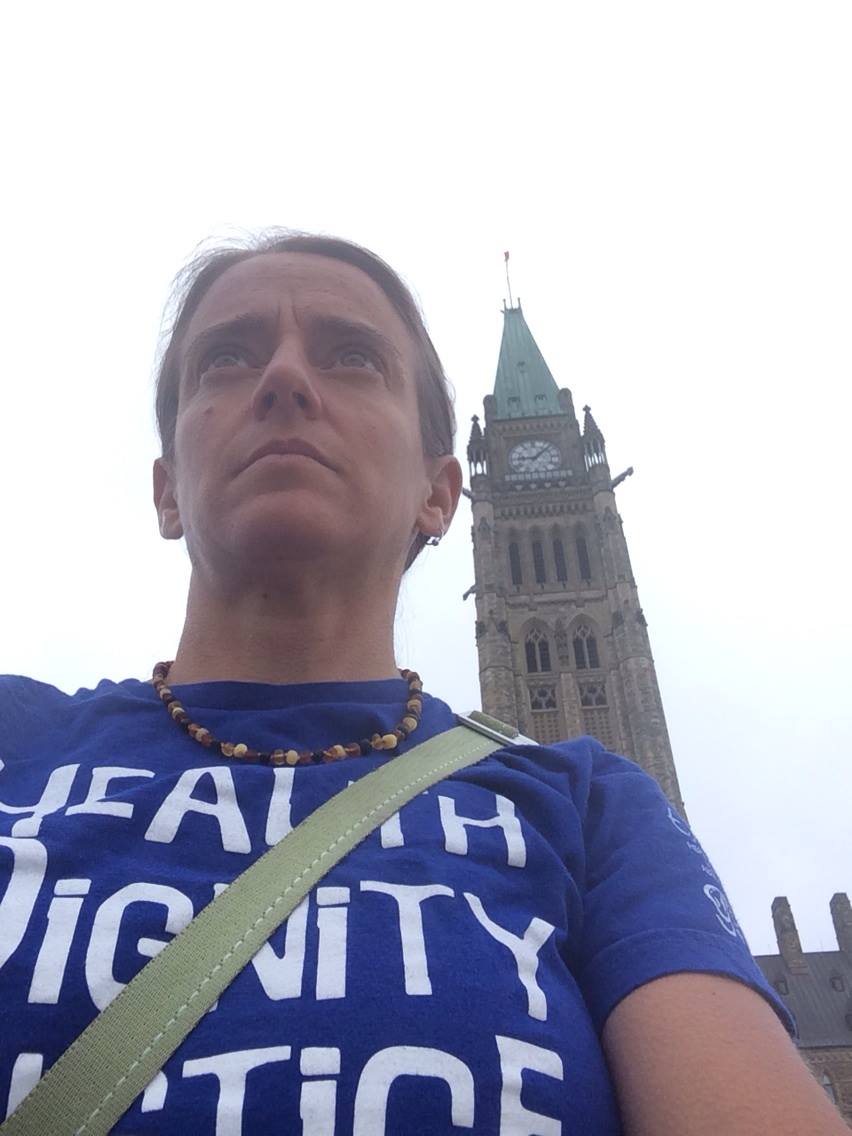
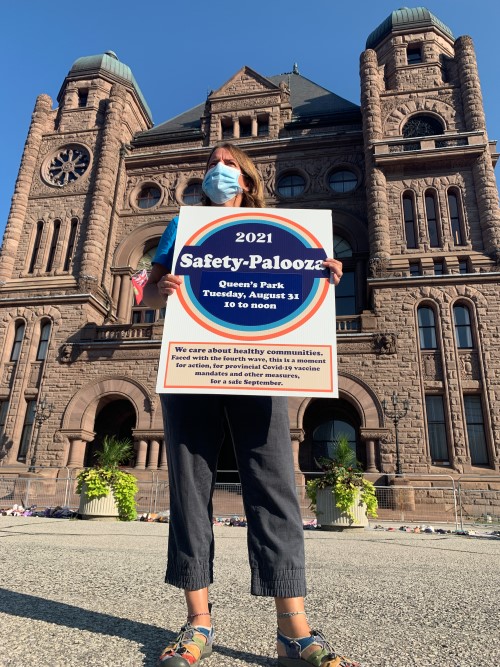
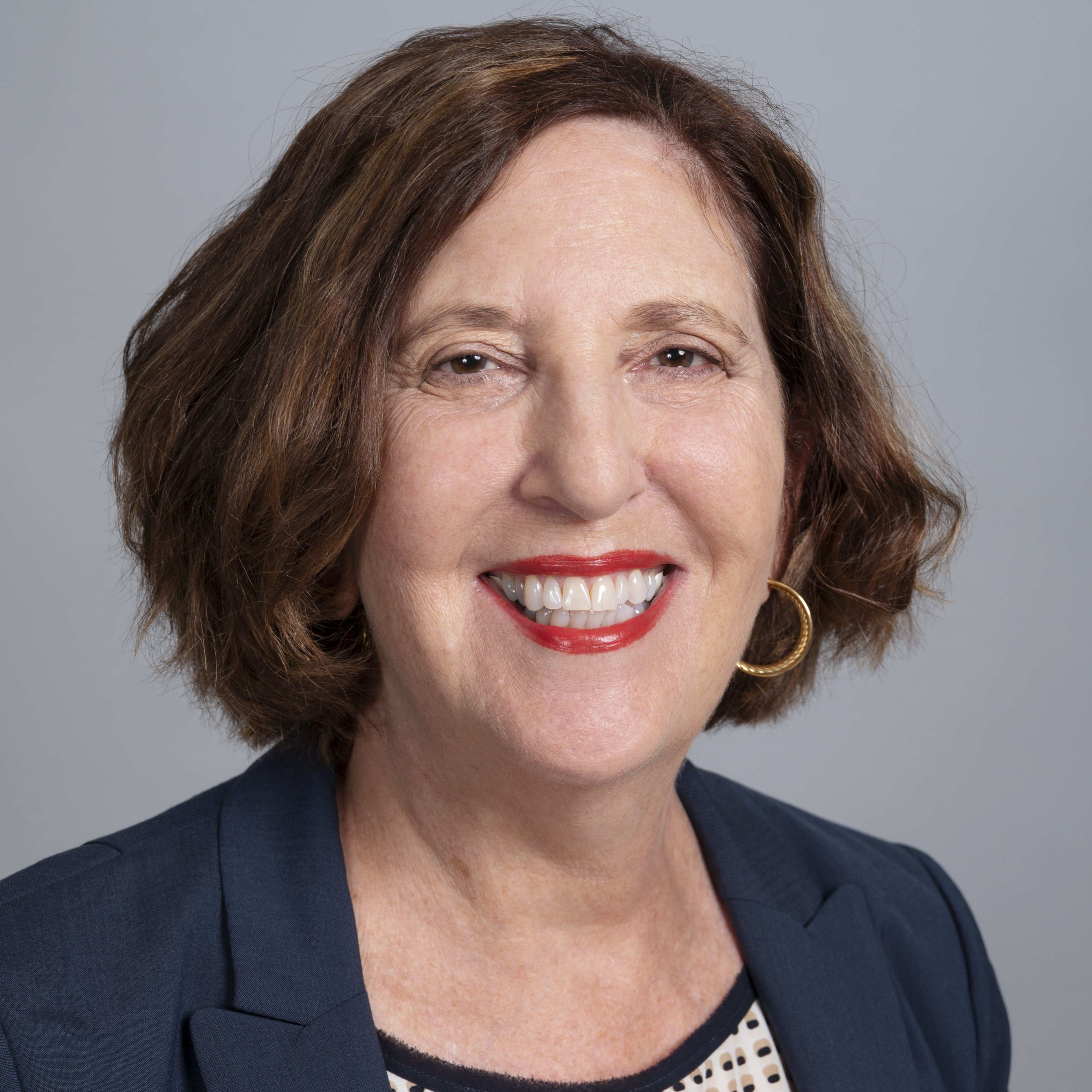

Memorable quote
“Be kind to yourself and others. Believe that you are enough, as are your colleagues. Everything is possible when we believe and trust in each other.”
What are some of your greatest achievements?
“Grand-Doctor” to a second generation of patients, whom I have had the privilege to deliver; Practicing with the same colleagues for over 37 years and now sharing my family practice with my daughter, who is a new family physician, practicing low-risk obstetrics; Teaching more than one generation of medical learners, many of whom are now cherished colleagues and consultants; Having the privilege to serve the profession in a leadership role at the OMA since 2016.
Who has inspired you in your career?
My patients have always been a tremendous source of inspiration. Sharing their lives and their trust is a daily reminder of the deep meaning inherent in our work. I have been inspired by countless colleagues both senior and junior to me. They are too many to list.
Do you have an unforgettable memory or story?
I remember at fall Council in 2016 there was an aspirational motion passed. The motion spoke to the need to achieve gender parity in leadership at the OMA by 2021. This year, in 2022 we will, for the first time in our history, have a majority of female board directors, including another female president. I am privileged to be amongst that group of accomplished female leaders. Motion #38, Moved by Dr. Marisa Finlay, seconded by Dr. Nadia Alam, “That the OMA strive to achieve a minimum target of proportional female representation in OMA leadership positions by the end of 2021, with annual reports to Council.” CARRIED
Have you experienced a challenge specific to women physicians? What advice would you provide for overcoming these challenges?
All women physicians have experienced challenges because of their gender. We live with the gender pay gap, the inherent biases in opportunities for advancement and the expectations placed upon us to be “carers” in ways that are different from our male counterparts. My advice for overcoming these challenges is to find; allies amongst your peers, a supportive network and non-medical outlets. Stay true to who you are and who you want to be. Be bold and when you don’t feel bold, then fake it until you feel it anew. Medicine is more diverse now than ever before. As such, we can all find a network where we can amplify each other’s work. I believe in the tenet that when you do better, then we all do better.
What advice would you give to the next generation of women physicians?
Be kind to yourself and others. Believe that you are enough as are your colleagues. Everything is possible when we believe and trust in each other.
Biography
Dr. Audrey Karlinsky, MD, CCFP, FCFP, graduated from the University of Toronto in 1984. Based in Toronto, Ontario, she is a founding partner of the Bellair Family Practice as well as assistant professor, Department of Family and Community Medicine, with the University of Toronto. Dr. Karlinsky, currently board vice-chair, has served on the OMA Board in various capacities including as the OMA director representing District 11, vice-chair of the OMA Finance and Audit Committee, member of the OMA Strategy and Transformation Committee, and member of the OMA Advantages Retirement Program Investment Committee. Dr. Karlinsky is also part-time staff with the Mount Sinai Family Practice and is active in Ontario’s health-care system as an executive member of the Mid-West FPN in the Toronto Central OHT.
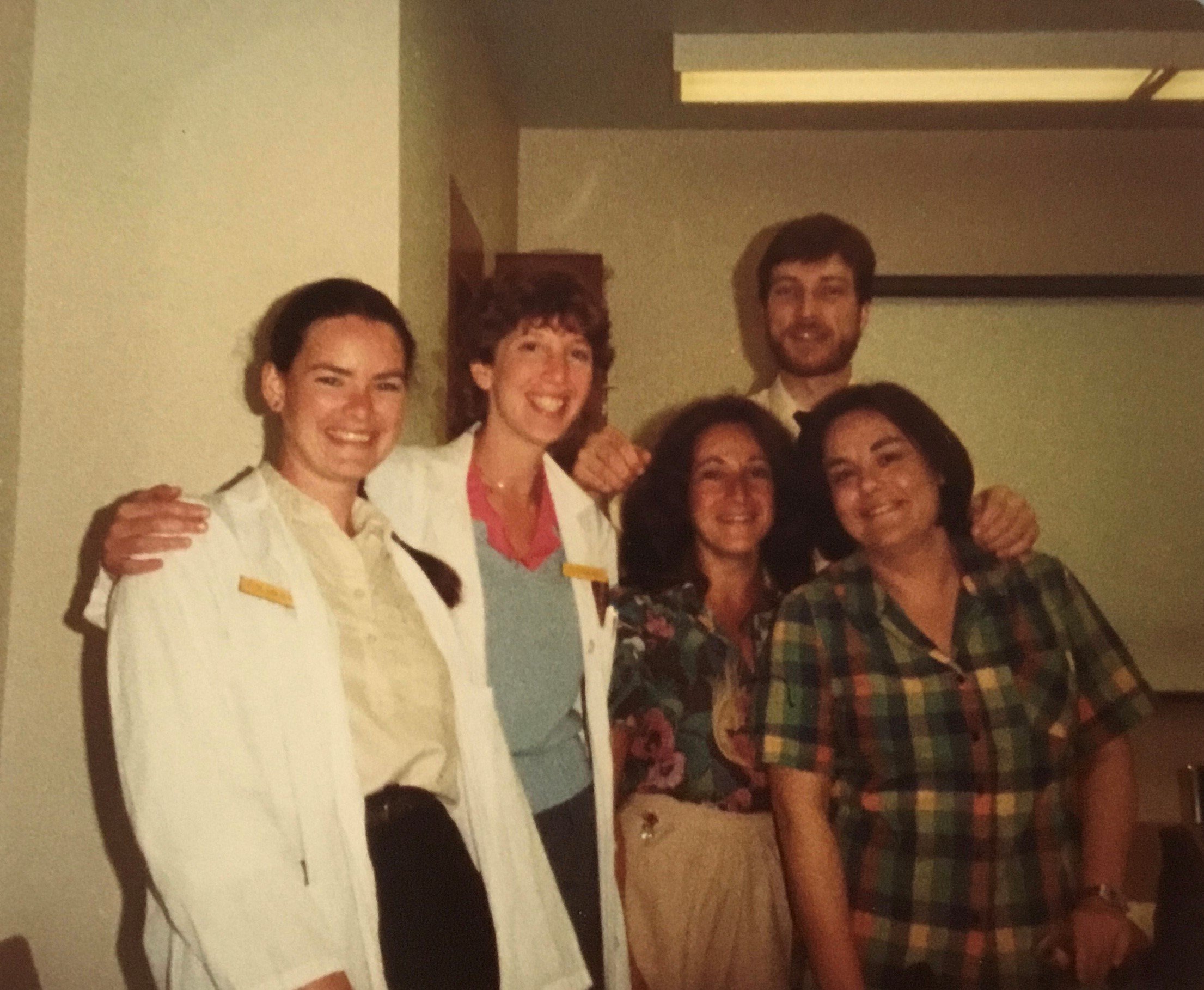
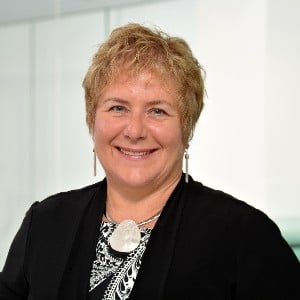

Memorable quote
“If you are not at the table you do not have a voice ... so get to the table and stay at the table.”
What are some of your greatest achievements?
When I think of my greatest achievement it is raising three boys while managing a very busy medical and leadership career who are wonderful people, great husbands and fathers.
In my time as president and CEO of St. Joseph's Health Care London (11 years), we achieved Accreditation with Exemplary Standing in three cycles of evaluation. In addition to recognizing high levels of quality and safety, each Accreditation team spoke of how the values of the organization were evident in each interaction with staff and spoken about by the patients. A credit to all leaders, physicians and staff. In my time as VP Medical in the hospitals in London, I focused on creating an integrated medical community between all the hospitals and the medical school. It took many years and many people to achieve this. It taught me to keep a long-term vision and through relentless incrementalism work towards a goal.
Who has inspired you in your career?
The first people who inspired me were my elderly patients when I was first in practice. They taught me to keep the important things in life front and centre, like your spouse and family. Patients who had lived with significant trauma taught me to celebrate each day and know that each day provided the opportunity for choice. In my leadership journey, I was often the only woman around the table. I have been inspired by leadership colleagues who were system thinkers and could articulate and achieve a vision...the tenacity needed. I have been inspired by servant leaders like Nelson Mandela and others who modelled this.
Do you have an unforgettable memory or story?
My husband was diagnosed with early-onset Alzheimer’s the year before I assumed the role of president and CEO. He went off on long-term disability the same month I accepted the role. Over the next couple of years, he slowly deteriorated and could no longer join me at work or at foundation events. It was time to share my story with my broader leadership team. It was the hardest presentation I have done as I shared "My why" the health-care system needed to change as our family lived with a younger Alzheimer's patient with little supports in the system. Being vulnerable in front of 130 leaders made it safe for them to share their personal stories of challenge and I witnessed male and female leaders be open in front of their peers in ways that made me proud to lead in such an organization.
Have you experienced a challenge specific to women physicians? What advice would you provide for overcoming these challenges?
Often being the only female physician leader at a table or on a board, I had to decide how I was going to show up and lead. I learned that the most effective leaders are authentic and true to themselves, not trying to mimic or change to a leadership style around the table inconsistent with their leadership values. Before servant leadership became in vogue it was a style of leadership that aligned with my values.
I also learned to find my voice and not be intimidated by "loud" voices and to find my way of expressing myself that allowed me to be consistent with my personal values. My advice...get to know yourself, focus on your personal values whether you are interacting with a patient or a colleague and be authentic.
What advice would you give to the next generation of women physicians?
If you are not at the table you do not have a voice....so get to the table and stay at the table. This was advice I was given by the Sisters of St. Joseph's. Whether you agree or not with what is currently being discussed, if you are not there you have little opportunity to influence.
I also learned not to take criticism personally and focus on the desired outcomes. There is an object lesson that a professor used where he took a glass jar and put in some big stones to fill the jar and ask the class if it was full. Some said yes. He then poured in some small stones that filled in around the stones and asked if it was full..some said yes. He then poured in some sand which filled in around the stones...is it full? he asked...some said yes. He then poured in some water which filled up all the spaces. If he had put in the water and sand first the big stones would not have fit in the jar. His message is to make sure the big stones ...the important things in your life come first or they will not fit. With three boys and a husband who developed Alzheimer's the big stones had to come first and then the other aspects of my life fit around them. That is my best advice.
Biography
Dr. Gillian Kernaghan, MD, CCFP, FCFP, CCPE, was the former president and chief executive officer of St. Joseph's Health Care, London. Prior to assuming this role, Dr. Kernaghan served for 17 years as the vice-president, medical for various hospitals in London and led the medical staff during complex restructuring in which four hospitals merged to form St. Joseph’s. In 1984, Dr. Kernaghan joined the medical staff of St. Joseph's, Parkwood Hospital and London Health Sciences Centre as a family physician. Dr. Kernaghan is a member of the inaugural Board of Supply Ontario, and the immediate past chair of the Catholic Health Association of Ontario Board. Formerly, she held many positions including co-chair of the Canadian Health Leadership Network (2014-2018), president of the Canadian Society of Physician Executives (2011-2013), co-chair of the Southwestern Academic Health Network and member of the Premier’s Council on Improving Healthcare and Ending Hallway Medicine. She is the recipient of many awards including the YMCA Women of Excellence Award in Health, Science and Technology (2015), the Studer Group Fire Starter Hall of Fame Award (2017), and the Canadian Society of Physician Leaders Excellence in Medical Leadership Award (2018).
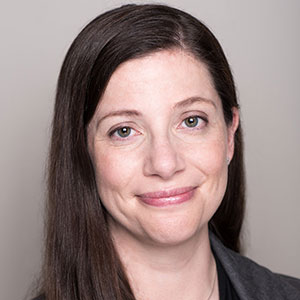

Memorable quote
“Capitalize on your strengths but consciously push your limits in order to grow. Work to get to a place professionally where you don't have to let anyone else decide which limits need pushing.”
What are some of your greatest achievements?
My greatest professional achievement is working with good people I respect, doing a job I love at a pace that I can sustain while making differences big and small for real people, one patient at a time.
Who has inspired you in your career?
I've been blessed with many inspiring individuals in my career but my first mentor as a physician is my mother, a family physician turned not quite retired psychiatrist.
Do you have an unforgettable memory or story?
During the pandemic, I've teamed up with local health-care providers to give thousands of COVID vaccines, mostly in drive-throughs. My most memorable vaccination was when I realized the "passenger" in the car was actually a pot-bellied pig.
Have you experienced a challenge specific to women physicians? What advice would you provide for overcoming these challenges?
I've learned that many professional women aren't aware of the biases they succeed in spite of. The systemic hurdles females face along with other groups are substantial and seeing them is the first step to dismantling them for the women coming into the profession. That being said, women have unique strengths that you can capitalize on in your chosen career. Be proud of those strengths.
What advice would you give to the next generation of women physicians?
Work with good people at something you love. Capitalize on your strengths but consciously push your limits in order to grow. Work to get to a place professionally where you don't have to let anyone else decide which limits need pushing. Protect time for yourself and your family.
Biography
Dr. Veronica Legnini is passionate about caring for patients in her community. As a family physician, she is outspoken on local health-care issues, including the lack of primary care physicians in the Kingston area. Dr. Legnini is an associate professor at Queen’s University Department of Family Medicine and an active OMA member. Currently, she is committee chair of the General Assembly Steering Committee, District 7 Secretary, and a member of OMA Women and the Governance and Nominating Committee. In the past, she served as chair of District 7, and President of the Kingston Academy of Medicine. Dr. Legnini is a mother of three girls, who "turn everything she thought she'd learned about parenting on its head daily."
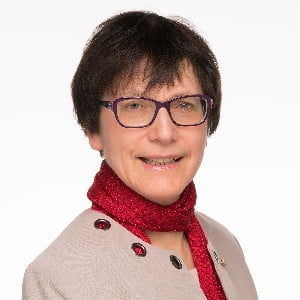

Memorable quote
“Do not be deterred, and do follow your calling; Make it your business to enrich the lives of those you serve ... include learners in your professional life; they are your future colleagues; they will challenge you in good ways, and they, in turn, will be given the opportunity to have good role models.”
What are some of your greatest achievements?
I consider my commitment to serving a defined population of patients in Corner Brook N.L. for 23 years an important achievement. I provided comprehensive care, over time, in a variety of settings (office, inpatient care, emergency care, did house calls); in that process, I contributed to my community (part of the early work to create a Transition House for women victims of family violence; served a vice-president Medical Services for a very successful 1999 Canada Winter Games).
Nationally, I feel privileged to have served as an elected leader, and subsequently, as CEO of the College of Family Physicians of Canada. Accomplishments here have included: modernization of the organization's governance, stewardship of significant work in education to enhance preparedness of future family physicians for comprehensive care, the introduction of Certificates of Added Competence, dissemination of the Patient Medical Home concept as a model for family practice, creation of the Besrour Centre for Global Family Medicine, strengthening of the FAFM, and ensuring business continuity in extraordinary times.
Who has inspired you in your career?
I have a physical disability (above knee prosthesis) and was in the health-care system as a patient at an early age. I credit my parents, my mother in particular, for supporting me in the ups and downs of this situation, and, above all, for conveying to me that a physical handicap should not preclude me from following my dream of becoming a physician, and putting my energy to the service of others. Professionally, I have been fortunate in having excellent role models throughout my career. Dr. Ian Simpson (a family physician in Corner Brook, N.L.) on the clinical side and Dr. Cal Gutkin (my predecessor as CFPC CEO) on the organizational side are examples of such role models.
Do you have an unforgettable memory or story?
An older gentleman, a patient of mine, died while in long-term care over the holiday season. The funeral was on a day when I was scheduled to provide anesthesia services (I was a GP anesthetist). I decided to visit the funeral home the night before, a bit anxious that I might not know anyone there. As I entered the room, I was reminded that I was looking after patients from four generations who were related to this deceased gentleman. Such a powerful reunion and celebration of life. Yes, family medicine is a rewarding career.
Have you experienced a challenge specific to women physicians? What advice would you provide for overcoming these challenges?
We live in a professional world that is geared towards men, and this is in spite of the significant increase in the number of women in our profession. I know we are trying to change this; it may happen, especially with greater attention being paid to diversity and equity, but I do think there is still a long way to go. Women have so much to contribute to medicine and compassionate care. Having a mentor (or different mentors for different phases of one's career) really helps; investing energy and time to one's circle of support, as well as in professional relationships. Ultimately, so much of what we do is about earning and sustaining trust in all relationships
What advice would you give to the next generation of women physicians?
Do not be deterred, and do follow your calling; Make it your business to enrich the lives of those you serve; Pay attention to your circle of support as, in the end, they are the ones who will support you and stand by you in life's ups and downs; include learners in your professional life; they are your future colleagues; they will challenge you in good ways, and they, in turn, will be given the opportunity to have good role models; nurture enjoyable personal interests (in my case-cross country skiing, canoeing); and start planning your next vacation/little bit of time off as soon as you finish the present one.
Thank you to Dr. Cathy Faulds for inviting me to contribute to this project.
Biography
Dr. Francine Lemire obtained her medical degree from McGill University and then did an internship in internal medicine. She completed her family medicine residency at Memorial University of Newfoundland, which included enhanced skills training in anesthesia. She obtained Certification in the College of Family Physicians of Canada (CCFP) in 1979 and became a Fellow in 1993.
Dr. Lemire practiced comprehensive family medicine for 23 years in Corner Brook, NL and included intrapartum care and anesthesia in her work. From 2003 to 2013 she worked part-time with the Toronto Western Family Health Team at Toronto Western Hospital in Ontario. She has academic appointments at the University of Toronto and Memorial University of Newfoundland. During the late 1980s, Dr. Lemire proudly served as president of the Newfoundland and Labrador College of Family Physicians. Dr. Lemire was on CFPC's Executive Committee between 1995 and 2001, serving as CFPC president 1998-1999. In 2003, Dr. Lemire became the CFPC’s director of Membership, and in 2006 she was promoted to associate executive director, Professional Affairs. In 2012 Dr. Lemire was appointed executive director and CEO of the CFPC. Throughout her career at the CFPC, she has provided input about the role of family doctors and family medicine in the health-care system.
Spheres of influence have included the Mental Health Commission of Canada, WONCA (the World Organization of Family Doctors), and collaborative initiatives with the CMA and Royal College. She will be ending her tenure as CEO of the CFPC and the Foundation for Advancing Family Medicine (FAFM) at the end of June 2022.
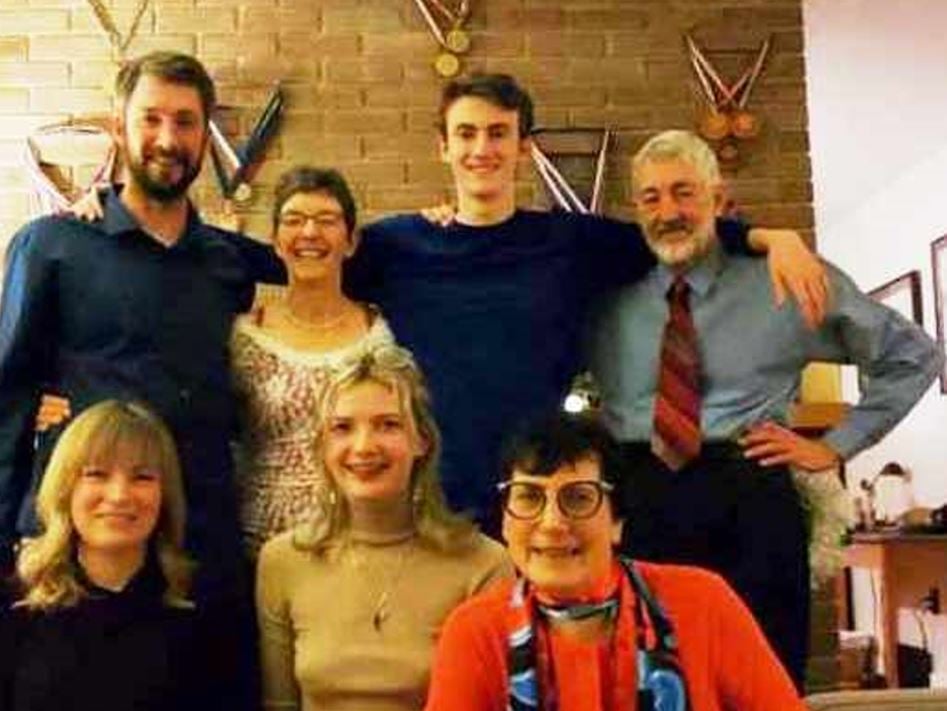
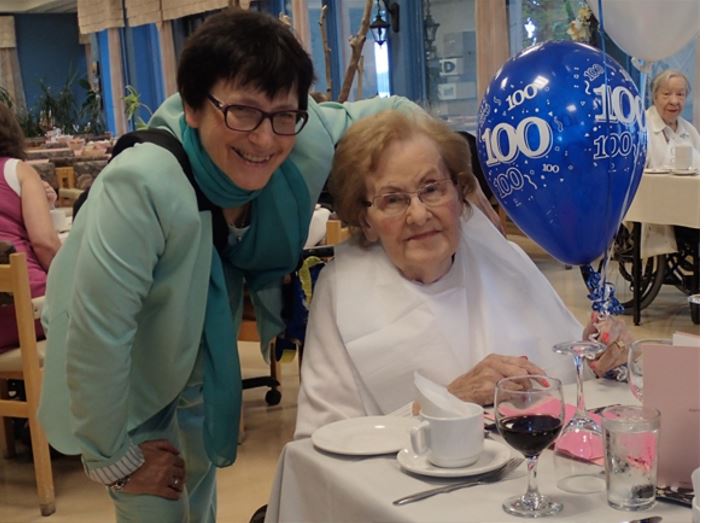
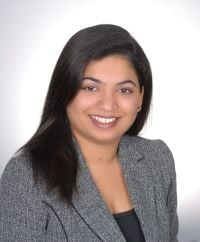

Memorable quote
"Have good mentors who are open to having honest discussions with you."
Have you experienced a challenge specific to women physicians? What advice would you provide for overcoming these challenges?
One challenge is the fear of being an inadequate mother because of a busy work schedule. While difficult to do in this age of social media (and I am still teaching myself to do it), I try not to compare my actions with what other moms are doing and focus instead on what I can do. Communication is key. Helping my children understand my professional responsibilities has made it easier as well.
What advice would you give to the next generation of women physicians?
Have good mentors who are open to having honest discussions with you.
Biography
Dr. Deepika Lobo, MBBS, MBA, MPH, FRCPC, is an associate medical officer of health at Halton Region Public Health. She graduated from the McMaster Public Health and Preventive Medicine Residency Program, completed medical schooling in India, and has a Master in Business Administration and Master of Public Health from McMaster University. Dr. Lobo joined Halton Region in 2019, just after graduating from McMaster. Through the pandemic, her focus has been on COVID-19 response.
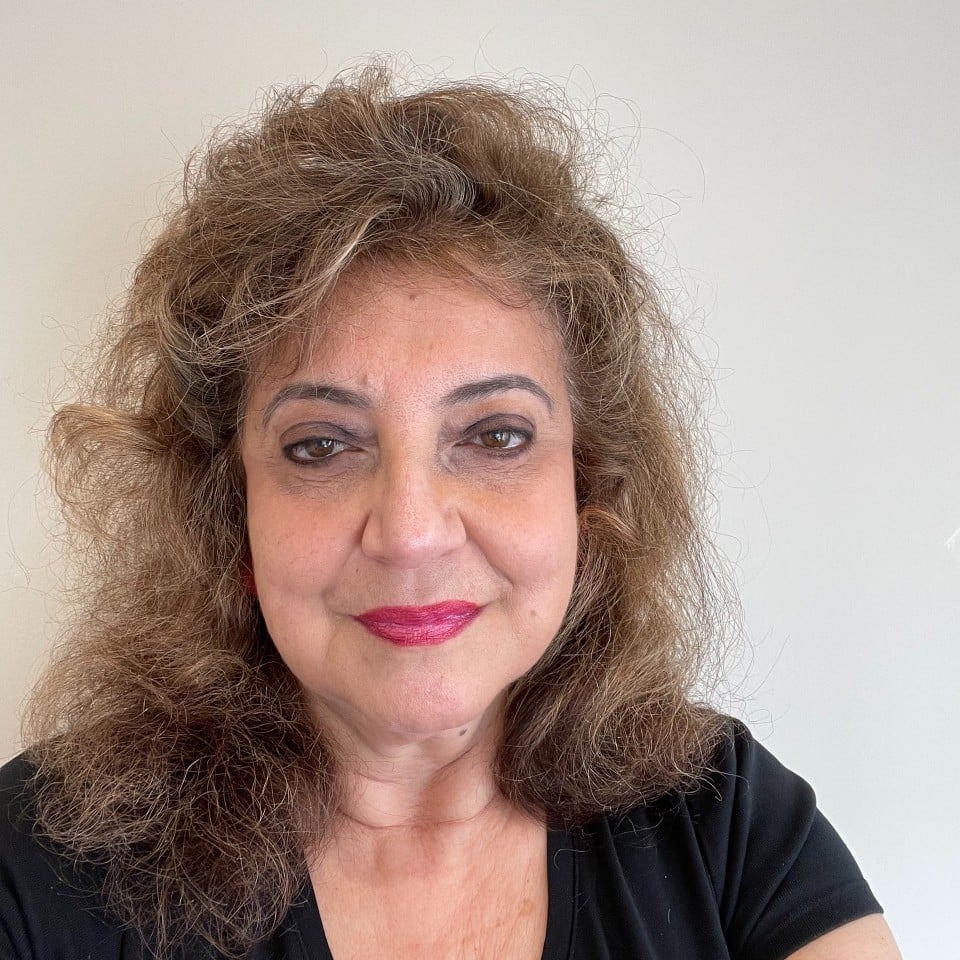

Memorable quote
“You can erode the system better from within than from outside, so get involved.”
What are some of your greatest achievements?
Professional: As a clinician activist, my greatest achievements include my contribution to changing the landscape of chronic pain management in Ontario, given a) my involvement with ACTION Ontario a not for profit educational and advocacy organization for chronic pain; b) my non-remunerative work as an advisor to the Ontario Ministry of Health and Long Term Care for the past 13 years; c) the establishment of a publicly-funded interdisciplinary pain management program in Vaughan; and d) numerous scientific publications that have advanced knowledge by describing new syndromes or unravelling mysterious conditions.
Personal: Been a mother of two wonderful sons who I raised on my own, and able to work closely with my sons in making the Pain and Wellness Centre, a wonderful place for patients with chronic pain.
Who has inspired you in your career?
My Greek family (whose members reacted so differently to pain conditions and stimulated my curiosity as to why), my many patients who challenged me with problems and conditions my books never taught me, and life itself (I learned a lot more from my failures and the kicks on the head she gave me than I learned from my successes).
Do you have an unforgettable memory or story?
Many, but I will limit myself to one: In 1986, two months after the delivery of my second son, the senior members of the Department of Medicine at my university-affiliated hospital, terminated my employment giving me a notice of six months because "I had not finished my Master thesis at UofT at two and a half years and I was costing them money" (few thousand dollars a year), notwithstanding. I had been a full-time clinician setting up single-handedly a big pain clinic AND a full-time research MRC fellow doing my neuroscience masters, working 16 hours a day, six days a week, dropping two kids as "side projects" in 1985 and 1986 (one came at seven and a half months with my waters breaking in the lab, delivered four and a half hours later and the second was induced at nine months - not to miss time off work). I returned to work part-time in 10 days and full time a month after both deliveries and never took a holiday for five years. After my immense shock, I recouped my brains, visited my then physician in chief, requested an appeal so I could present the facts to the committee, and threatened to sue for "wrongful dismissal". The big boys club urgently convened and gave me an extension of a year provided I had finished my thesis and had one paper in press as first author. In one year, I finished my thesis with flying colours, had two papers in press as first author (and many more that followed later) and took an oath that I would NEVER depend on anyone to pay my salary again. In 1990, I signed an Alternative Payment Agreement which allowed me to have a budget to pay myself, another physician, a clinical fellow, a research coordinator and my office staff, so that I could continue my clinical practice and research independently for several decades.
Have you experienced a challenge specific to women physicians? What advice would you provide for overcoming these challenges?
I experienced numerous challenges but I attribute them to a combination of factors: being an immigrant, a woman, very smart, who never took "No" for an answer, never "kissed someone's hand or something else", and never hesitated to stick by my principles (which means all the things that can make someone "not liked").
As for advice I will share the same mantras I kept saying to myself all these years: 1) Believe in yourself even if no one else believes in you; 2) Find a job you love and you will never have to work a day in your life (Confucius); 3) Be faithful to yourself and your beliefs more than anyone else; 4) Decide what your moral compass and philosophy is and stick by them; 5) Pick your fights; no point to waste energy; 6) Keep your friends close and your enemies closer; 7) You can erode the system better from "within" than from "outside", so get involved.
What advice would you give to the next generation of women physicians?
Do not dream. A dream is when you hope to win 649; Have Visions. A vision needs planning, organization and strategy. A dream is a chance and luck, a vision is achievable, if well planned. I always remember two things from Steven Jobs, the founder of Apple: 1) Those crazy people who think they can change their world, are the ones who go and do it; 2) Leaders cannot and should not be liked by everyone. If you want to be liked by all, go to the corner and sell ice cream.
Biography
Dr. Angela Mailis, MD, MSC, FRCPC, PHYSMED, is a clinical (adjunct) professor at the Department of Medicine, University of Toronto, chair of Action Ontario (since 2005), and founder/director of the Pain Program of Toronto Western Hospital (1982-2015) and the Pain & Wellness Centre in Vaughan (since 2014).
An evidence-based guideline developer and medicolegal expert in matters of chronic pain, Dr. Mailis has published more than 130 scientific papers, trained numerous students and international trainees, and served as the Canadian Association for Retired Persons newsletter contributor (2009-2014). She has also actively participated in several panels and has been an advisor to the Ontario Ministry of Health since 2009 and the Federal Ministry of Health since 2001.
She is a founding member of the Greek Canadian Medical Association in Toronto (president 1999-2004), and has published two books: Beyond Pain (2003) and Smart successful & abused: the unspoken problem of domestic violence and the high - achieving female (2019). Dr. Mailis completed an MD’76 at the Athens Medical School, a Fellowship in Physical Medicine at the Royal College of Physicians of Canada in 1982, and a MA’88 at the Institute of Medical Science. On a personal front, she is a very good (Greek) cook, an avid gardener, a black belt in Tae Kwon, and a mother of two sons (36 & 37).
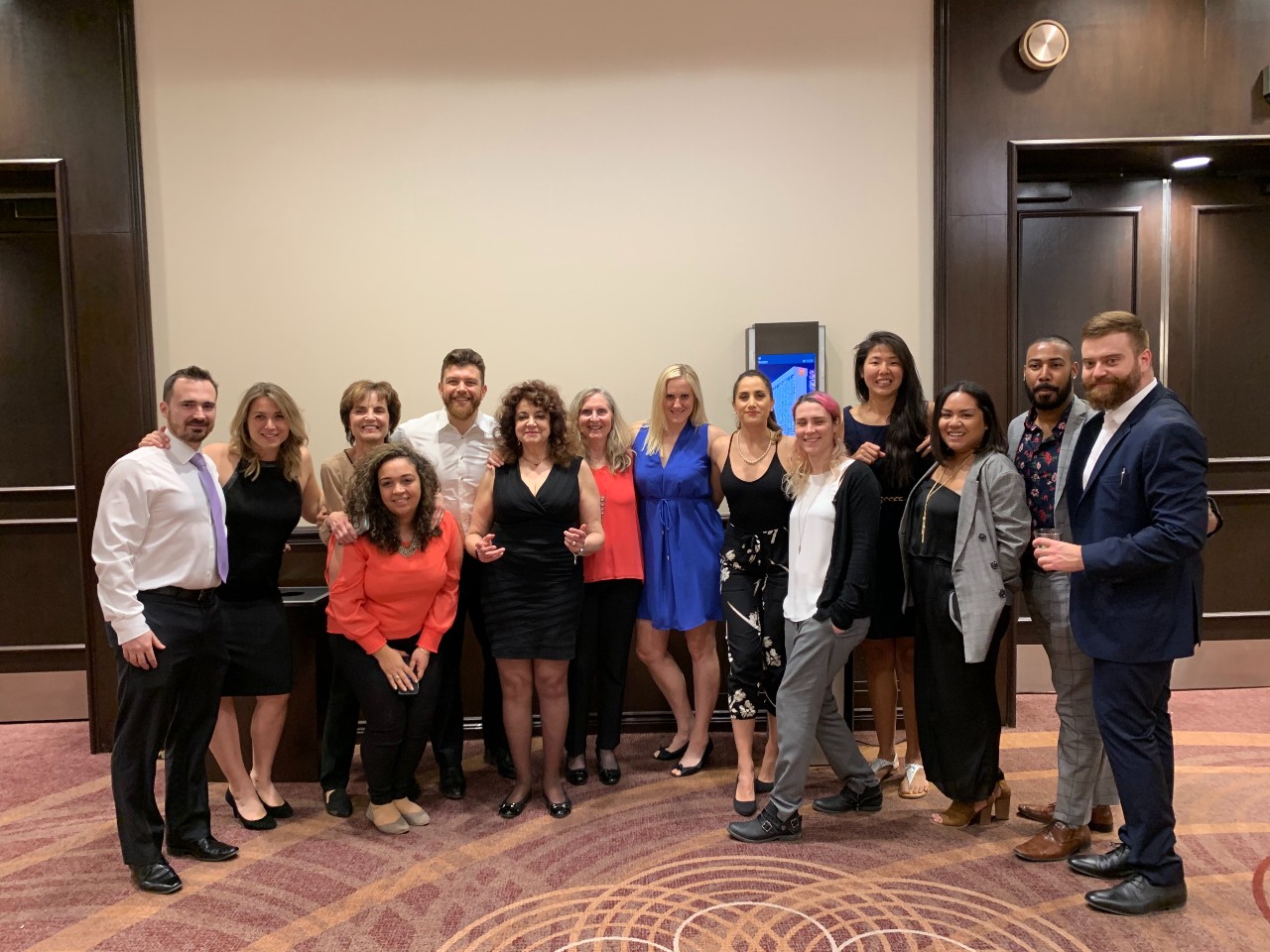
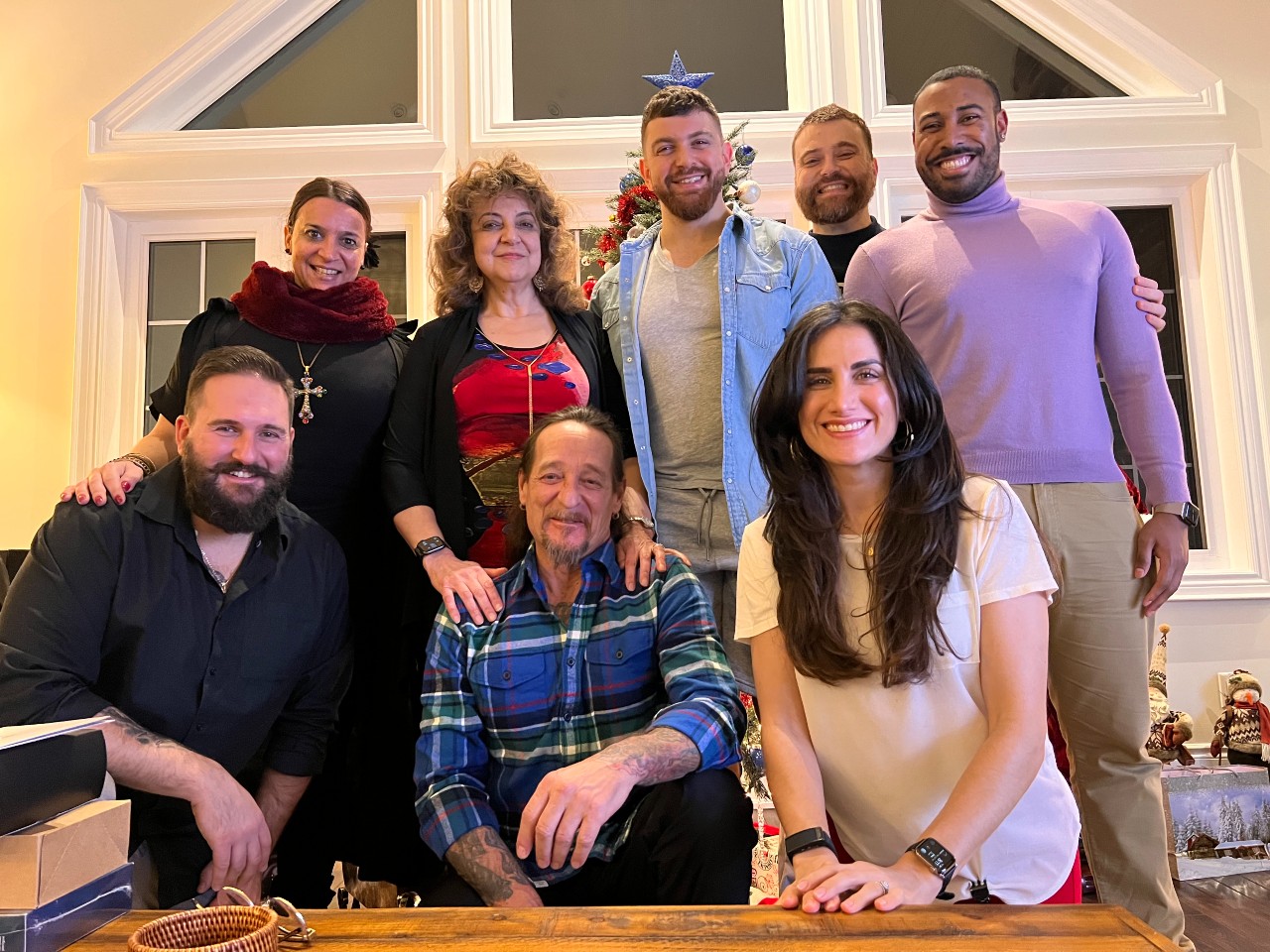
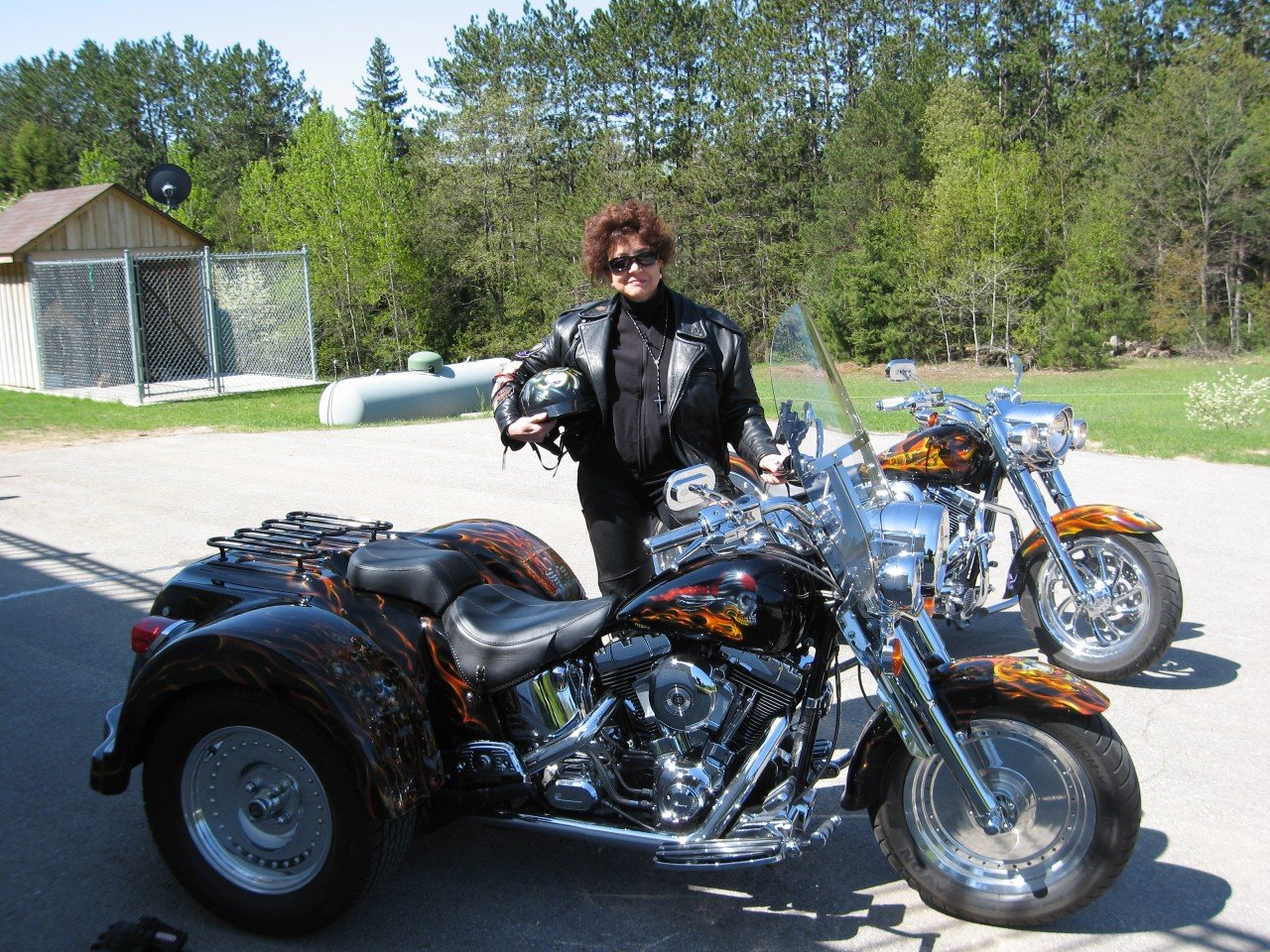
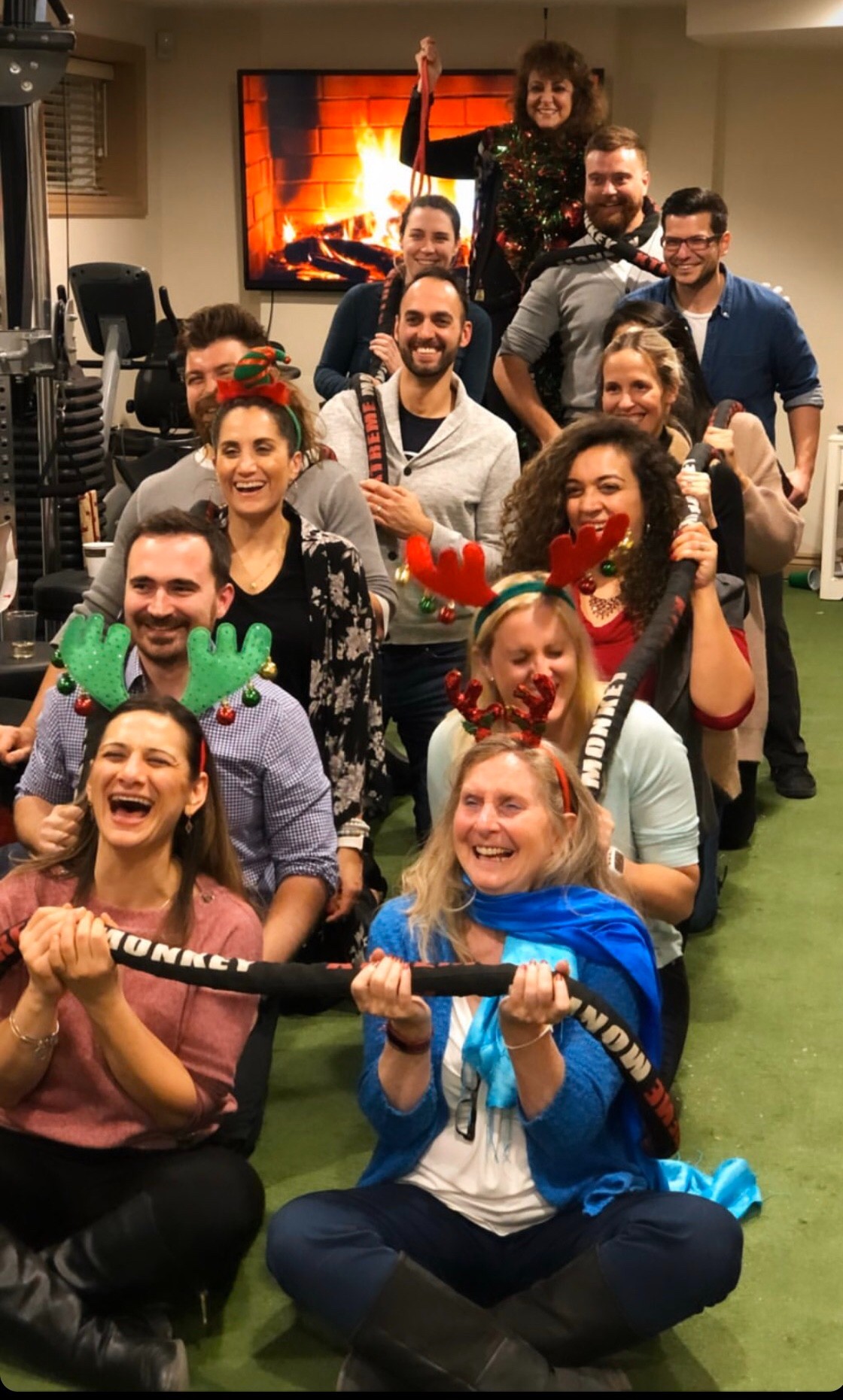
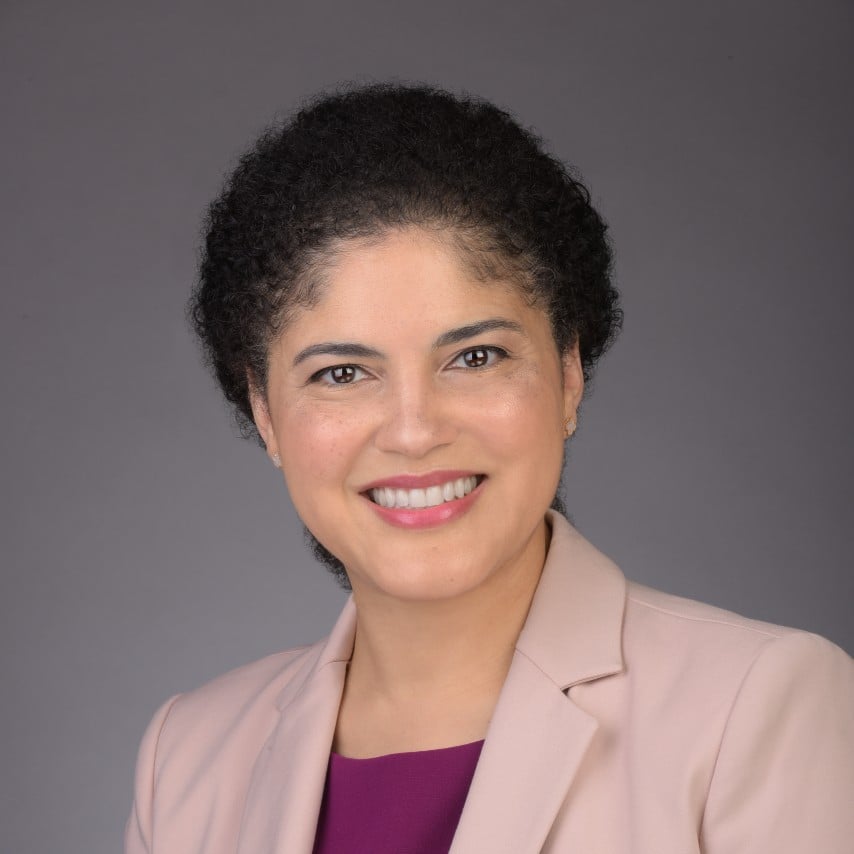

Memorable quote
"Consider what it means to be a mentor and the impact they have on your career, so that hopefully someday you can pay it forward."
What are some of your greatest achievements?
I am proud of my educational and academic milestones, as they reflect the determination of my family to ensure a path to a fulfilling career and life. However, my daughters rank as my greatest achievements! I had my children after I finished training, as my career was starting to take shape. At present, I am proud of the work I am doing to promote inclusivity and diversity, and fostering a more positive environment for the next generation of diverse medical professionals.
Who has inspired you in your career?
I grew up inspired by my father, an international medical graduate of Canada, and by my mother, a nurse, to pursue a career in caring for others. I am also inspired by my sister, Dr. Linda Maxwell, a fellow Ontario surgeon and medical innovator. She has taught me to think broadly and creatively about what it means to be a physician and more specifically a woman physician. She breaks barriers without fear while balancing the responsibilities of being a woman physician and academic leader.
Have you experienced a challenge specific to women physicians? What advice would you provide for overcoming these challenges?
My advice to women physicians is to seek out and recognize those individuals who will be their mentors. As a biracial person of African-Canadian descent, I had mentorship from family and acquaintances to help nurture my identity and cultural needs. In my academic life, I have been fortunate to have wonderful mentors who were demonstrating allyship before we really knew what this word meant.
What advice would you give to the next generation of women physicians?
Realize that you will have mentors that weave into your journey and that you will likely have different mentors for different aspects of your goals and dreams. Consider what it means to be a mentor and the impact they have on your career, so that hopefully someday you can pay it forward.
Biography
Dr. Cynthia Maxwell MD FRCSC DABOM is a maternal fetal medicine specialist and division head at Mount Sinai Hospital, and associate professor of obstetrics and gynecology and diversity, equity, and inclusion officer at the University of Toronto. Her clinical and research interests center on medical disorders of pregnancy, with a focus on pregnancy affected by inflammatory bowel disease and gastrointestinal conditions. Dr. Maxwell is a member of the Provincial Council on Maternal and Child Health – serving on the Maternal and Neonatal Committee and the Maternal-Child Transport Advisory Committee. She grew up in northern New Brunswick, Canada with four sisters and incredibly supportive parents. They are a multicultural family, with roots on both sides of the Atlantic. Dr. Maxwell feels blessed to have a partner in life whose generosity of spirit and kindness is overwhelming.
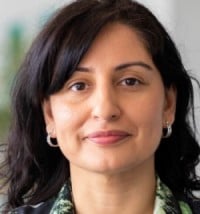

Memorable quote
"I truly believe that as we mark International Women’s Day in 2022, we have much to celebrate. There are now many female medical officers of health and MDs. Going forward, we need to ensure that we continue to have the infrastructure in place to support a more inclusive and flexible workplace."
What are some of your greatest achievements?
We are a model of collaboration and proud to be three women of colour, working with our colleagues and partners, to lead our COVID-19 pandemic response. Beyond case and contact management for COVID-19, we strengthened our commitment to infection prevention and control in Long-Term Care, Rest and Retirement Homes, other congregate settings, including temporary foreign worker housing accommodations, and worked closely with Halton school boards and childcare centres in implementing public health and preventative measures.
We have communicated in new ways to reach the public (through videos, social media and our website), and our physician community (through frequent virtual Town Halls and email faxes). We partnered with our local hospitals to provide first and second doses of the COVID-19 vaccine in early 2021 and then became the lead for the community in planning the largest community vaccination program in Halton, achieving a two-dose community vaccination rate of 91 per cent. By relying primarily on nursing and allied staff for the roll-out, we allowed our community physicians to focus on their own in-office vaccine efforts and continue to provide critical health care services such as mental health.
There have been so many firsts! We hired a temporary pharmacy team to manage vaccine distribution. Our team created and implemented a new vaccine clinic booking system, launched a new Healthcare Professional Roundtable with primary care, hospital, Ontario Health Team partners and others, a new case and contact management system and managed local implementation of the provincial COVID-19 vaccination (COVax) data system. Through it all, we continued to deliver essential services, often virtually, that support the safety and well-being of residents. We even successfully steered two regional by-laws, to reduce second-hand exposure to tobacco and vaping products and water pipe use indoors, through Halton Council!
Who has inspired you in your career?
I am inspired daily by the efforts of my two AMOH colleagues. Joanna has two children under four and came back early from maternity leave to help lead our vaccine rollout. Deepika had barely graduated when she was thrown headfirst into our pandemic response. I am inspired by the efforts of my entire team. It has been tough and a very long haul, but everyone continues to show up, to contribute, to smile and to be kind to one another. And finally, I am inspired by the efforts of colleagues such as Ottawa’s Medical Officer of Health, Dr. Vera Etches. She has managed to keep her sense of humour and humility, even through such incidents as arriving at work wearing her rain jacket — but no skirt underneath! We’ve all been there, but not all of us are brave enough to admit it publicly!
Do you have an unforgettable memory or story?
Two years ago, on March 10, I got a call at home at 11 p.m. letting me know that we had our first case of COVID-19 in Halton. I worked most of that night, alone in the basement. The next morning, having barely slept, I faced the press, who wanted answers I did not have. On March 11, while I was delivering the news to the press about our first case, the WHO declared a pandemic, and within a week, we had our first death from COVID-19. I began to understand that this was only the beginning and that the situation would definitely get worse before it got better. I didn’t see my child for a week and barely had time to change clothes. I consulted with Deepika, who had just graduated, with Joanna, who had just gone on maternity leave, and with the rest of our management team, and we concluded that we would need to pull out every experience from our collective past, along with a brand new set of tools, to respond to COVID-19. And as the weeks, turned to months, we began to understand that this would take time; we just didn’t realize how long.
I sincerely hope that this is my last pandemic and if not, I know that we will be better prepared next time, by taking the learnings from this pandemic and creating workable readiness plans.
Have you experienced a challenge specific to women physicians? What advice would you provide for overcoming these challenges?
As working mothers of young children, all three of us have had to balance motherhood with the craziness of the pandemic. Having supportive colleagues, a loving family and strong community ties are key.
What advice would you give to the next generation of women physicians?
Every life experience will help in your future. This is especially true for women. Bolstering lived experience with education and having good mentors is key to opening doors for women in medicine. I truly believe that as we mark International Women’s Day in 2022, we have much to celebrate. There are now many female medical officers of health and MDs. Going forward, we need to ensure that we continue to have the infrastructure in place to support a more inclusive and flexible workplace. The pandemic has shown that working from home is a viable option. While it comes with challenges, it can provide the flexibility that can help women better balance work with raising a family.
Biography
Dr. Hamidah Meghani, MD, MPH, MM, FRCPC, was appointed commissioner and medical officer of health, Halton Region in 2014. Prior to joining the Region, Dr. Meghani served as associate medical officer of health for the city of Hamilton. She is a certified family physician and public health physician and a fellow with the Royal College of Physicians and Surgeons. Dr. Meghani has a Masters of Public Health in Family and Reproductive Health and a Masters in Management (Health Leadership). At Halton, Dr. Meghani leads a management team whose members, with the exception of the paramedic chief, are all women.
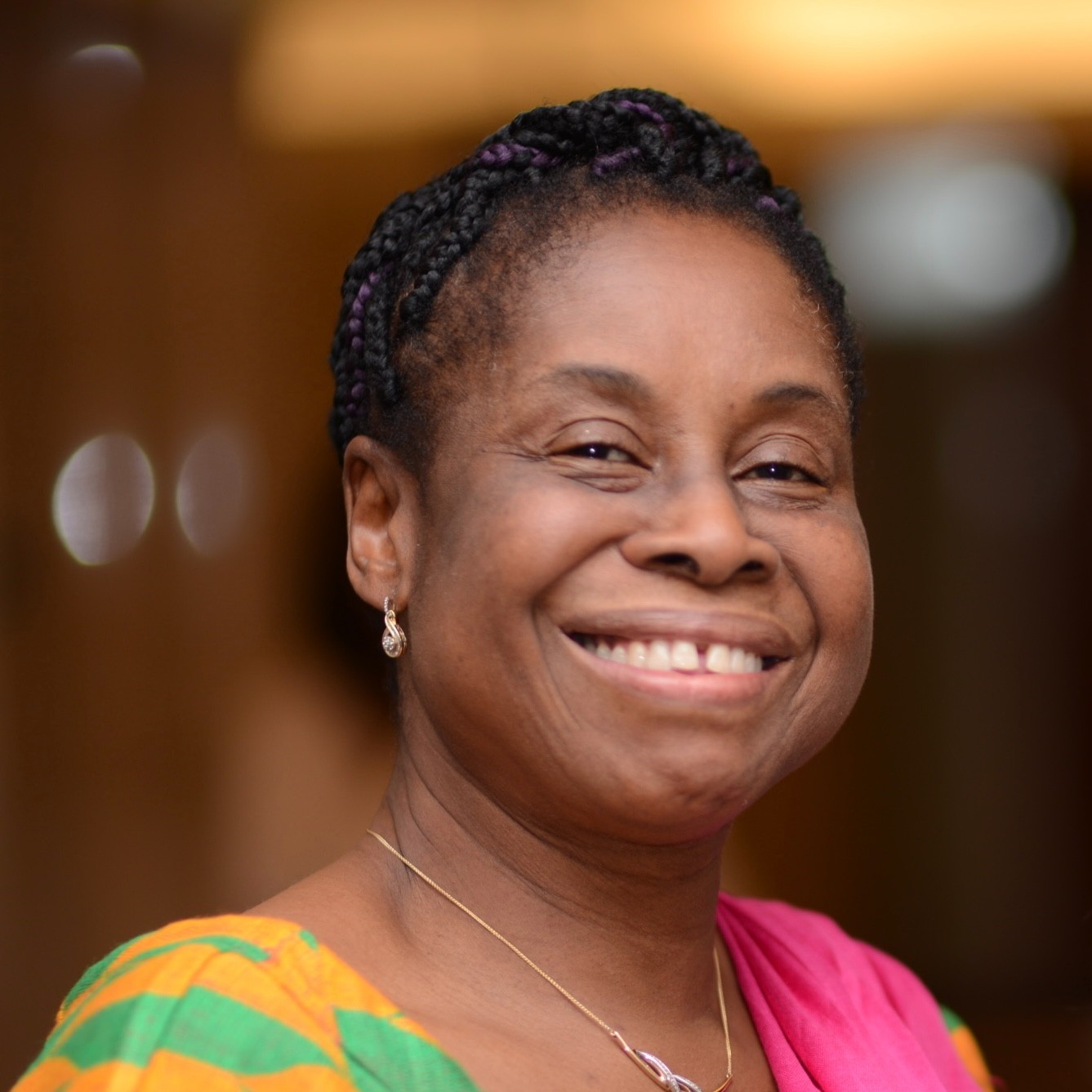

Memorable quote
"My sincere wish is that the young doctors will embrace our noble profession, be true to themselves and lead the next generation to new advances in medicine, which is obviously happening at a fast and furious pace."
What are some of your greatest achievements?
I have worked in various hospitals in Toronto, but most of my hospital work has been at North York General Hospital. I also practise in the community as a general and consulting pediatrician. I have had the privilege of teaching many medical students and residents. Some of the students later told me I influenced their choice in pursuing pediatrics for their careers. My daughter, who is my biggest admirer, became a doctor because she saw how much joy I exuded despite all the hard work, long on-call hours and limited times at home with the family. Interestingly, parents in my practice have told me their children play Dr. Mills-Tettey at home, and some at such tender ages have expressed their wishes to become doctors and pediatricians because they want to be just like Dr. Mills-Tettey.
Who has inspired you in your career?
I have been inspired in my career by other hardworking women doctors like Drs. Mimi Rossi, Anna Jarvis and Diane Sacks, to name a few. These doctors taught me Canadian medicine as a youngish immigrant doctor from another part of the world. Their kindness and lessons helped me plant my roots in pediatrics as I navigated my path in my practice.
Do you have an unforgettable memory or story?
In my practice, I have had a lot of funny and interesting encounters with the children and their families, which have created wonderful memories for us all. Some kids have brought money from Ghana to show me that it is a different currency than the Canadian currency, and some have brought world maps to the office to point out Ghana to me proudly just to let me know they have found out where I come from. I have had the opportunity to talk about the Equator and Greenwich Meridian to interested kids. When you practice for over 30 years, you certainly form a strong bond with your patients. Several of my patients have made up nicknames for me over the years, my favourite being “Dr. Teddy Bear!” I love receiving the gift of school photos and family photos of my patients over the years. It is amazing to watch them grow. I even have several “second-generation” children in my practice, where my previous patients have now brought their children to me as patients!
Have you experienced a challenge specific to women physicians? What advice would you provide for overcoming these challenges?
My journey in pediatrics has been mostly a joyous one. My patient families and I show mutual respect to each other, but as a woman, I have faced many challenges just like others before me. This is a man’s world, so as a woman, and also a woman of colour, some people felt I was anything else but a doctor. I embraced that head-on, stood my ground and did what I had to do to advocate for my patients, and inadvertently for myself. Interestingly others have shown admiration for what I have achieved for the same reason.
What advice would you give to the next generation of women physicians?
My sincere wish is that the young doctors will embrace our noble profession, be true to themselves and lead the next generation to new advances in medicine, which is obviously happening at a fast and furious pace. And to remember, gender and race do not matter. As women and women doctors we can certainly outrun the men. In Canada, the sky is the limit.
Biography
Dr. Diana Mills-Tettey, MB, ChB, FRCP(C), is a neonatologist, consultant, and general pediatrician in Toronto, Ont.. She completed her undergraduate medical training at the University of Ghana, in Accra, Ghana, West Africa. She came to Canada from Ghana to train as a resident at the Hospital For Sick Children. After completing four years of pediatric residency training, she completed one year of neonatology fellowship at Women’s College Hospital.
Since completing her training, her career has spanned over 30 years, starting in Toronto, then to Thunder Bay, Ontario, and back to Toronto. Throughout her years of practice, she has also been a teacher, mentor, and positive influence to countless students, residents, and fellow physicians. Dr. Mills-Tettey is an all-around family woman. She has been supported throughout her career endeavours by her adoring husband, her three wonderful children, and as of late her delightful grandchildren. Her greatest joys in life have been met through building a loving family, while also pursuing her passion as a pediatrician and pillar of the community.
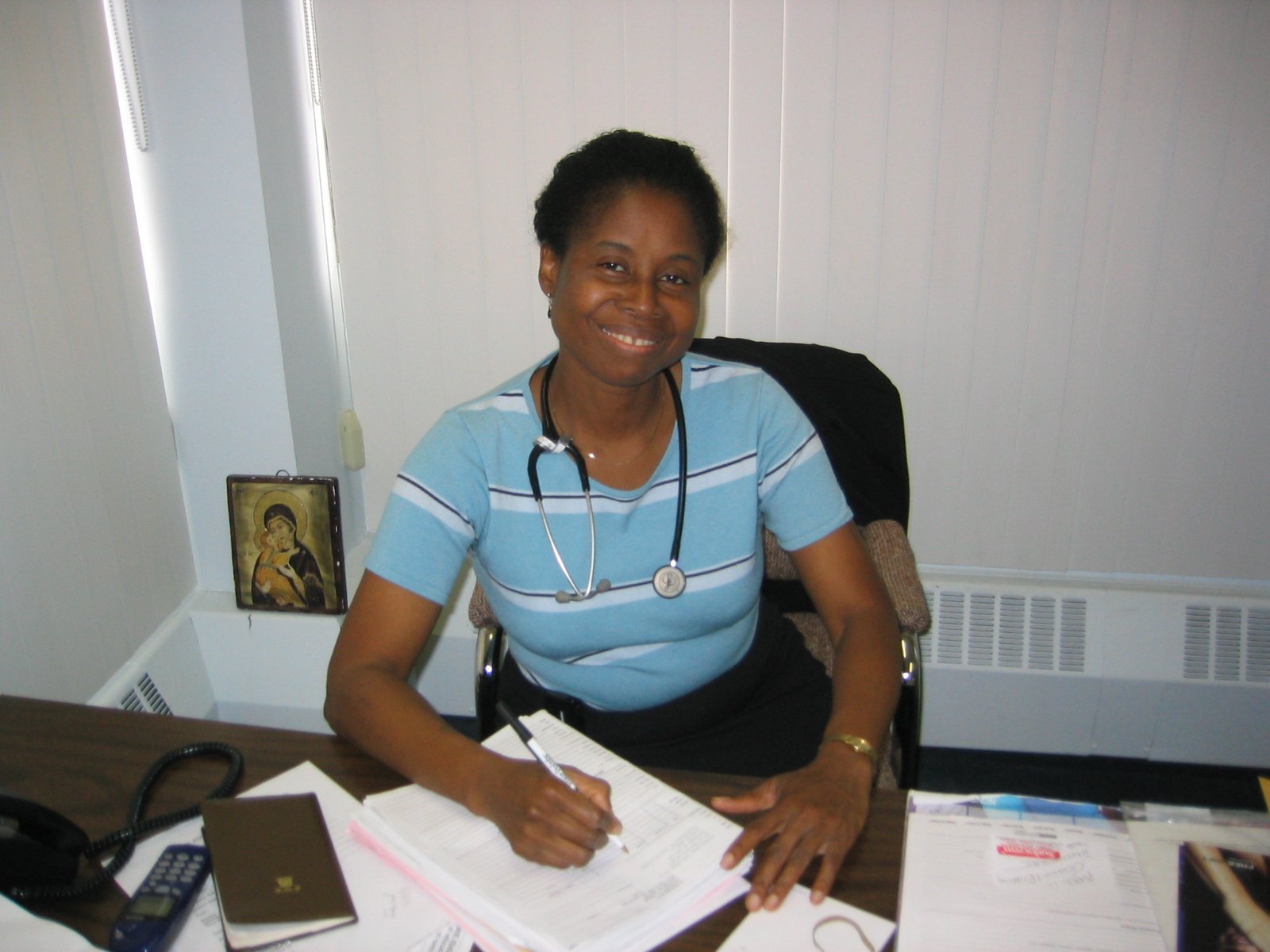
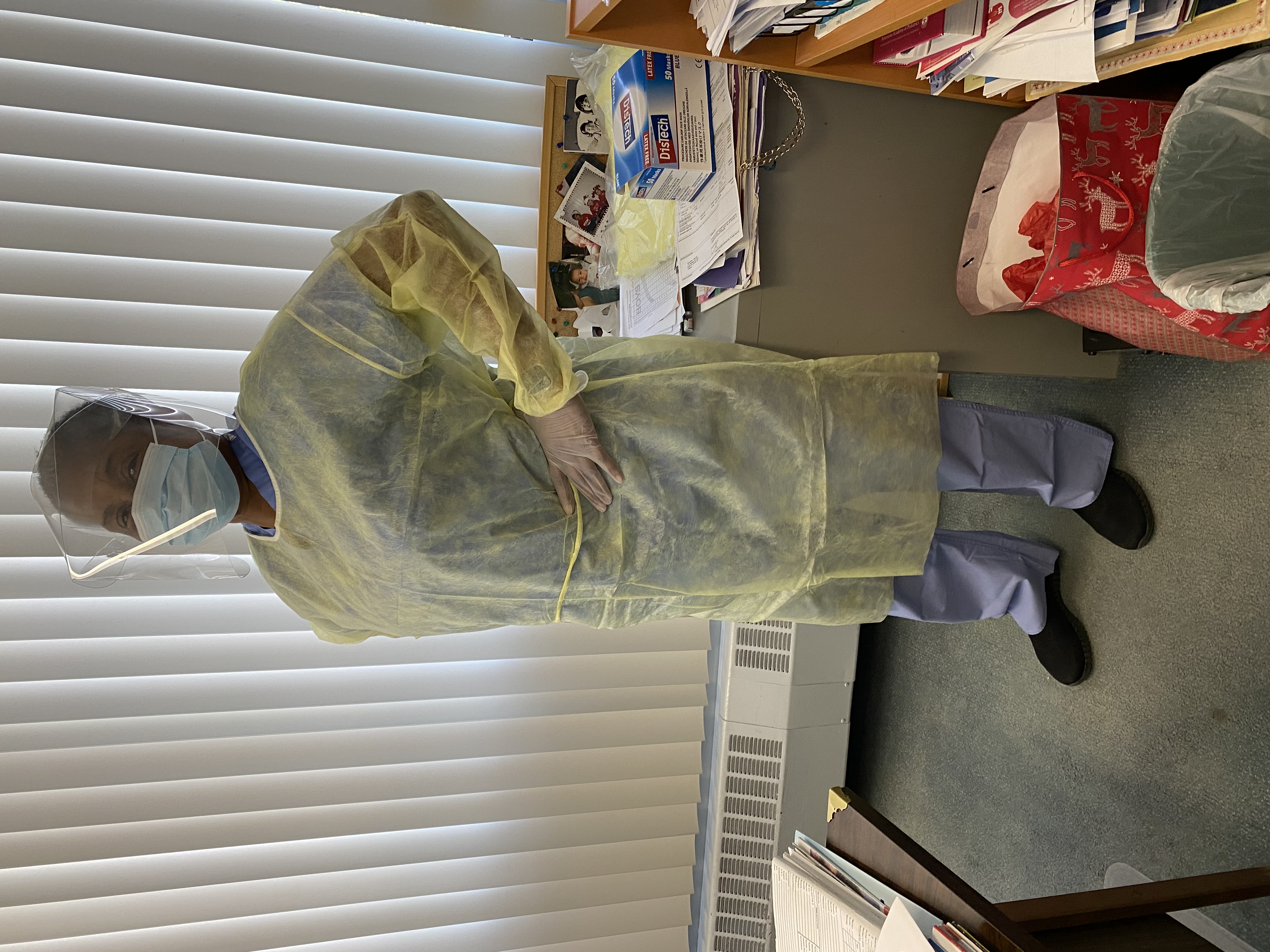
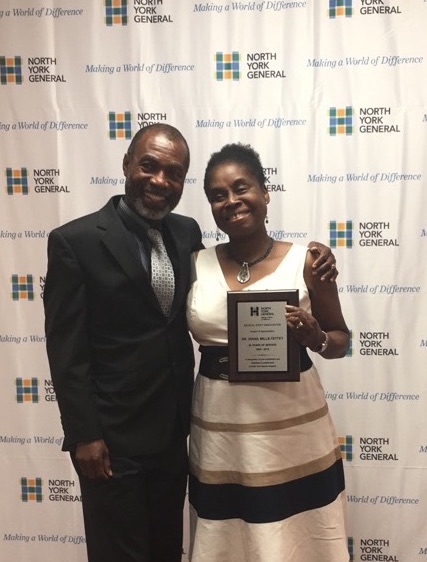
Celebrating 25 years of service at North York General Hospital, with her husband, Dr. Daniel Otchere, by her side.
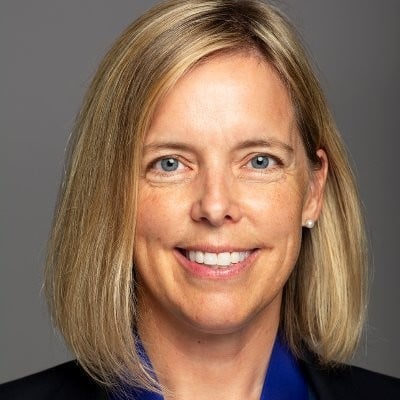

Memorable quote
“I think it is helpful to remember that as physicians our career is incredibly meaningful and it also lasts a long time, thus there is this opportunity to pivot, stop, evaluate and restart professionally.”
What are some of your greatest achievements?
I like to think of my greatest achievements as the culmination of the many small but important moments of showing up as my authentic self in all my roles as a family physician, leader, teacher, mom and community member.
On the professional side, I feel most proud of my clinical work to support my patients and their families over the course of their lifetime, this is the greatest privilege and joy of family medicine.
As an academic family physician, I feel my work as an educator, innovator and researcher has made an important impact; be it helping medical students and residents to become the next generation of skilled physicians, seeing a program I help develop and evaluate be spread across the province, or supporting and advocating for physician wellness.
Finally, I have been fortunate to serve as president of the Ontario College of Family Physicians and am incredibly gratified by this work to support and advocate for Ontario’s family physicians and to stimulate change in the health system towards one where strong primary care and family medicine are at the foundation.
Have you experienced a challenge specific to women physicians? What advice would you provide for overcoming these challenges?
I found it hard to be a mother and a physician - two incredibly demanding roles - particularly when my kids were younger. I sought out and was lucky to be able to get flexibility in my work so that I could lean in (or out) of my work as a physician depending on where things were at with my family. As a result, I was someone who came a bit later to academic and my leadership roles. My advice would be to remember you don’t have to do it all and it doesn’t have to be done perfectly. Also know that you can chart your own course, don’t be afraid to imagine and then ask for the job you want, with the compensation you deserve as opposed to accepting what is on offer.
I think it is helpful to remember that as physicians our career is incredibly meaningful and it also lasts a long time, thus there is this opportunity to pivot, stop, evaluate and restart professionally. I’d also add that I have had times where I’ve realized I’m doing too much and had to step away from work to protect my own well-being. In stepping away I’ve often found it was an opportunity to learn about myself and readjust the course of my professional life in a positive way. As the saying goes “it’s ok to not be ok” and so I’d encourage women physicians to not ignore those signs of burnout and make sure you look after yourself. As a physician leader, I’ve tried to role model this. Finally, it is so important to find and nourish relationships with mentors, sponsors and colleagues who you trust and really “get you”. I have relied on this group throughout my career.
As a more senior physician, I’d also want younger female physicians to not hesitate to reach out to potential mentors; people are typically very open and happy to share their thoughts and advice when asked.
What advice would you give to the next generation of women physicians?
The first thing I’d say is be yourself. There is so much evidence that female physicians make great clinicians and leaders, and we do so by bringing our authentic selves to the table. The second is to support efforts to build a culture in medicine that is both more equitable and compassionate. We have much more work to do to make this happen and we know this shift will help all physicians and our patients.
Biography
Dr. Liz Muggah is a comprehensive family physician working in Ottawa. She is currently the president of the Ontario College of Family Physicians. She is an associate professor at the Department of Family Medicine and the assistant dean of Wellness for the University of Ottawa Faculty of Medicine.
She completed her medical degree at McMaster University and her Family Medicine residency at the University of Ottawa and received her Master of Public Health at Harvard University. Dr. Muggah’s research, education and leadership activities have focused on physician wellness and how to improve quality and equity in family medicine.
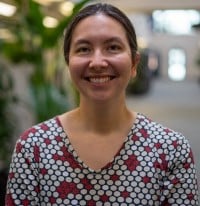

Memorable quote
"Learn to balance speaking out with listening carefully. Being a physician comes with power, privilege and a responsibility to use both wisely."
Who has inspired you in your career?
I feel very fortunate to have trained in British Columbia and learned from many of the standout public health physicians there, including Drs. Bonnie Henry, Patricia Daly and Réka Gufstason. I am deeply humbled by their wisdom and leadership. I am also inspired by the early childhood educators who have taken care of my young children since I returned from maternity leave. Every day, they work closely with small children, who don’t understand physical distancing or how to properly wear a mask, and through it all, they have maintained a warm, enriching environment. The vaccine roll-out would not have been possible without them!
Have you experienced a challenge specific to women physicians? What advice would you provide for overcoming these challenges?
A stress-relieving hobby really helps. Mine is knitting: I can pick it up and put it down easily, and as a bonus, there’s something nice at the end. Several of my nieces and nephews have new vaccine roll-out hats!
What advice would you give to the next generation of women physicians?
Learn to balance speaking out with listening carefully. Being a physician comes with power, privilege and a responsibility to use both wisely.
Biography
Dr. Joanna Oda, MD, MHSc, CCFP, is an associate medical officer of health at Halton Region Public Health. She received her medical degree from the University of Ottawa and completed her training in public health and preventive medicine at the University of British Columbia.
Dr. Oda joined Halton Region in 2017 from Edmonton where she worked as a medical officer of health for Alberta Health Services. Through the pandemic, Dr. Oda’s focus has been on COVID-19 vaccination.
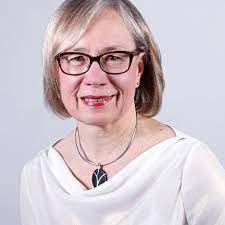

Memorable quote
"Be true to yourself. Honour yourself. Do the best you can."
What are some of your greatest achievements?
I really get a warm fuzzy feeling of pride when I see learners thrive and gain confidence. When we discuss a situation, I invite them to use their logic: how would you work this out if I wasn’t here? It is a wonderful thing to see these learners go out and succeed in their practice. We have to share our hard-earned insights and experience with those who come after us, otherwise, we would be lost.
Who has inspired you in your career?
My mother, a refugee during World War II, always reminded me that knowledge is the one thing that no one can take away from you. With knowledge and education, you will be better equipped to overcome any situation you might encounter. She advised me that it doesn’t matter what field I study, but whatever I do: be passionate about it. And I’ve realized that I am still passionate about learning. I went out and got both my Glider Pilot and Private Pilot licenses, Osgoode Certificate in Health Law, and even took a plumbing course. I may not be able to fix a leaky pipe on my own, but I will be less likely to be misled by whomever I call for help.
Do you have an unforgettable memory or story?
In my clinical diagnosis clinic group of six in 1978, there were four women and two men. The instructor entered the classroom on our first day and said, “Oh, I see we’ve reached the era of petticoat medicine.” Right then I realized there would be gender hurdles to overcome in my career. Some colleagues are surprised that this attitude was prevalent in my lifetime. In 1981, during my internship, the men wore blue scrubs, and there were pink dresses and pantyhose for the ladies. Once, in the operating room, I wore the blue scrubs and the nurse manager curtly told me, “Women are expected to wear pink and if you don’t, I will report you to the hospital vice-president.” Eventually, I researched and wrote a paper articulating that pantyhose actually increased the shedding of bacteria, which of course is disadvantageous in the OR. I presented the paper to the Intern & Education Committee, and subsequently was invited to appear at the Medical Advisory Committee, (which at the time I neither knew existed nor recognized the importance of). Finally, in 1983, women physicians no longer had to wear pink dresses and pantyhose at that hospital. We were allowed to wear blue scrubs.
What advice would you give to the next generation of women physicians?
Be true to yourself. Honour yourself. Do the best you can.
Biography
Dr. Leili Pede graduated from the University of Toronto in 1981. She was certified as a CCFP Specialist in 1983. She served on various OMA committees including the Central Tariff Committee, Hospitals Committee, and executive of the inaugural Section of Rural Practice. She is currently a staff physician at William Osler Health System where she chaired the Credentials Committee for 17 years. Dr. Pede holds an academic appointment with McMaster University, Department of Postgraduate Family Medicine. In 2018, she received the Gerry Cohen Award in honour of her teaching and her genuine commitment to the well-being of her patients. Her commitment to education is not only demonstrated by her day-to-day teaching but additionally by her involvement in the program and interest in its improvement. She practices family medicine in Brampton, Ont., and also is a Transport Canada Civil Aviation Medical Examiner.
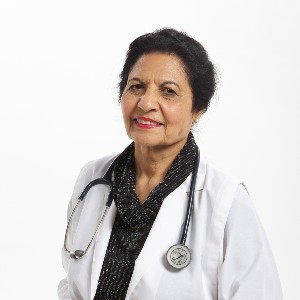

Biography
Dr. Mussarrat Khurshid Qaadri has been an obstetrician and gynecologist for the last 50 years in Toronto and is a strong believer in proactive women's health care, pluralism, and diversity. She is currently chair of the OMA Medical Interest Group in Clinical Hypnosis. Dr. Qaadri has served as president of the Toronto Branch of the Federation of Medical Women of Canada, president of the Islamic Medical Association of Canada, and as a member of many societies. She received the Voluntary Service Award from the Government of Ontario and is a Life Member with the Federation of Medical Women of Canada, the Association of Pakistani Physicians of North America, the Ontario Medical Association, and the Islamic Medical Association.
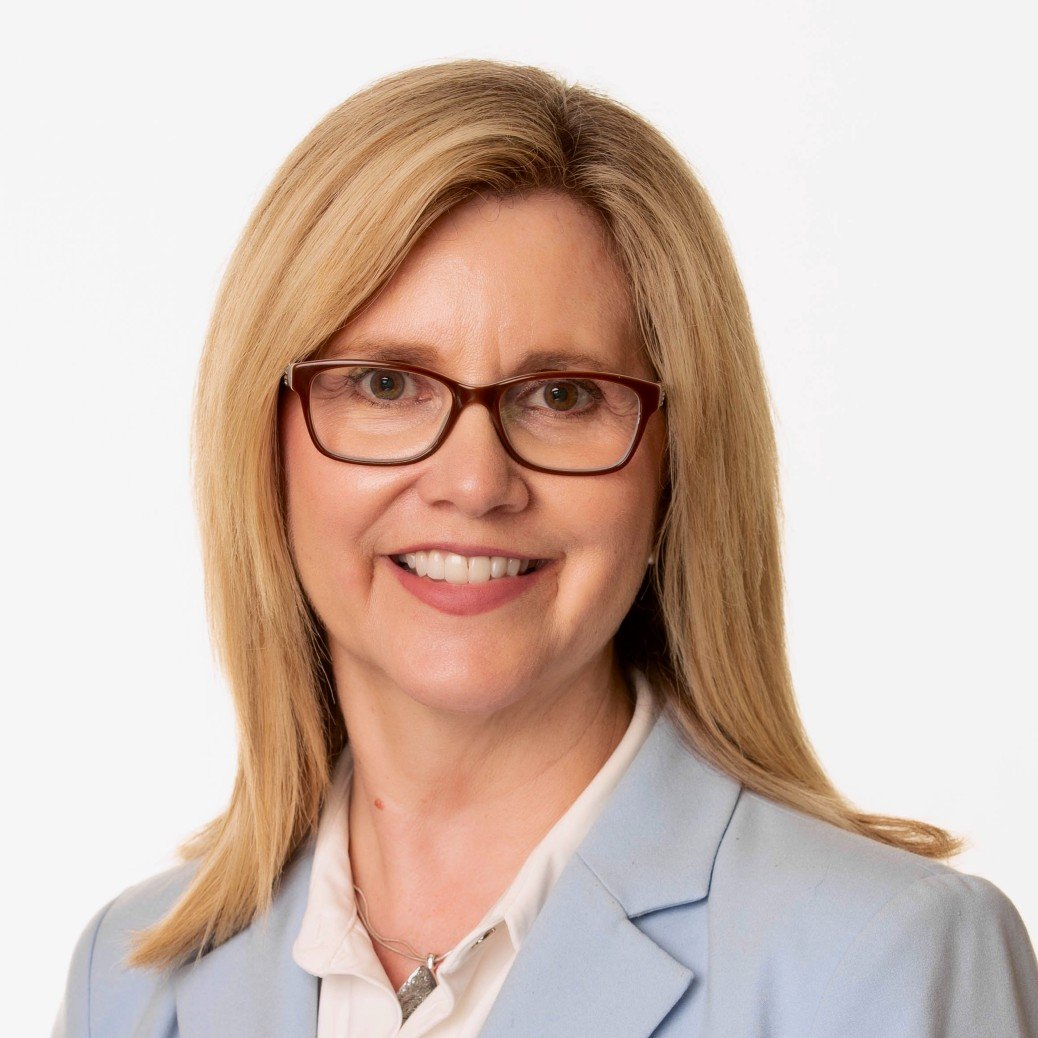

Memorable quote
“You can never lose by asking for what you want. You may not get it, but you will get closer.”
What are some of your greatest achievements?
Becoming the first female to chair a Department of Surgery in Canada, does not overshadow the birth of my two children in partnership with my husband. The opportunity to serve on the executive of the Canadian Association of General Surgeons and as president 2010-2011 was an incredible journey that allowed me to meet so many of my amazing colleagues across the country. I am proud to still belong to the American College of Surgeons Women's Chair group, a truly inspiring group of female leaders in North America.
Who has inspired you in your career?
Early on I benefited from mentorship from the first chair of the Department of Surgery at McMaster, Dr. Barber Mueller, and then program director Dr. Ted Thomas had a huge influence on my development and love of surgical education. Later, it was countless enthusiastic medical students and residents who stoked my ongoing passion for education, and who taught me so many valuable life lessons. As chair, it was my greatest joy to witness the phenomenal contributions of the faculty surgeons to research, education and clinical care. Every new hire, every promotion, every accomplishment of this talented, brilliant group of surgeons, brought me immense pride in our Department and University.
Have you experienced a challenge specific to women physicians? What advice would you provide for overcoming these challenges?
The challenges facing female physicians and leaders are too numerous to list, and all too familiar to any female in science, technology, engineering and medicine. We need to continue to support each other, open up about the challenges, and look to use what we learn to support all those who are experiencing marginalization in their professional and personal lives. The evolving focus on Diversity, Inclusiveness and Equity in our academic and hospital communities allows new opportunities for getting involved and contributing to increased awareness and finding solutions. My advice is, for whatever it is that you wish to accomplish, but have been holding back, stop holding back! Be confident, you have so much to contribute, show up, you will soon see the rewards of participating.
What advice would you give to the next generation of women physicians?
You can never lose by asking for what you want. You may not get it, but you will get closer. Keep your institutions true to their leadership terms of reference, so that positions are not held by the same people for years and years. New ideas and fresh perspectives will improve our institutions and provide the necessary experiences to have leaders grow and develop their leadership skills. Keep reading, Hug your children, Play with abandon, Listen, Love unconditionally, Walk to the edge, Do your best, Every time.
Biography
Dr. Susan Elizabeth Reid, MD, FRCSC, was the first woman in Canada to lead an academic Department of Surgery. Born in Toronto, Ont. in 1961, Dr. Reid received a BA’84, Physical Education/Psychology from York University and a MD’87 from McMaster University. She was the only woman in the class of ’87 to go on to general surgery, and when she completed her residency in surgery and fellowship in critical care in 1993, less than five per cent of all Ontario surgeons were women.
She became a general surgeon at Hamilton Health Sciences in 1993, and has since served in many roles including full professor, McMaster University (2012), program director general surgery (2005 -2009), examiner, Royal College (2006-2010), president Canadian Association of General Surgeons (2010-2011), associate chair education (2009-2012), and of course chair Department of Surgery (2012- 2021).
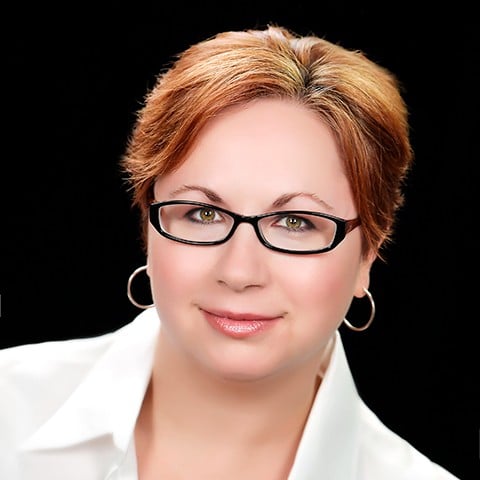

Memorable quote
"You are knowledgeable and capable. You belong. You belong in charge."
What are some of your greatest achievements?
My specialty niche is in an area that is not well established for physicians - so I had to forge that path myself. I have been successful academically, creating a robust research and teaching program in the areas of sexual assault and intimate partner violence, as well as clinically, creating a sustainable 24/7 clinical program where survivors are well cared for. My advocacy work has led to greater awareness of the prevalence and impact of sexual and intimate partner violence in our communities.
Who has inspired you in your career?
The women in emergency medicine who have come before me, who have had successful medical careers, as well as gone to do things that were more off the beaten track from medicine. They show me what is possible
Do you have an unforgettable memory or story?
Every day that our sexual assault and intimate partner violence care program is funded and functioning is a good day for me. Health-care dollars are very hard to come by and the competition is fierce, and while sexual assault and intimate partner violence are far more publicly recognized now, we are not appreciated or funded for how prevalent it is in our society.
Have you experienced a challenge specific to women physicians? What advice would you provide for overcoming these challenges?
Being strong and an advocate, as well as a woman, isn't always well-received. Trying to overcome this stereotype while working collaboratively to reach your goals is a delicate and difficult balancing act. It has been termed the "likeability tax". My advice to others is to be accurate, be collaborative but know your value and bottom line.
What advice would you give to the next generation of women physicians?
You are knowledgeable and capable. You belong. You belong in charge.
Biography
Dr. Kari Sampsel is a staff emergency physician and medical director of the Sexual Assault and Partner Abuse Care Program at the Ottawa Hospital and an assistant professor at the University of Ottawa. She has been active in the fields of forensic medicine and medical education, with multiple international conference presentations, publications and committee work. She has been honoured with a number of national awards in recognition of her commitment to education and awareness. She is an avid CrossFitter and believes that strength and advocacy are the way to a better world.
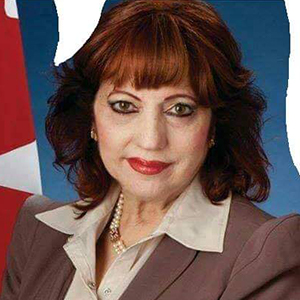

Memorable quote
"My advice is even if you do not seek elected office, your voices are important and speaking up, getting involved, advocating for what we need and what our patients need does make an enormous difference."
What are some of your greatest achievements?
I was very proud to be the first Indo-Canadian female to be appointed to the Senate of Canada. I used this opportunity as a physician to bring issues of concern to our profession to the forefront, both in the Senate chamber and through my philanthropic work, to effect long-term positive change.
Who has inspired you in your career?
I was born in India, where women at that time were framed by four walls of domesticity. Yet many women were not willing to be chained to the kitchen. I was blessed to find the support of my family when challenging the status quo. When I said I wanted to be a doctor, they helped me and encouraged me. This support was invaluable.
What advice would you give to the next generation of women physicians?
Women have come a long way since 1921 when Agnes Macphail became the first woman to be elected to the Canadian House of Commons. It was a great honour for me to represent women, especially Indo-Canadian women, in the Senate and to now continue as a mentor to young women aspiring to make a positive difference through politics. My advice is even if you do not seek elected office, your voices are important and speaking up, getting involved, advocating for what we need and what our patients need does make an enormous difference.
Where there is inequality of pay, we must ensure gaps are closed. And we should encourage our governments and our companies to promote increased representation of women in positions of power. That’s because I believe that increasing economic opportunities for women, including increasing their representation on corporate boards and positions of authority, makes good sense for our economy. Still, we cannot ignore that many cultural and institutional obstacles remain in the way of having full participation of women in politics, leadership and society as a whole.
Biography
The Honorable Dr. Asha Seth, the first Indo-Canadian female to be appointed to the Senate of Canada, has been an obstetrician and gynecologist within family practice for 45 years. Dr. Seth has dedicated herself to a broad area of charities serving the local and international community with a focus on maternal, newborn, and child health, and was formerly on the national board of the Canadian National Institute for the Blind.
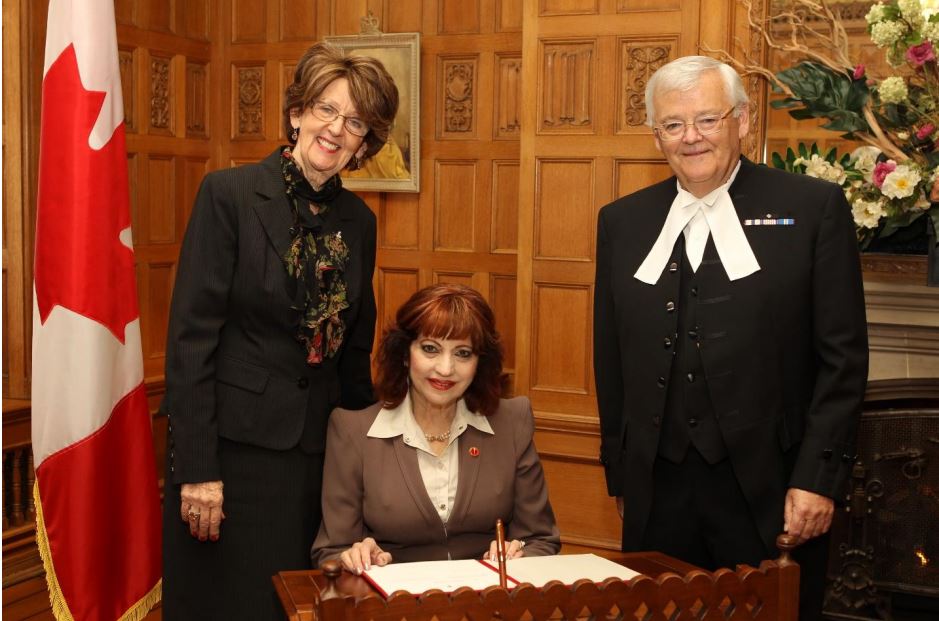
Honourable Dr. Asha Seth sworn in as Senator, 2012.
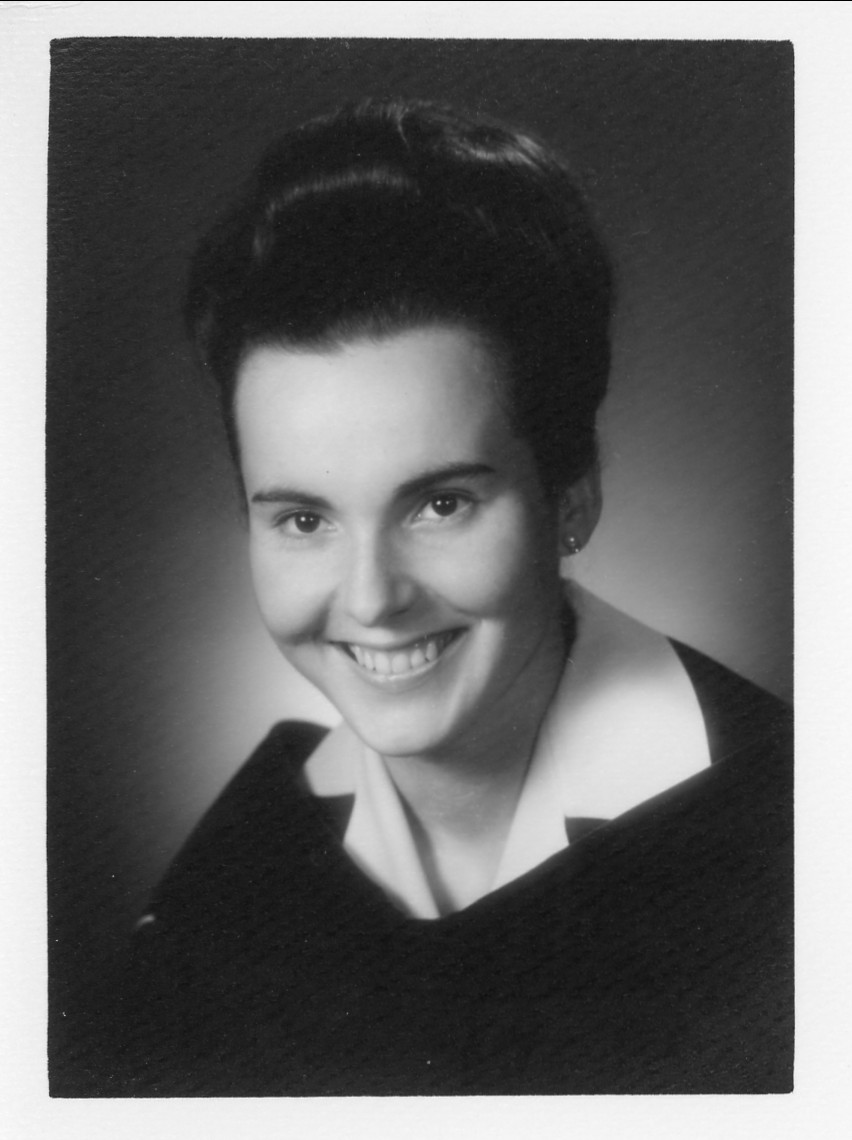

Memorable quote
"You will have a long, rewarding and privileged career. You will eventually catch up on your sleep."
What are some of your greatest achievements?
Dr. Spence’s sphere of influence has changed over her years of practice and has touched many organizations groups and individuals. Dr. Spence served the OMA with membership in two committees regarding women’s reproductive care from 1988 to 1996. Locally she served on the executive of the London and District Academy of Medicine from 1985 to 1989, culminating this time as the first woman president of the LDAM in 1989.
Additionally, she served as the chair of the Women’s section of the OMA from 1989 to 1994. With the CMA Dr. Spence served on the MD Management Advisory Board from 1991 to 1996, and this evolved into service on the Advisory Committee on Membership services and benefits from 1966 to 1998. She chaired this committee from 1997 to 1998. With the CCFP Dr. Spence served from 1993 to 1997 as an examiner for the college. Dr. Spence’s role with the Medical Council of Canada started in 1981 when she was recruited to serve on various testing committees, including Medicine, Psychiatry, Clinical Reasoning (chaired 1998–2004), Obstetrics and Gynecology and Automated Item Generation as the family practice representative. Dr. Spence’s teaching roles within the UWO Department of Family Medicine have included teaching sexual counselling and family therapy, primary and secondary clinic skills, family medicine electives years 3 and 4, and problem-based learning year 1. On the postgraduate level, she chaired the Family Medicine Resident Year 1 course on Family and Human Sexuality.
In addition to Dr. Spence’s considerable organizational medical commitments, she has also been active on a community level. She has served on the Board of Directors of the YM/YWCA from 1979 to 1986 and has been a member of the London Family Court Clinic Board from 1991 to 1994, taking over as chair from 1994 to 1997. She found time to participate in the Women’s Committee of the London Art Gallery (1972–1979) and has always been actively supporting the Amabile choirs, with an official role as secretary to the Board of Directors from 1995–1997.
Who has inspired you in your career?
Dr. Glenn Pratt, a family doctor and one of the founders of the Victoria Family Medical Centre in London, Ont., where I was the first graduate. Who practiced patient-centred care before it became a byword. Dr. Ian McWhinney the founder of academic Family Medicine in Canada, taught me that family medicine was a specialty with its own special skills and training. He encouraged me to do more than I would have done without his support. Dr. Kay Stavaraky, one of the few women faculty members, once shared that after her work she loved to come home to a well-organized household, and know that the housekeeper had done a good job. She taught me that I did not have to do everything
Do you have an unforgettable memory or story?
Age 22, 32 weeks pregnant doing an admission history on a 20-year-old farm boy with cardiomyopathy. I was so tired I sat on the end of his bed. I found out that he would sit on the over the bed table, so that if he dozed he would fall off and wake up. He did not want to die in his sleep. I would spend some time with him and let him talk a bit, I told this story for an article and was contacted by a member of his family to tell me how much it meant to them, that someone had cared about him before he died.
Have you experienced a challenge specific to women physicians? What advice would you provide for overcoming these challenges?
In first-year med school, I was hauled in by the anatomy professor who wanted to know why I was not doing too well. He asked me if I was just in medical school to catch a man. I told him that in fact, I was very serious about anatomy and medical school and in fact, already had my man.
Being the medical resident at St. Joseph's hospital, running the floor and having to figure out which patients I could present to the attendings, so I could leave the floor by 11:45 to race out to get my sons from nursery school to get them to a babysitter and be back before anyone realized I was gone. No daycare and no nannies and limited understanding by the system made it difficult to be a doctor and a mother. Thank you to all the nurses who covered for me.
What advice would you give to the next generation of women physicians?
Relax. Not to worry about the small stuff. The kids will be fine, especially if they feel they are part of you and your work life - if they feel they are helping. You will have a long, rewarding and privileged career. You will eventually catch up on your sleep.
Biography
Dr. Ann Spence’s career spans not only many firsts but also 56 years. Dr. Spence studied medicine at the University of Western Ontario. Medicine was the only career she ever wanted, and her father, who did not have any awareness of gender roles and limitations, supported her in whatever she wanted to do. She was one of the 12 women allowed to be admitted to her graduating class of 1970. Much to the bewilderment and consternation of the academic system of the time, she birthed her eldest son in her second year in medical school. She celebrated the birth of her second son one week after graduation.
She interned locally in London at Victoria Hospital in 1970, subsequently being part of the premier resident year in the newly minted Family Medicine Program at UWO, under the auspices of Ian McWhinney (a career-long mentor). Residency at that time was two years post-internship. Post-residency, she was immediately hired to work as an academic family doctor at the St. Joes Family Medical Centre. After her first year there, she was recruited to the Victoria Family Medical Centre, where she again practiced for one year. She was awarded the MacLaughlin Fellowship to hone her skills in human sexuality and family therapy from 1974 to 1976 in San Francisco, California. She completed her MSCL in Family Medicine at UWO in 1990. She attained her CCFP in 1973 and her FCFP in 2003.
On return to London, Ont., after her MacLaughlin Fellowship, she chose to practice in the community, where she successfully established a partnership with Rachel Edney. She has remained in community practice in London since 1976. Over these years, Dr. Spence’s community practice has truly reflected cradle to grave care. Her influence over a patient population numbering up to 3000 souls is immeasurable. Her practice has always kept pace with the scientific and technological advances medicine has enjoyed and endured. She is one of the longest practicing family doctors in London.
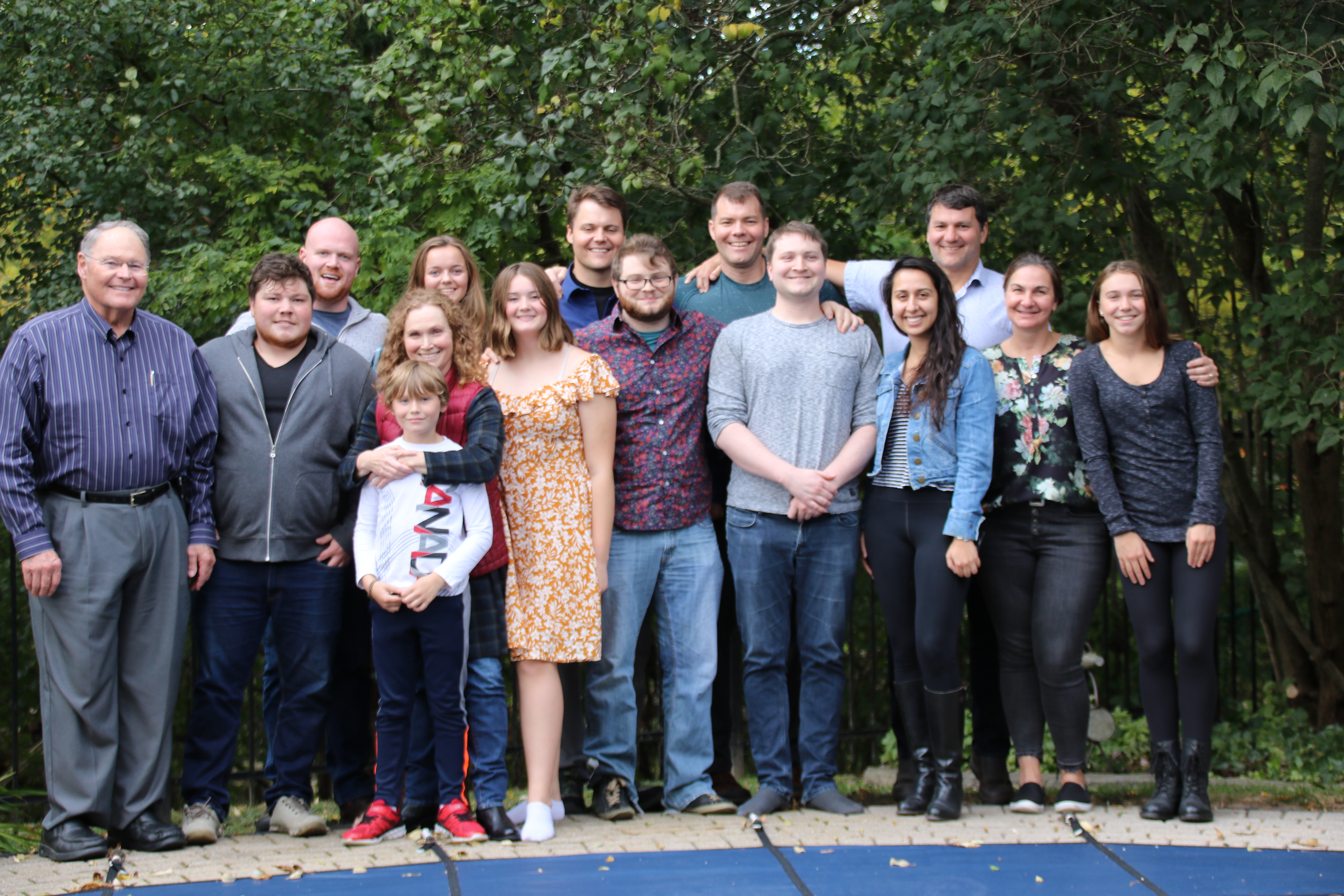
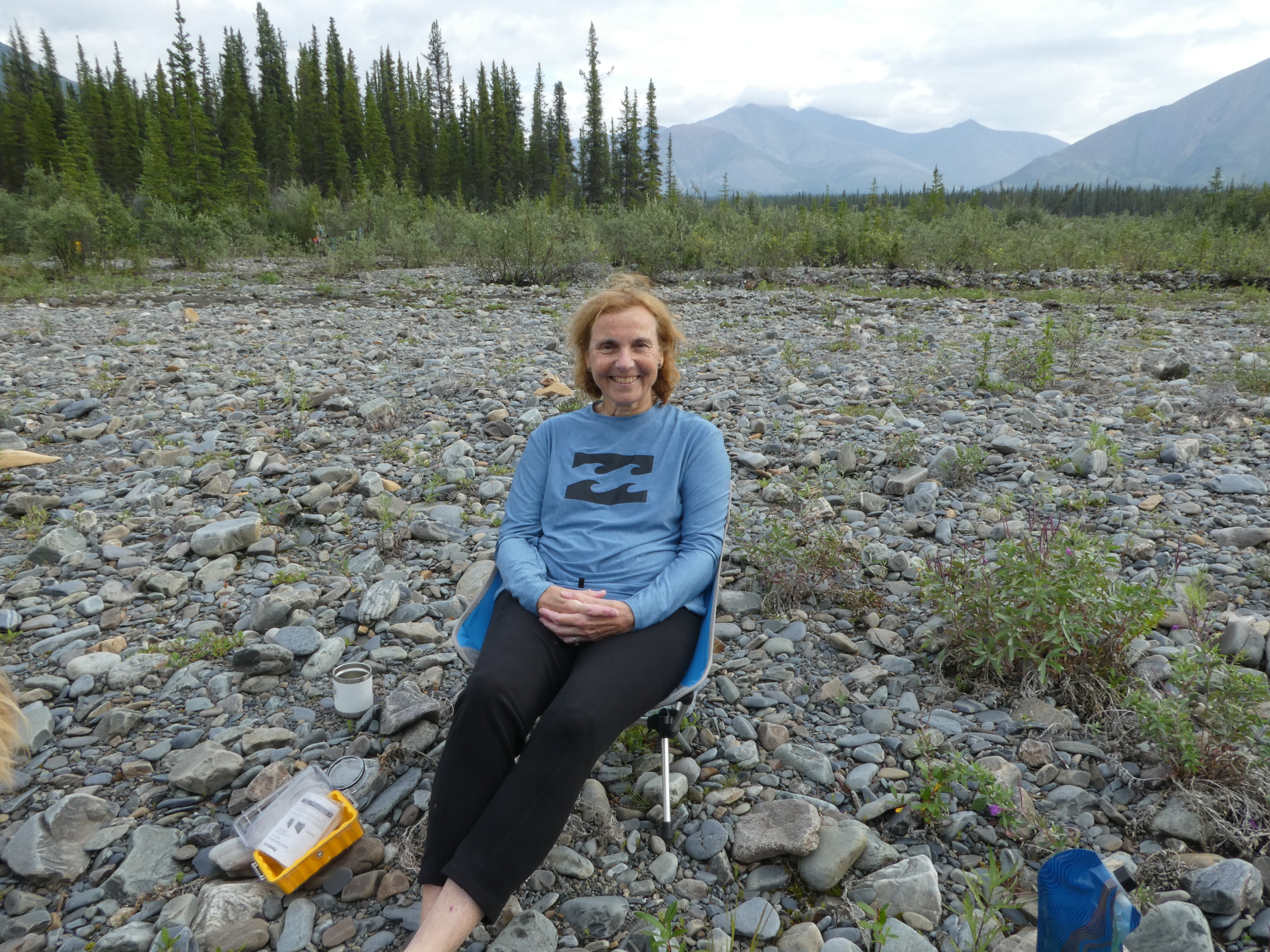
Dr. Ann Spence after the completion of a canoe trip on Wind River, Yukon 2021.
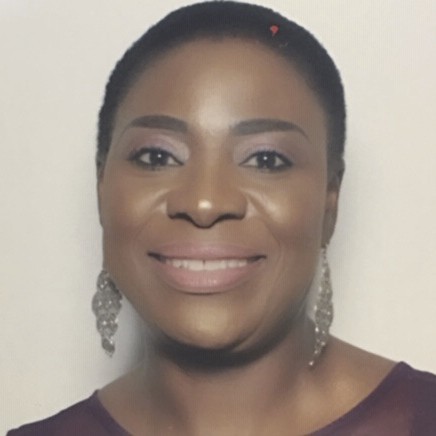

Memorable quote
"Life is a journey, you may encounter some obstacles, as long as you get to your destination that's all that matters".
What are some of your greatest achievements?
I have had so many achievements in my life, notably completing another residency program in OBGYN. This is a testament to my resilient personality. Additionally, raising two young children during my second residency. Professionally, I have been successful in improving women’s health through key quality initiatives. I have mentored young physicians who have been successful in their careers. As a co-founder of Women’s Health Education Made Simple, I have the opportunity to work with bright physicians and learners.
Who has inspired you in your career?
I have been extremely fortunate to have had excellent teachers and role models in medical school. OBGYN was well taught with an abundance of experience. My parents inspired me to work hard and always be grateful for everything, to love people and give selflessly.
Do you have an unforgettable memory or story?
I emigrated from the UK to Canada in the midst of a country-wide snowstorm. Our plane was diverted to Montreal, we were on the tarmac for hours and there was a power outage. It was announced that the plane was being "de-iced" which was foreign to me. Eventually, we made it to our final destination, Sudbury, Ont. I was waiting to get into a terminal, but we were told to get down and walk on the tarmac. I was shell-shocked by the amount of snow, within a few minutes my boots were soaked and my red coat was not designed for a temperature of -40 degrees Celsius. It appeared that I was the only one in shock as everyone picked up their luggage as normal and left. I was humbled by the size of the airport. The beauty of it all was getting to a warm home, where heating was 24/7; this compensated for my flimsy winter coat and boots.
Have you experienced a challenge specific to women physicians? What advice would you provide for overcoming these challenges?
There are many challenges that female physicians face especially around balancing work with family. I struggled with not being able to meet some family obligations because of last-minute cancellations of work schedules. I had to always arrange for backups. Female physicians are often less respected compared to their male counterparts. You have to deal with microaggressions. These negative experiences are significantly multiplied if you are from a minority group. My advice is to plan your day with backups. Address inequities and hold people accountable for their actions. Recognize your privileges and be an ally.
What advice would you give to the next generation of women physicians?
My advice for the next generation of female physicians is to strive to have a work and life balance. I would suggest not putting a hold on your life like having children. If it is a priority, please go for it. Find JOY at work and cherish every moment with your family. Look for leadership courses and become an authentic leader. Connect with an admired leader who may be a mentor. Be aware of your privileges and commit to changing the landscape of medicine with equity lenses.
Biography
Dr. Modupe Tunde-Byass is a fellow of the Royal College of Obstetricians and Gynecologists of the UK and The Royal College of Surgeons of Canada. She is an assistant professor of OBGYN and an active staff at North York General Hospital. She is a member of the Equity, Diversity, and Inclusivity committees at the NYGH and at the Department of Obstetrics and Gynaecology, University of Toronto.
Dr. Tunde-Byass is the president of the Black Physicians of Canada, a national not-for-profit organization established in July 2020. The mission of the organization is to unite, support and empower Canadian Black physicians, physicians-in-training and the Black Community while strengthening leadership roles and amplifying Black voices and experiences within the Canadian healthcare system. As the president of the Black Physicians of Canada, Dr. Tunde-Byass collaborates with National organizations like the CMA, CMPA, SOGC and RCPSC in reviewing internal practices and policies related to Equity, Diversity, and Inclusivity.
Additionally, she is involved with research around COVID-19 hesitancy and COVID-19 online mis/disinformation in Black communities and she is the co-founder of Women’s Health Education Made Simple, an initiative that started in the pandemic to promote health literacy through online educational resources. Dr. Tunde-Byass is also involved in key quality initiatives like increasing access to vaginal birth after cesarean section and improving the care of women undergoing early pregnancy complications and losses. She has presented some of her research at international conferences and has publications in peer-reviewed journals.
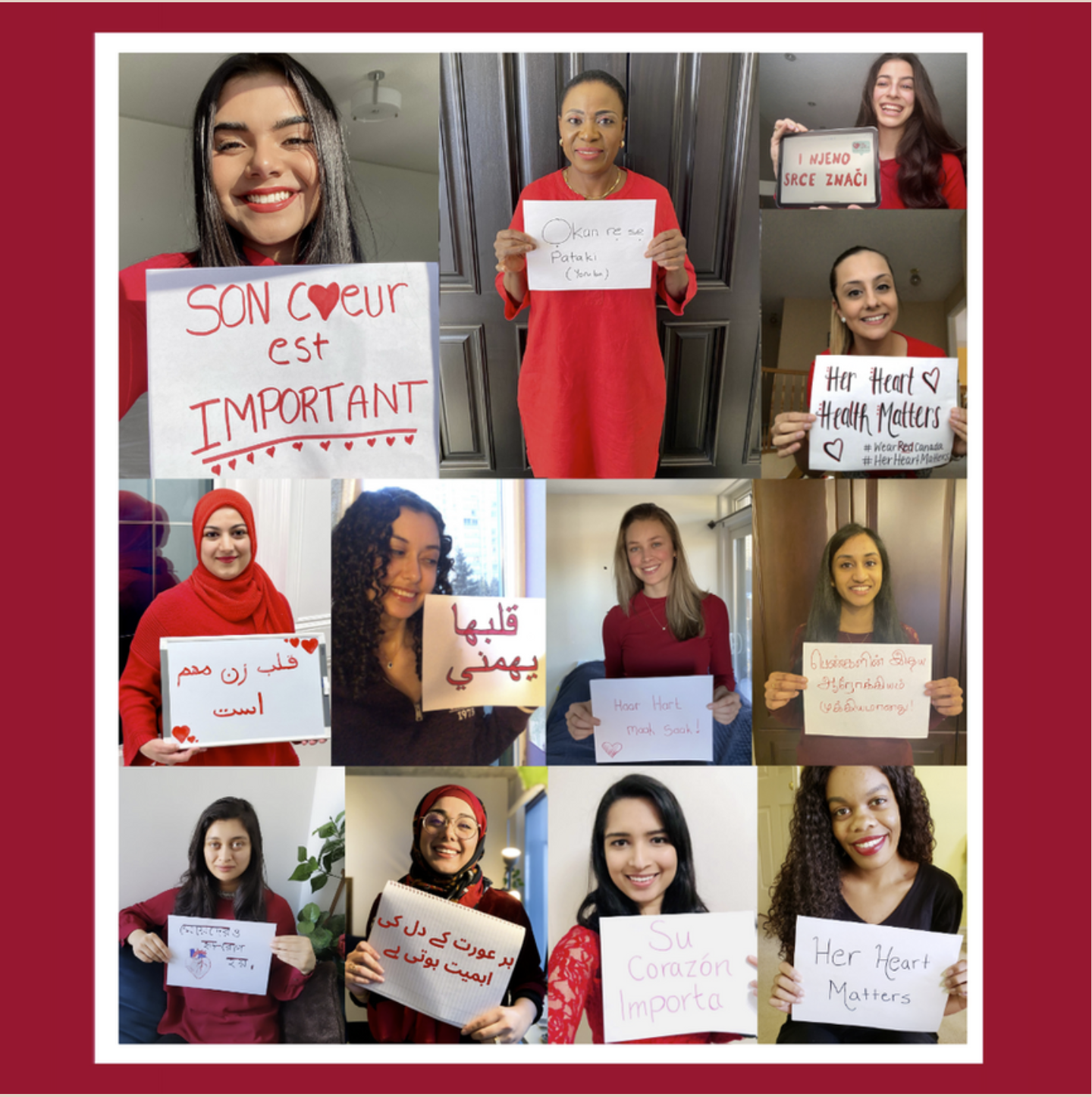
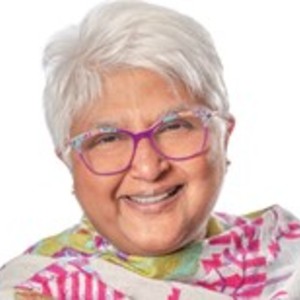

Memorable quote
"Be authentic. Have integrity. Never Lose your cool."
What are some of your greatest achievements?
Being a lawyer and then a doctor. That's rare. Then becoming many "firsts" - the first family doctor and person of colour and woman postgrad dean at Queen's, PG dean at U of T and then deputy dean at U of T. Leading innovation and transformational change as well as an emphasis on equity, diversity and inclusivity.
Who has inspired you in your career?
My mother; AND All great women leaders.
Do you have an unforgettable memory or story?
Becoming the first female dean at Northern Ontario School of Medicine and the sixth woman dean ever in Canada as well as the first person of colour dean. I think this has paved the way for others and set an open door for young women.
Have you experienced a challenge specific to women physicians? What advice would you provide for overcoming these challenges?
Being subject to "mansplaining"; being ignored in meetings and my opinions being spoken over or my opinion repeated by a male colleague and only then does it become valid as his, not mine.
What advice would you give to the next generation of women physicians?
Be authentic. Have integrity. Never Lose your cool.
Biography
Dr. Sarita Verma is the dean, president and CEO of the Northern Ontario School of Medicine. She was the vice-president, Education at the Association of Faculties of Medicine of Canada and is a professor emerita in the U of T Department of Family and Community Medicine. Formerly the deputy dean of the Faculty of Medicine and associate vice-provost, Health Professions Education she is a family physician who originally trained as a lawyer at the University of Ottawa (1981) and later completed her medical degree at McMaster University (1991).
She has been a diplomat in Canada’s foreign service and worked with UNHCR in Sudan and Ethiopia for several years. She currently sits on the board of the Thunder Bay Regional Health Sciences Centre and the Association of Faculties of Medicine of Canada, ICES, Health Services Organization, Associated Medical Services and of the Health Sciences Network Research Institute in Sudbury.
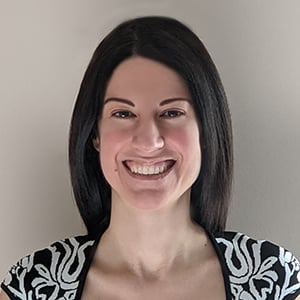

Memorable quote
“Believe that you are enough and that you deserve to be heard.”
What are some of your greatest achievements?
I feel very privileged to have achieved core leadership positions in my specialty, including Ontario Medical Association Section on Psychiatry chair, Ontario Psychiatric Association president and Psychotherapy Initiative lead, and former president of the Ontario District Branch of the American Psychiatric Association. I strive to serve as a voice for positive change and for equality across the spectrum.
Have you experienced a challenge specific to women physicians? What advice would you provide for overcoming these challenges?
Women physicians can feel dismissed, invalidated, unheard and belittled at various stages of their careers compared to their male counterparts. These situations can lead to fewer opportunities for advancement, both implicitly and explicitly. Creating safe spaces for women to feel mentored and to carve out specialized pathways to adjust for the imbalances are key steps for making progress on these issues.
What advice would you give to the next generation of women physicians?
Believe that you are enough and that you deserve to be heard.
Biography
Dr. Renata M. Villela, MD, FRCPC, is a psychiatrist in independent community practice in Thornhill, focusing on individual long-term psychodynamic psychotherapy. At the OMA, she serves as chair of the Section on Psychiatry, District 5 secretary, and as a Priority and Leadership Group delegate. Outside of the OMA, she serves as president and psychotherapy initiative lead at the Ontario Psychiatric Association and co-chair of the Coalition of Ontario Psychiatrists. Formerly, she served as president of the Ontario District Branch of the American Psychiatric Association.
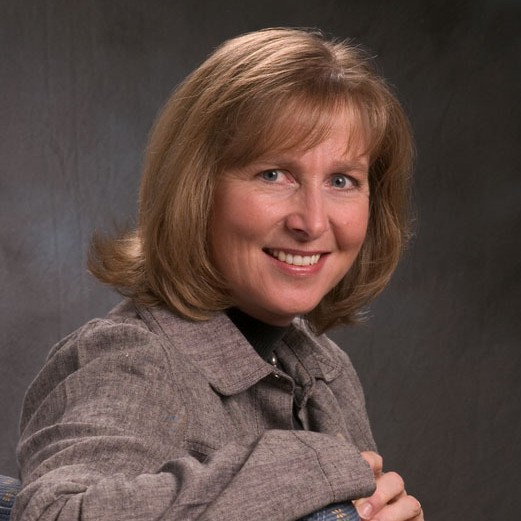

Memorable quote
"Despite the pressures that you will feel and the expectations others may place on you remember to place the first priority on maintaining your own health."
What are some of your greatest achievements?
Raising two children with husband Jim Walker MD FRCP. Earning the Kathleen Chambers Memorial Award when I graduated from medical school at the University of Toronto. Becoming the first female president of the Canadian Academy of Sport and Exercise Medicine previously called the Canadian Academy of Sport Medicine. Becoming the first female Chair of the Canadian Centre for Ethics in Sport. Setting up two-sport medicine clinics in Ottawa as a Co-Director (Nepean Sport Medicine Centre and Ottawa Sport Medicine Centre). Became the first Director of the Sport and Exercise Medicine Program at the University of Ottawa under the Enhanced Skills in Family Medicine. Induction into the U of T Sports Hall of Fame, Nepean Sport sWall of Fame, Ontario Athletics Sports Hall of Fame.
Who has inspired you in your career?
My parents gave me an upbringing that valued education and a good work ethic. My mother raised me to believe that women can be independent and valued in the workforce not just at home. My uncle who was a psychiatrist made me believe that ordinary folks can become physicians. Dr. Terry (Terence) Kavanagh opened my eyes to what it meant to be a pioneer in medicine.
Do you have an unforgettable memory or story?
In 1972, I started medical school one week late as I was competing in the Munich Olympics. My first day is forever burned in my memory. A friend met me and led me down to the anatomy lab where partially dissected cadavers lay on multiple tables and groups of six medical students were hunched over them. Females accounted for a small percentage of the classes, maybe ten per cent. There were many instances of sexist comments during lectures such as a photo of a woman's breast made to look like a blood cell with nucleus. The women were educated separately from the men when the curriculum dealt with male genital anatomy. Sexist jokes abounded and even in the clinical years, there were attempts to humiliate the women in front of the male peers. So maybe this is not a great start to a story, but it is what set the tone for me as I tried to make my way in a man's world. My saving grace was that I loved sports and many of the medical student women were great athletes. We bonded together socially, with sports and were fairly successful in many intramural sports, even against the more favoured Faculty of Physical Education students on occasion. Not surprisingly after a year off medical school (I had to formally withdraw and re-apply with the support of the associate dean of medicine) for the 1976 Montreal Olympics and then a return for my final eight months of clinical clerkship, I decided I wanted to incorporate treatment of athletes somehow in my practice. It was a long journey, but I am very happy I chose the path that I did and in doing so, I think I paved the path for many women to follow.
Have you experienced a challenge specific to women physicians? What advice would you provide for overcoming these challenges?
The sexism that pervaded education in the 70's is hopefully a thing of the past. But the place of women in society is still in question. In my training and career, women had no PAIRO to help or any maternity leave which lead to a generation of older first-time medical mothers. There are still likely barriers to combining motherhood and medicine but awareness is the first step to meeting the challenge. Recognize you are not alone. Seek support from your peers.
What advice would you give to the next generation of women physicians?
Despite the pressures that you will feel and the expectations others may place on you remember to place the priority on maintaining your own health. Without that there is no way to help others. Despite the adage, I was told about Physician Heal Thyself, sometimes it is also necessary to ask for help in order to heal. A lesson that came late for me but essential if you want to be able to help your patients to the best of your ability and also stay healthy for you and your family.
Biography
Dr. Marilyn Louise Walker, CCFP (SEM), FCFP(LM), was born in Toronto, Ont., and attended the Richview Collegiate Institute. She completed her BSc and MD’77 at the University of Toronto and received a diploma in sport medicine from the Canadian Academy of Sport Medicine.
Dr. Walker is a leader in sport medicine and was the first woman to become president of the Canadian Academy of Sport and Exercise Medicine and the first woman to chair the Canadian Centre for Ethics in Sport. She was the first director of the Sport and Exercise Medicine Program at the University of Ottawa under the Enhanced Skills in Family Medicine, and set up two sport medicine clinics in Ottawa as a co-director (Nepean Sports Medicine Centre and Ottawa Sport Medicine Centre). Dr. Walker has been inducted into the U of T Sports Hall of Fame, Nepean Sports Wall of Fame, and Ontario Athletics Sports Hall of Fame.
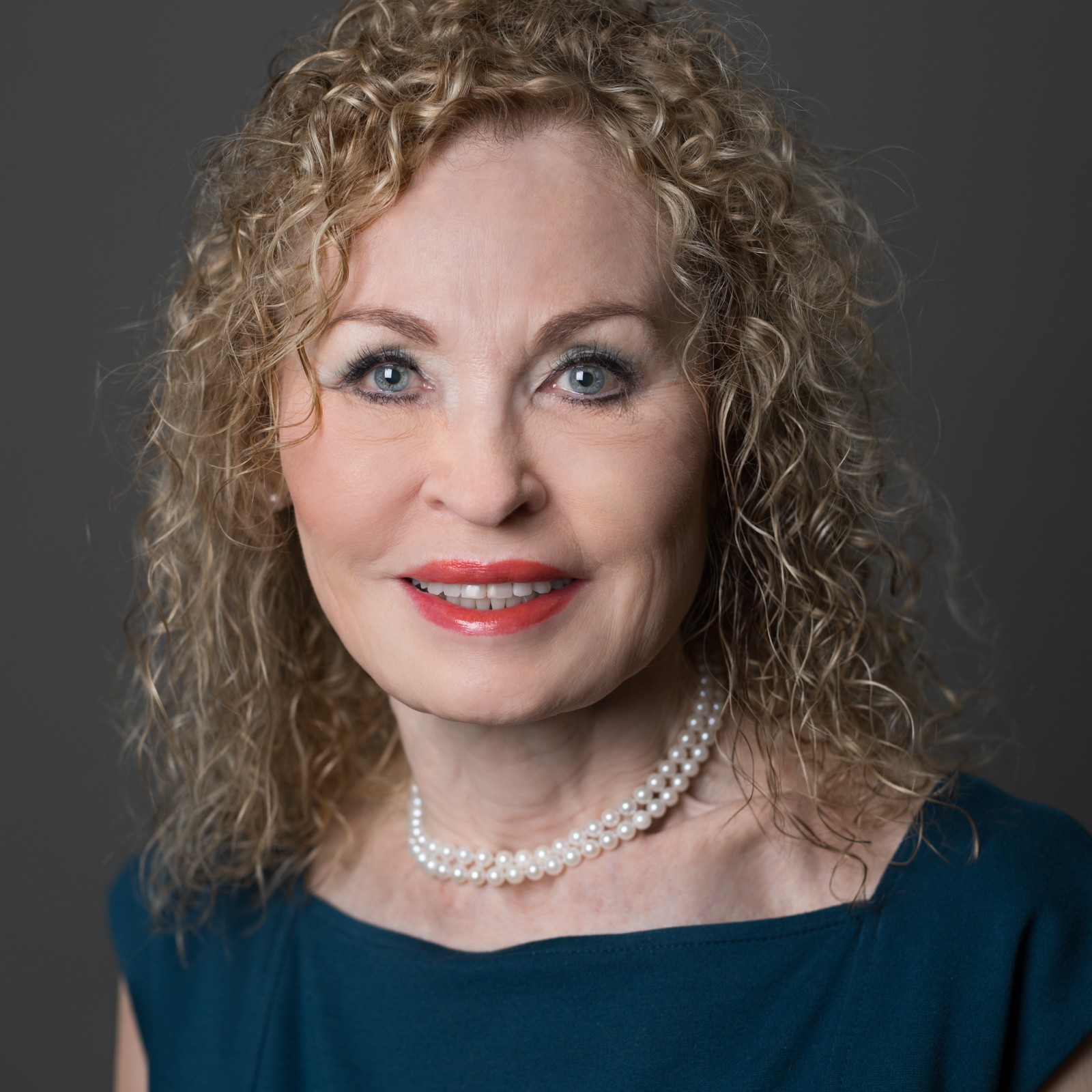

Memorable quote
“Your life does not have to be static in so far as your profession or job is concerned. Look for different opportunities if you feel the need to develop yourself as a person.”
What are some of your greatest achievements?
From a personal point of view, my marriage of over 50 years and our three sons are perhaps my most remarkable achievement. In 1962 when I first arrived at Western I realized how competitive it was going to be to get into medicine and especially for women. From a professional point of view, the fact that I was able to become a physician and that I have been able to practice so long and look after so many patients and still enjoy going to work every day is to me a great gift. Through medicine, so many doors have been opened allowing me not only to practice but to teach at Western, to become involved in the political side of medicine starting with the LDAM, then the OMA, the CPSO, the CMA and the Canadian Dermatology Association and to serve in many positions representing my colleagues.
Who has inspired you in your career?
First, my parents were both inspirational, both U of T graduates and my mother a university graduate in nursing in the early 1940s. Those who inspired me over the years include 1. Dr. William Pace a well-known Canadian dermatologist; 2. Dr. Lyn From, Dr. Ricky Schachter and Dr. John Albers are also Canadian dermatologists. 3. My medical school classmates and fellow residents in dermatology and the residents I taught in dermatology; 4. My long-term partner Dr. Caroline Horgan-Bell, is truly just so inspirational--the embodiment of everything we should all aspire to be in a physician; 5. All those I have met at the LDAM, the OMA, the CPSO, the CMA and the CDA who have been inspirational and so many who have become our good friends.
Do you have an unforgettable memory or story?
Getting into dermatology is quite difficult. I am never sick but the day before my dermatology interview I had emergency surgery. Years later someone asked me how to get into a dermatology residency. I told them to be "brave". The day of my interview I pulled out my intravenous, put on my house staff outfit and walked to another building to do the interview after being told by several friends I would never get accepted lying in a hospital bed. I was very weak during the interview but managed to answer the questions and the rest as they say is history. I was a dermatology examiner back in the 1980s and during my last year as examiner became pregnant. In the end, I decided I had to live up to my commitment but when I got to the examination center I went to the dermatology office to see if I could get a glass of milk as there was nothing open in the hotel when I left. The secretary said, "Oh no dear, we don't feed the candidates". A sort of a compliment! Perhaps they now feed examiners and candidates!
Have you experienced a challenge specific to women physicians? What advice would you provide for overcoming these challenges?
I think my main challenge was getting into medicine. We actually had 14 females in a class of 74. After we got into medicine we were completely welcomed. Then the year I was president of the London Academy of Medicine, I did experience one challenging situation. Just before the golf day, our big fundraiser, I received a letter from a male colleague saying that the previous year he had brought his female resident as a guest but at that golf course no women were allowed in the bar for the 19th hole event. In the end, I had to make the final decision and change golf courses at the last minute, something everyone was not happy about at the time. Now the Golf Day is successful and rotates courses so I guess the message is you need to take a stance for things you feel are not correct.
What advice would you give to the next generation of women physicians?
Medicine is a great profession and provides many opportunities. However, it can be all-consuming and it is easy to push everything else in your life to the periphery. You need to balance your life and in particular your time, to avoid burnout. Try to pick a specialty that fits in with other things you like in life such as travel, sports or raising a family and remember that sometimes it is important just to take time out. Also, medicine provides many situations to do different things. Your life does not have to be static in so far as your profession or job is concerned. Look for different opportunities if you feel the need to develop yourself as a person. Some change can be good.
Biography
Dr. Denise M. Wexler graduated with an MD from Western University in 1969. She completed a residency in dermatology in 1974 and has practiced in London, Ont. ever since.
Dr. Wexler has held many leadership positions including professor of Medicine and chair of Dermatology at Western University, president of the London and District Academy of Medicine, chair of District 2 and president of the Canadian Dermatology Association. She has also served as a council delegate for the OMA, peer assessor for CPSO and Atlantic Provinces and has been a member of many committees for the OMA, CPSO, and CDA. Dr. Wexler is a Life Member of the OMA, Honorary member of the CMA, and a Priority and Leadership Delegate for District 2. She is also an active member of the community and a supporter of many arts programs. She is married with three sons.
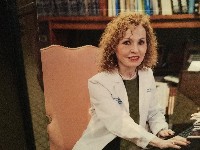


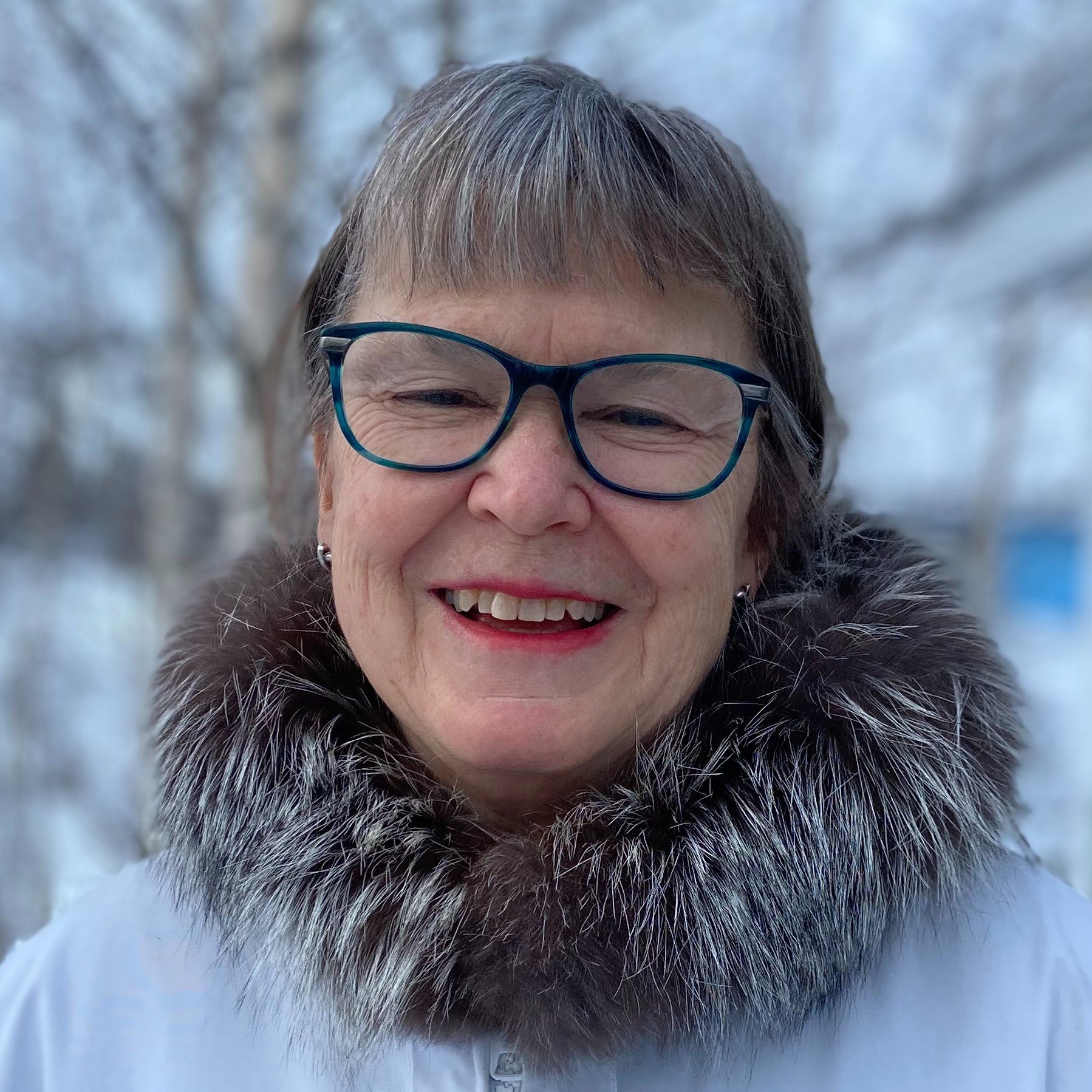

Memorable quote
"But my main advice is that a career which focuses on how best to serve patients is one which will always be valued and rewarding."
What are some of your greatest achievements?
In the mid-1990s morale was low amongst family physicians in Ontario, and some were moving to the USA, where our generalist skills seemed to be more highly valued. We were educating residents to practice in comprehensive team-based models, but when they graduated those practice settings were not available to them. The OMA, the Ministry of Health, the Ontario College of Family Physicians, and the academic departments of Family Medicine worked together to develop new models of care. Initially, these models were based on payment reform for family physicians; I was honoured to chair the Ontario Family Health Network which was charged with implementing these new models. Over time, funding for other health professionals became available, and we now have Family Health Teams and Organizations which I believe are amongst the best groups to deliver quality cost-effective access to primary care in Canada.
Who has inspired you in your career?
The work in primary care reform needed many champions. I want to pay tribute to Dr. Wendy Graham who was amongst the first to champion these ideas within the OMA; when she chaired the Women's Issues committee we would often talk about what reform would look like. Marsha Barnes at the Ministry of Health was key to moving these ideas into practical policy. And Donna Segal was an outstanding CEO of OFHN, overseeing the tremendous amount of change management required to implement team-based care.
Do you have an unforgettable memory or story?
Initially, there was stiff resistance to the new models of care, based on suspicion that if either the government and the OMA both thought something was useful that it was too good to be true. I was personally subjected to vigorous debate and occasional vituperation. In later years a number of those who had been in that camp had the grace to publicly apologize.
Have you experienced a challenge specific to women physicians? What advice would you provide for overcoming these challenges?
My husband and I have five children, and we had no paid maternity or paternity leaves. With my first child, the policy was simply that I would be able to have my job back after childbirth.
My medical school class was twenty per cent women, so we were certainly not pioneers as women in medicine; those women were a generation or two before us. Some of those women from earlier times did not practice medicine after graduation if they married. Few if any of us married or had children during medical school; we were younger than women today in medical school, and there was also a sense that we needed to show we could work as hard as the men and not allow marriage and childbirth to distract us from our careers.
What advice would you give to the next generation of women physicians?
I know the next generation of women and men physicians will have a balance between personal and professional lives which will be different and more sustainable than that of my generation. I hope they will be vigilant about the gains which have been made in this area. But my main advice is that a career that focuses on how best to serve patients is one that will always be valued and rewarding.
Biography
Dr. C. Ruth Wilson has been a practicing family physician in Yellowknife for four years and is professor emerita of family medicine at Queen’s University, where she practised for twenty-nine years and was chair of the department for ten years. Her practice included anesthesia and obstetrics in Bella Coola B.C., Baie Verte, N.L. and Sioux Lookout Ont., for a total of twelve years.
From 2001-2004 she served as chair of the Ontario Family Health Network, a provincial government agency created to implement primary care reform in Ontario. This effort laid the groundwork for the widespread primary care models in Ontario including Family Health Teams. She is a past president of the College of Family Physicians of Canada, and past president of the North American region of WONCA, the world organization of family doctors.
In 2015 she was named a member of the Order of Canada. She is the recipient of the Canada 125 medal, the Diamond Jubilee Medal, and an honorary Doctor of Laws degree from Thomson Rivers University. In 2010 Dr. Wilson was named one of Canada’s Top 100 Most Powerful Women. In 2021 the Society of Rural Physicians of Canada awarded her the National Rural Leadership Award. She is married to Dr. Ian Casson, and they have five adult children and seven grandchildren.
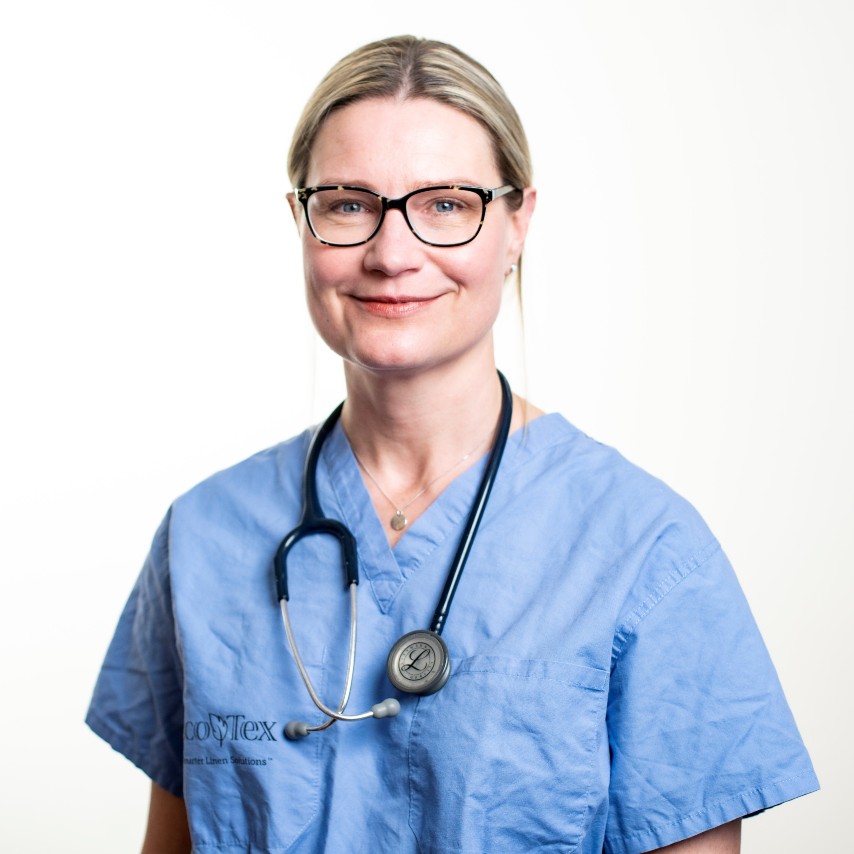

Memorable quote
“I am grateful to the village of women who believed in me as I grew my medical career ... As you leveraged your power and influence for someone else, for me, I grew and I am so grateful.”
Do you have an unforgettable memory or story?
I think it has been in the small seemingly insignificant ways that I have been empowered by countless women physicians throughout my medical career. I remember reading about Dr. Roberta Bondar and although she never knew me, I felt inspired by her incredible accomplishment as the first female Canadian astronaut. I am forever indebted to Dr. Jean Chamberlain for the wisdom and care she bestowed on me as my assigned preceptor during my undergrad years as a McMaster medical student. I remember Dr. Lee Donahue staying up late one night at my first OMA meeting, patiently explaining how the OMA worked and why I should get involved. I remember Dr. Rachel Forman nudging me to speak up in the room at an OMA caucus meeting at my first CMA AGM and it was incredible hearing her say "They need to hear what you have to say". And lastly, I remember Dr. Silvia Orsini, during Christmas break 2020, patiently listening to my 'pros and cons list' for running as OMA president-elect. In the end, she said "go for it!" and still today, I am so grateful. Just as it takes a village to raise a child, I am grateful to the village of women who believed in me as I grew my medical career. Thank you to the ones I have mentioned and countless more. As you leveraged your power and influence for someone else, for me, I grew and I am so grateful.
Biography
Dr. Rose Zacharias, MD CCFP, based in Oro-Medonte, Ont., is a medical hospitalist and physician wellness officer with Waypoint Centre for Mental Health Care. Dr. Zacharias served as board director for the Ontario Medical Association from 2020-2021 and has served as a member of the Governance and Nominations Committee. She also is an emergency physician with 17 years of experience at Orillia Soldiers' Memorial Hospital and currently working in Midland, Ontario at the Georgian Bay General Hospital. Dr. Zacharias is president-elect of the Ontario Medical Association.
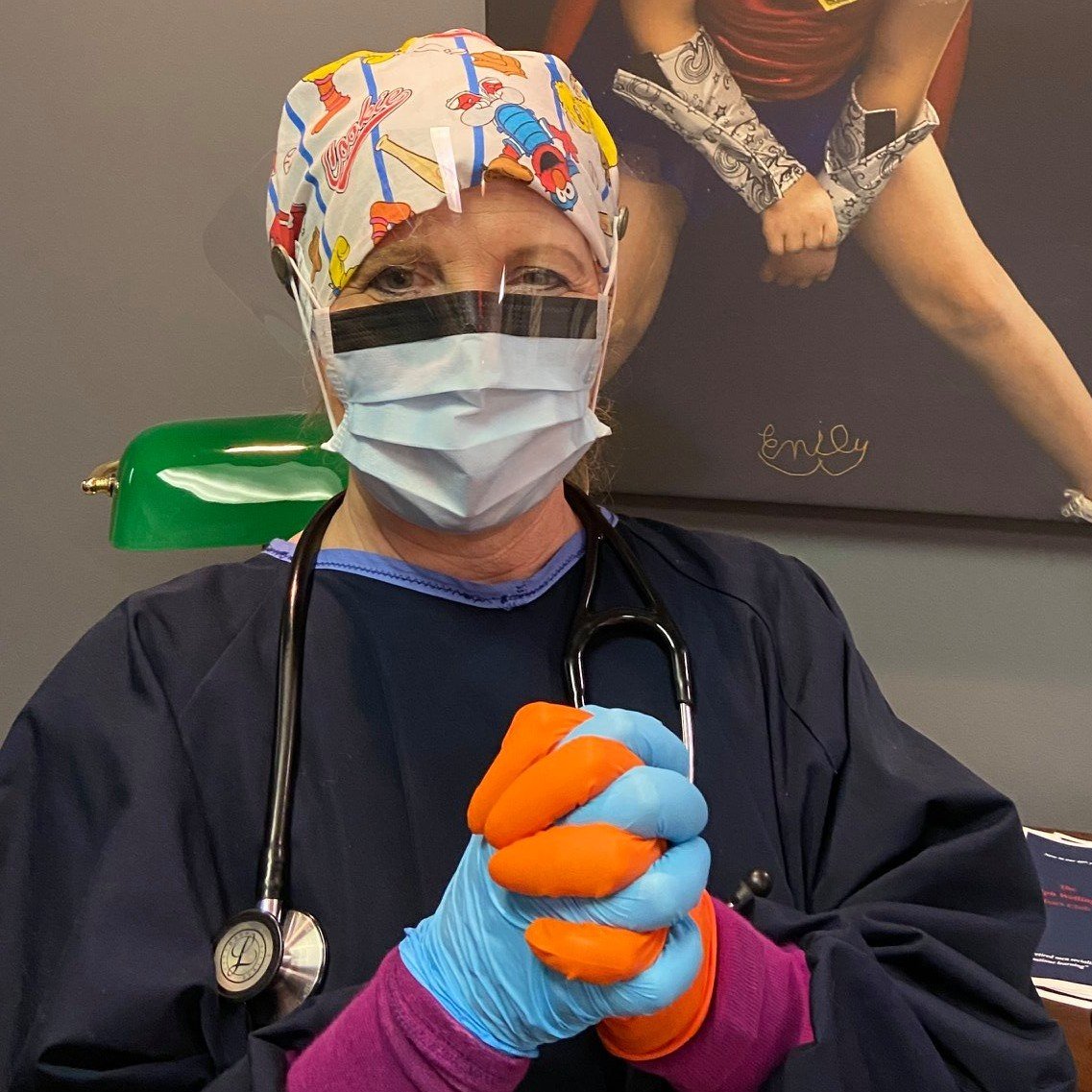

Memorable quote
"Use the skills that you have been given to make your community and your world a better place. Women are incredible collaborative leaders which gives us the ability to make great social change."
What are some of your greatest achievements?
Obtaining funding for and opening the province's 14th HIV/AIDS clinic. Seeing the first patient in that clinic with a multi-disciplinary team and realizing that for the first time, all of the medical needs of my HIV patients were being met. Encouraging my community to raise a million dollars for the first HIV/AIDS clinic in Lesotho, Africa. Bringing together an amazing group of community members to create Bracelet of Hope, a community-based charitable organization that has helped care for hundreds of HIV/AID orphans and treat thousands of patients through the Tsepong clinic in Lesotho and through mobile health units.
Who has inspired you in your career?
I worked with the Dalhousie Infectious Disease team in 1987 as a 23-year-old medical student on elective. I met the first HIV positive patient who receive the first dose of AZT in the country. His loneliness and the stigma he lived and died with inspired me to build a career in family medicine with a focus on HIV working with other family physicians in the province who were brave enough to tackle this illness in the 80's and 90's. Listening to Stephen Lewis speak in 2006 inspired me to do something about those fighting HIV/AIDS in Lesotho, Africa.
Do you have an unforgettable memory or story?
I worked with the Canadian Medical Team at the Tsepong clinic, the clinic we had just raised a million dollars for. We were trying to get an IV into a two-year-old with HIV and TB who was very anemic. The entire team worked at keeping her alive but we failed. I will never forget her. She inspired me to keep up this work and expand our efforts in Lesotho
Have you experienced a challenge specific to women physicians? What advice would you provide for overcoming these challenges?
My main challenge has been the devastating effects of the efforts of seven professional women, not all MD's, who worked at halting the community and international work that I was doing through professional malice. I learned that there is a term for this phenomenon called, 'The tall poppy syndrome', well known and documented in Australia. If there is a tall poppy that stands out in a field of poppies, other poppies will attempt to cut down the tall one. In time, I would like to address this issue in my profession. It is not just among women professionals but it is nonetheless devastating. The powers that be that should protect us, assume that we are complicit. There is no support for female physicians who live through this experience.
What advice would you give to the next generation of women physicians?
Insist on work-life balance. Make the people who love you understand your need for rest, reflection and time. Use the skills that you have been given to make your community and your world a better place. Women are incredible collaborative leaders which gives us the ability to make great social change.
Biography
Dr. Anne-Marie Zajdlik is a family physician and regional HIV specialist. She is the founder of ARCH clinic Guelph and Waterloo, two provincially funded HIV/AIDS clinics. The clinics now provide care to 700 HIV positive patients in Guelph-Wellington, Grey Bruce and Waterloo Region. Dr. Zajdlik is the founder of Bracelet of Hope, a charitable community-based organization that raises awareness of the HIV/AIDS pandemic in sub-Saharan Africa and funds for HIV/AIDS relief in Lesotho, Africa. She is a previous board member of the Ontario Hospital Association’s OHAfrica project and member of the OHAfrica Canadian Medical Team that helped open the first HIV/AIDS clinic in Lesotho in 2004. The Bracelet of Hope Campaign raised a million dollars for the Tsepong Clinic in Lesotho, providing the funding necessary for the clinic’s 2009 operating costs keeping 11,000 people alive on treatment. Bracelet of Hope’s efforts are now focused on the care of 51 AIDS orphans and vulnerable children in seven foster homes, the creation of income-generating activities and the creation of six mobile health units that will provide primary and HIV care to 80,000 people living in a rural district of Lesotho.
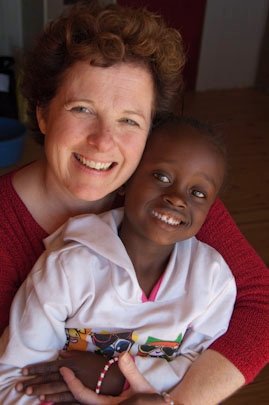
Profiles and quotes from historic women physicians whose contributions to the field of medicine are preserved in the OMA archives.
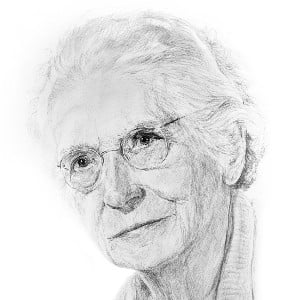

1881 - 1982
Memorable quote
“I had so many patients who were having babies nearly every year or two years, and their husbands were out of work, and they hadn’t enough to eat.”
Biography
Born in 1881, Dr. Elizabeth Bagshaw was the medical director of Canada's first and illegal birth control clinic. She graduated from Toronto’s Women’s Medical College in 1905 and moved to Hamilton a year later where she practiced obstetrics. She joined the Hamilton Medical Society and acquired staff privileges at both Hamilton General Hospital and St. Joseph's Hospital. In 1932, Dr. Bagshaw assisted with the opening of Canada's first birth control clinic in Hamilton and worked as the clinic's medical director for 30 years. Dr. Bagshaw was awarded OMA Life Membership in 1954 and CMA Honorary Membership in 1969. In 1973, she was invested as a Member of the Order of Canada, and in 2007, she was inducted into the Canadian Medical Hall of Fame.
Photo courtesy of the Archives of Women's College Hospital.
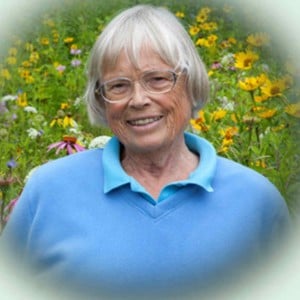

1932-2017
Memorable quote
“I was really quite fortunate because I worked part-time until my youngest child (one of four now aged 31, 28, 27 and 25) was in school all day.”
Biography
Born in Toronto, Ont. in 1932, only 12 of 160 students in her class were women at the University of Toronto when she graduated in 1955. Dr. Joan Bain served as a family medicine practitioner in Willowdale, Ont. and was the first woman to serve as National President of the Canadian College of Family Physicians (1987-1988). In her career, she was dedicated to developing prevention programs for domestic violence against women and created collaborative initiatives with the Toronto Police and the City of Toronto. She also served as chair of the OMA Wife Assault Committee, formed in 1984, and was honoured with the B'nai Brith Women of Canada Achievement Award in 1989 and OMA Life Membership in 1998.
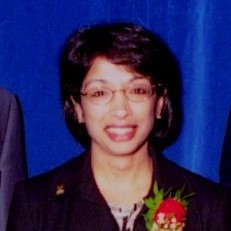

1956-2008
Memorable quote
“In an organization, especially when you’re the head of it, you have people you can delegate to. From time to time there are command performances, such as a cabinet meeting, but I’m lucky to have staff that will step in. People are cognizant of my competing demands. Also, I can call in from home, or use e-mail to keep the river flowing when I'm officially off.”
Biography
Dr. Sheela Basrur was the first medical officer of Health for the newly amalgamated city of Toronto and worked tirelessly during the 2003 SARS outbreak in Toronto. She was also instrumental in implementing Canada's first city program that required restaurants to post health inspection results in their windows, Ontario's ground-breaking Smoke-Free Ontario legislation (together with Dr. Ted Boadway), and the 2006 provincial Action Plan for Healthy Eating and Active Living, that addressed rising obesity among Ontarians. In 2004, she was appointed chief medical officer of health and assistant deputy Minister of Public Health in the MOHLTC. Her leadership culminated in the passage of the Ontario Agency of Health Protection and Promotion Act, 2007, establishing Public Health Ontario. In 2008, Dr. Basrur was inducted into the Order of Ontario for her public service.
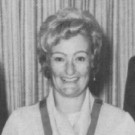

1920-2008
"Don't go into medicine unless you love looking after people and want to help. It's not about making money; your heart really has to be in it."
Biography
Dr. Margaret Brander was born in Glasgow, Scotland and immigrated to Canada at the age of two. She was one of nine women to receive an MD from the University of Toronto in 1946. Originally, she did not plan on becoming a doctor, but her cousin was one of the first women physicians in Edinburgh and her father encouraged her education. She completed her two-year internship in the Canadian Women’s Army Corps. She began her 55-year career as a family physician alongside her brother, Dr. Douglas Rae, but had the opportunity to work in a variety of places including as a family physician for Inco, a nickel-mining company in Sudbury, as a founding member of the Queensway Hospital, and on staff at the Mississauga Hospital (Trillium). In 1973, she became the first woman president of the Ontario College of Family Physicians during a time when the College was urging family physicians to become members and to become certified. Dr. Brander was an advocate for medical education and quality of health care, and one of her first decisions as president was to extend the amount of time that doctors work as interns. She was a recipient of the Queen’s Jubilee Medal.
Photo courtesy of Canadian Family Physicians.
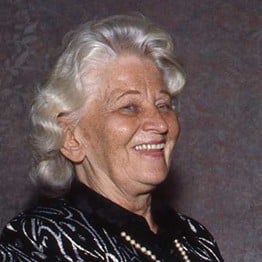

1924-2012
Biography
Dr. Yvonne Elisabeth de Buda completed her MD in 1948 and postgraduate training in psychology at the University of Vienna. Before becoming a physician, she was the youngest person in Austria to acquire the credentials as a nurse and served in World War Two as a nurse. She immigrated to Canada in 1951 and received her Canadian medical license in 1954 after internships at the Toronto Western Hospital and Women's College Hospital.
From 1955-2008, Dr. de Buda held many positions in the Department of General Practice at Women’s College Hospital, including chief of family and community medicine, a position that she held from 1972-1982. She held this position while working as director of emergency services. She also served as a program director and professor at the University of Toronto and was published in many topics such as family practice, care of the aged, emergency services, and prevention of Hepatitis B. Dr. de Buda was the first woman to receive the College of Family Physicians of Canada Family Physician of the Year (1980) and was the first woman to become an honorary member of the Medical Legal Society of Toronto (2001). She was an active member of many OMA Sections and Committees and was elected to the Council of the College of Physicians and Surgeons in Ontario in 1988.
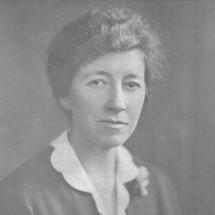

1885-1980
"I was the only female in his class of some hundred and fifty medical students….When I took my place, I was pelted with chalk, chalk brushes, and assailed with cat calls and a song, ‘Hop Along Sister Mary'. "
Biography
Dr. Mary Lee Edward was born in Petrolia, Ont. In 1902, she enrolled at the University of Toronto for a six-year course – two years of biology and physics, four years of medicine. This was a time when women were not officially accepted into the Faculty of Medicine, and as the only woman in her class, Dr. Edward was ridiculed by her male counterparts. Despite harassment and bullying during medical school, she completed her studies, secured a position at the New York Infirmary for Women and Children, studied surgery on scholarship in Vienna, and then became chief resident surgeon at the Infirmary.
In 1917, she joined the Women’s Overseas Hospitals, and was supposed to run a hospital for women and children in a “devastated area”. However, the hospital was bombed before she arrived, and the women were asked to go to the Front, as a part of the Tenth Army. Out of fear, around fifty per cent of the women returned home, but not Dr. Edward. Arriving in France on Feb. 18, 1918, she was sent to the Chateau Ognon at Senlis during the great German offensive of the spring and summer of 1918. She once operated on over 100 casualties in a 24-hour period, and sometimes operated for 60 hours straight, stopping only when she absolutely had to eat. She was awarded the Croix de Guerre around the same time that she received her commission as a lieutenant, and with her female counterparts, proved that women were just as skilled in surgery as men.
After the war, she returned home and continued to practice in New York until her 85th birthday. More information about Dr. Edward can be found in her book, Reflections of Dr. Mary Lee Edward.
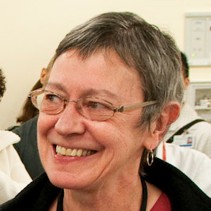

1949-2017
“As I approach the end of my career in medicine, I cannot help but think about all the changes that have occurred during this time period. Emergency Medicine was an emerging specialty, with the only Canadian training program being in Montreal, and part of the American College of Emergency Physicians (ACEP). Most Emergency Departments were staffed by family physicians, doing 4-hour shifts, with a few exceptions.”
Biography
Dr. Lynne Anne Fulton graduated with an MD from McMaster University in 1973 and obtained her FRCPC in Emergency Medicine from the Royal College of Physicians and Surgeons Canada in 1984. She worked as a staff emergency physician at Hamilton Civic Hospital (1975-1979), the University of Alberta Hospital in Edmonton (1979-1980) and Sunnybrook Hospital (1980-2013). For 28 years, she served as trauma team leader at Sunnybrook, and was acting director of the Sunnybrook Emergency Department from 1998 to 2000. Dr. Fulton was a pioneering emergency physician and through treating tens of thousands of patients, participating in numerous associations, lectures and publications, and training hundreds of new grads, she made a profound contribution to the field of emergency medicine.
In a eulogy that Dr. Brian Schwartz delivered at Dr. Fulton’s celebration of life, he stated: “Lynne was a mentor to many of us. I don’t think she considered herself a feminist, yet she was the first female emergency medicine specialist in Toronto, perhaps in Canada, and a role model to all that came later. She was a teacher and role model to us, males, as well.”
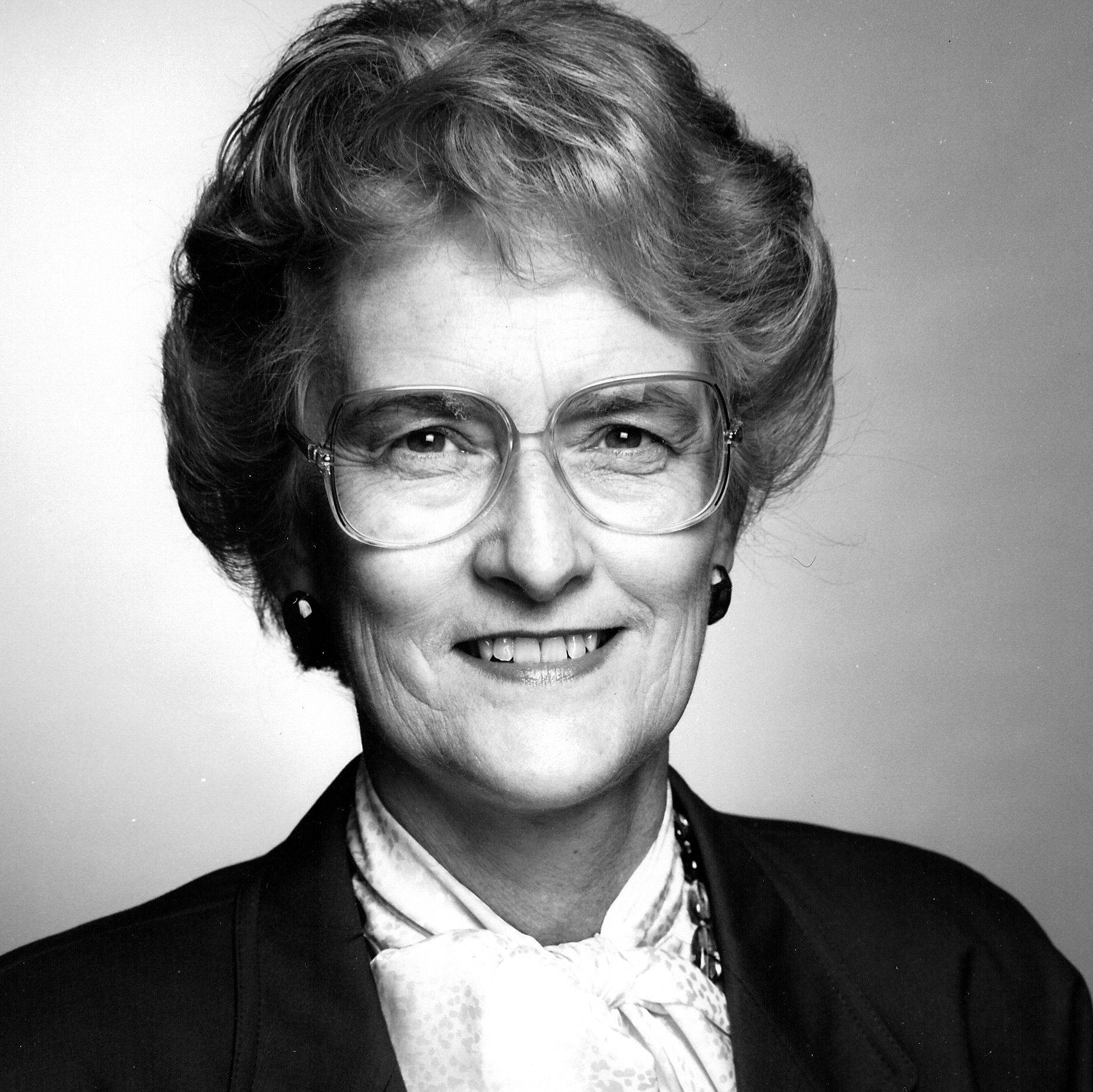

1933-2020
Memorable quote
“Being a woman in my time was an advantage,” says Dr. Guzman. “There was recognition that you wanted women involved. I had the support of my male colleagues.”
Biography
Born in Toronto in 1933, Dr. Carole Ann Guzman started university at the age of 16, graduating as a member of the Alpha Omega Alpha Medical Honour Society from the University of Toronto Medical School in 1958, long before it was common for women to do so. She served as a high-level civilian doctor at the National Defence Medical Centre for much of her career. Among her notable roles, she was president of the OMA (1989-1990), president of the CMA (1991-1992), president of the Federation of Medical Women, president of the Alzheimer’s Society of Ottawa-Carlton, and chair of the Canadian Forces Health Services Council.
She founded several clinics, including the first Canadian outpatient rehab program for patients with chronic lung disease and was part of the first Canadian team to assess the efficacy of CPR in 1963. Dr. Guzman lobbied medical schools and teaching hospitals to allow women to study part-time and share residency programs so that they could successfully combine careers and families.
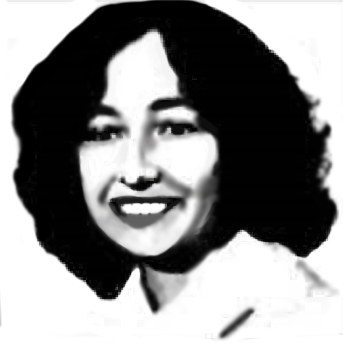

1945-2004
Biography
Born in 1954, Wolverhampton, England, Christina Ethel Hill came to Canada in 1951 with her parents who settled in Guelph, Ont. Christina entered the Medical Faculty at the University of Toronto, graduating M.D. in 1969. After interning, she commenced specialty training in urology and obtained her FRCSC in 1976. In so doing, she became the first female urologist in Canada, setting up a urological practise in Ottawa. Dr. Hill was the first and only female chair of council from 1992 – 1994 and was a representative on council for District 7. She also sat on the council of the College of Physicians and Surgeons of Ontario, was co-chair of the CPSO Discipline Committee, was president of the Academy of Medicine of Ottawa, and was president of the Federation of Medical Women of Canada.
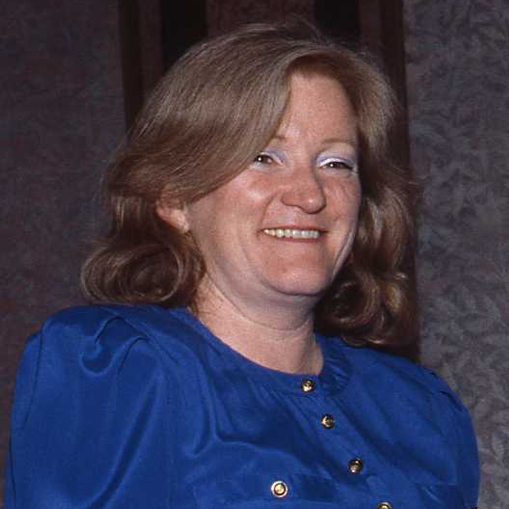

1945-2012
Biography
Dr. Elizabeth Latimer is internationally renowned as a pioneer in palliative care and contributed substantially to the cultural change on how the medical profession treats those in their final stages of life. Dr. Latimer started her career as a nurse in Hamilton, Ont. before pursuing her MD at McMaster University in the 1970s. She was the first palliative care physician at Henderson General Hospital (now Juravinski Hospital). Dr. Latimer shared her wealth of knowledge with the medical community as a professor in McMaster University's Department of Family Medicine, and through various lectures in South Africa, South America, the US, Canada, Kuala Lumpur, Australia and Saudi Arabia. At the OMA, she served as chair of the Section on Palliative Medicine from 1991-1992 and was awarded Life Membership in 2011. Dr. Latimer was the recipient of many other awards in her lifetime, including the Canadian Hospice Palliative Care Association Award of Excellence (1999).
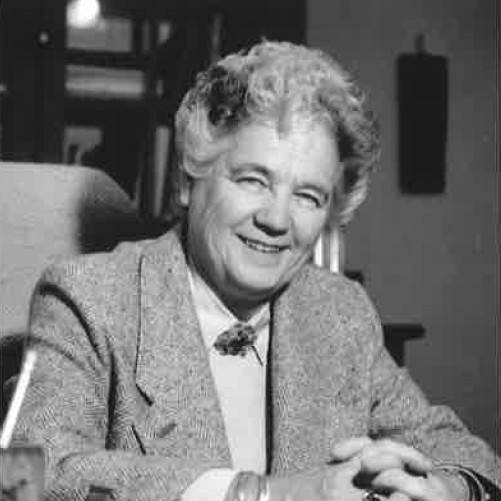

1924-1994
“We will bring you hope – not for tomorrow but for this day. We will not leave you. We will watch with you. We will be there.”
Biography
Dr. Dorothy Ley was a pioneer in hospice care movement. She graduated from the University of Toronto with a degree in pathological chemistry. In her lifetime, she served as head of hematology and oncology at Western Hospital, and president of the Academy of Medicine at the University of Toronto. Additionally, she founded Toronto Medical Laboratories Ltd., now MDS Health Group, serving as vice-president and medical director. In 1972, Dr. Ley became the director of the Laboratory Accreditation and Quality Control Program for the OMA Section on Laboratory Medicine of the OMA. This led her to contribute to the design of the OMA-MOH Laboratory Proficiency Testing Program. In 1980, she directed a national survey of palliative care programs in Canada and found that Canada needed a national organization. In turn, she founded and became president of the Canadian Palliative Care Foundation. Dr. Ley was the recipient of many awards including Her Majesty's Jubilee Medal, and the Canadian Medical Association’s Medal of Service for Contributions to Medicine and Canadian Life.
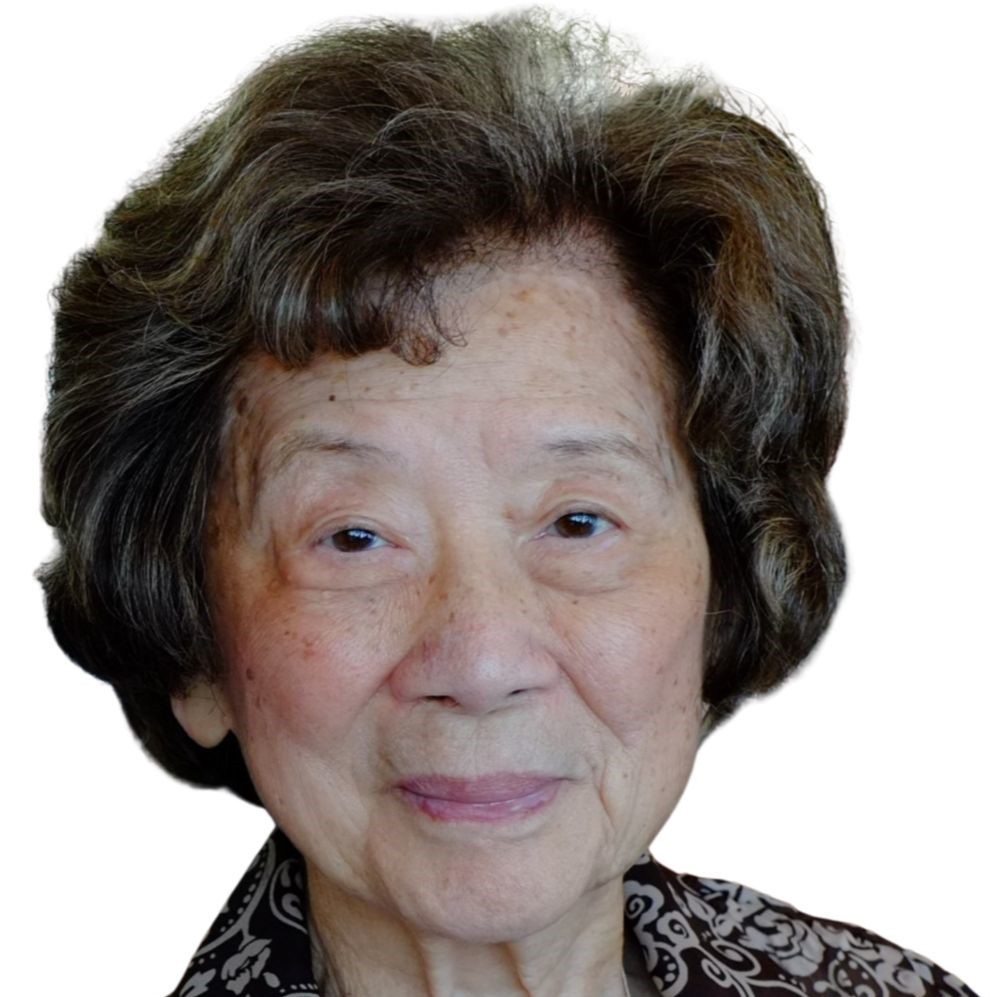

1925-2021
Biography
Dr. Lillian Liu Mok was born in Chongqing, China. Her father was quite liberal-minded for his time, and believed in equal opportunities for education for his sons and daughters. After she obtained her medical degree at Nanking University, she immigrated to Canada in 1951 to escape communist China. She did her internship at Ottawa Civic Hospital, then completed a pediatrics residency at Sickkids in Toronto, where she was one of only three women out of 40 pediatric house staff.
In 1959, she settled in Windsor, Ontario as the first woman pediatrician in the city. She was a compassionate pediatrician who served children and their families for four decades. As the wife of a radiation oncologist, it was her duty to pour tea at fundraising functions, but as a pediatrician, she could be found holding immunization clinics or making house calls at all hours. As her young patients grew up, she recognized the unique concerns of adolescents. In 1986, she founded the Teen Health Clinic, where she assembled a dedicated multidisciplinary team of volunteers. She secured a Wintario grant to ensure that the clinic would continue to operate. In 1994, she founded the Children’s Healthcare Network, addressing the critical shortage of psychiatric and mental health services for children in the community. With her gentle persuasion and unwavering conviction, she enticed child psychiatrists from Toronto to provide monthly consultations.
Dr. Mok was truly a pioneer in providing community-based adolescent health care, well before adolescent medicine was formally recognized as a pediatric subspecialty. She received the OMA Glenn Sawyer Service Award in 1989 and was made Honorary President of the Essex County Medical Society from 1999-2001.
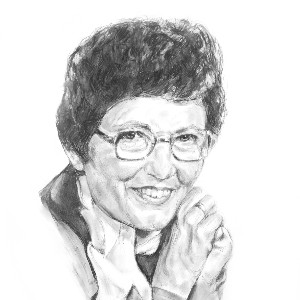

1911-1993
Memorable quote
“I was not home when my own children were growing up. In spite of that, I think I saw more of my children in the evenings and after school than many parents who are housewives. So I don't fault myself in that regard.”
Biography
Dr. Mildred Vera Peters’ landmark study on breast cancer treatments radically changed views on how to manage Hodgkin’s disease and breast cancer. During the early years of Dr. Peters’ career, Hodgkin’s Lymphoma was considered universally fatal. Following investigative research with radiation oncologist, Dr. Gordon Richards, Dr. Peters revealed that early-stage Hodgkin’s was potentially curable with radiation therapy. From 1958 until her retirement in 1976, Peters continued her research at Princess Margaret Hospital, determined to find alternative breast cancer treatment. In 1975, she published the first controlled study to demonstrate that a lumpectomy and radiation were equal to or better than more invasive procedures. Dr. Peters was appointed a Member of the Order of Canada in 1975 and an Officer of the Order of Canada in 1977.
Photo courtesy of the Canadian Medical Hall of Fame and Irma Coucil.
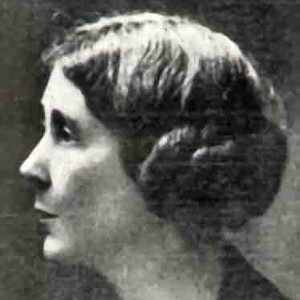

1871-1957
Biography
Dr. Minerva Reid was born in Mono, Ont. in 1871, and was the first woman to hold the title of chief of surgery in North America. Dr. Reid attended medical school with her sister Hannah from 1901-1906, then in 1911, left for London, England to study at the Royal College of Surgeons. She opened a practice in Toronto in 1914, where she practiced for more than 40 years. She served as chief of surgery at the Women’s College Hospital from 1914-1925 and often worked alongside her sister, Hannah, who was chief of anesthesiology. She is well known for petitioning the federal government in 1944 about the deplorable conditions at the old Christie Street Hospital, where wounded soldiers were being treated, and headed a committee that obtained almost 20,000 signatures to replace this hospital with the new Sunnybrook Hospital.
Photo courtesy of the Archives of Women's College Hospital.
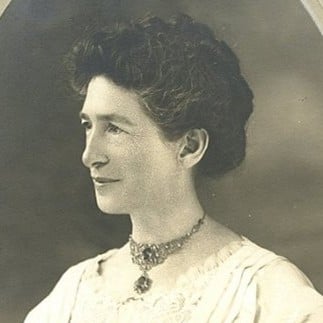

1859-1949
Biography
Dr. Elizabeth Smith Shortt began her pursuit of an MD at Queen’s University in 1880, but with other women in her class, was expelled in 1883 when a group of male staff and students threatened to leave the university if it continued to accept women into medical school. She completed the rest of her degree at the Women’s Medical College in 1884 and received a diploma from the Ontario College of Physicians and Surgeons.
During her life, Dr. Shortt was an active member of the National Council of Women of Canada and was outspoken about issues such as mothers’ pensions, housing, child welfare, and the pasteurization of milk. At the NCWC, she was the first Convener of the Public Health and Mental Hygiene Committee, which combatted mental health disorders. She also took a stance against the stigma surrounding tuberculosis, and her pamphlet “The Social Aspects of Tuberculosis” contributed to the creation of the Canadian Tuberculosis Society. Dr. Shortt eventually became President of the Council in 1911 and was granted Life Patronship in 1919. She was also actively involved at Queen’s University where she taught a course on Medical Jurisprudence and Sanitary Science and served as president of the Alumnae Association. Her campaign for a residential hall for women raised $42,000 between 1910 and 1919.
Photo courtesy of the University of Waterloo, Special Collections & Archives.
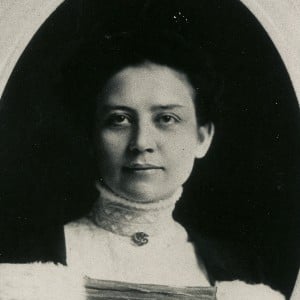

1878-1981
Biography
Dr. Jennie Smillie Robertson was born in Huron County in 1878. Dr. Smillie was the first female surgeon to practice in Ontario and was also the first to perform gynecological surgery in Canada. She started medical school at the Ontario Medical College for Women in Toronto in 1906 and completed her education at the University of Toronto Faculty of Medicine, graduating in 1909. She completed her residency at the Women’s Medical College of Pennsylvania, as residencies were not available to women in Canada, and returned to the College to train in surgery in 1911. She worked with a group of influential women and female physicians to establish the Women’s College Hospital, a hospital for women run by women. She worked here for most of her career as chief of gynecology (1912-1942). She was a founding member of the Federation of Medical Women of Canada and served as President of the Women’s Liberal Association.
Photo courtesy of the Archives of Women's College Hospital.
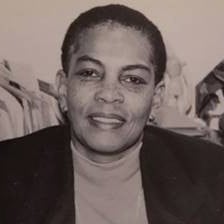

1937-2018
Biography
Dr. Miriam Rossi was a pediatrician at the Hospital for Sick Children for over 30 years and served as Associate Dean of Student Affairs and Administration for 13 years at the University of Toronto. She also served on the Ontario Premier's Council for Health Strategy (1991-1998), the Trillium Gift of Life Network (2004-2010) and the OMA Women Committee (1994-2000). A strong and dedicated leader, she co-founded the Association for the Advancement of Blacks in Health Sciences, the Black Health Alliance, and the Black Physicians Association of Ontario. She was also responsible for cofounding the Summer Mentorship Program in Medical Sciences at the University of Toronto Medical School, which empowers high school students of Indigenous and African ancestry to join the health-care profession. Dr. Rossi received numerous awards in her lifetime, including the Vision Award for Excellence in Ongoing Community Education (1999) and the African Canadian Achievement Award in Health Science (2002).
Photo courtesy of the Temerty Faculty of Medicine.
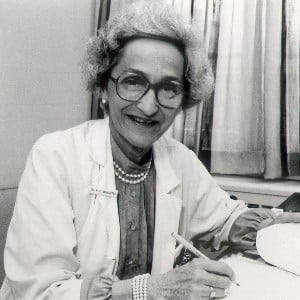

1918-2007
Biography
Dr. Ricky K. Schachter was a leader in dermatology. After completing postgraduate training at Columbia University in New York, she joined the Women’s College Hospital and ran two weekly dermatology clinics. Within a year, a division of dermatology formed, and the small outpatient clinic grew to Toronto’s largest dermatology program under her leadership. Many years later, in 1976, she established the Phototherapy Education and Research Centre (PERC), the first program in Canada to provide complete psoriasis care in an ambulatory setting. Dr. Schachter was also the first woman to head an academic division of dermatology in Canada and the first female president of the Canadian Dermatological Association (1978). She was celebrated as the 1989 recipient of the Toronto Dermatological Society Lifetime Achievement Award of Merit, the 2005 Canadian Dermatology Foundation Practitioner of the Year, and a 1989 recipient of the OMA Glenn Sawyer Award. She was appointed to the Order of Canada in 1998.
Photo courtesy of the Archives of Women's College Hospital.
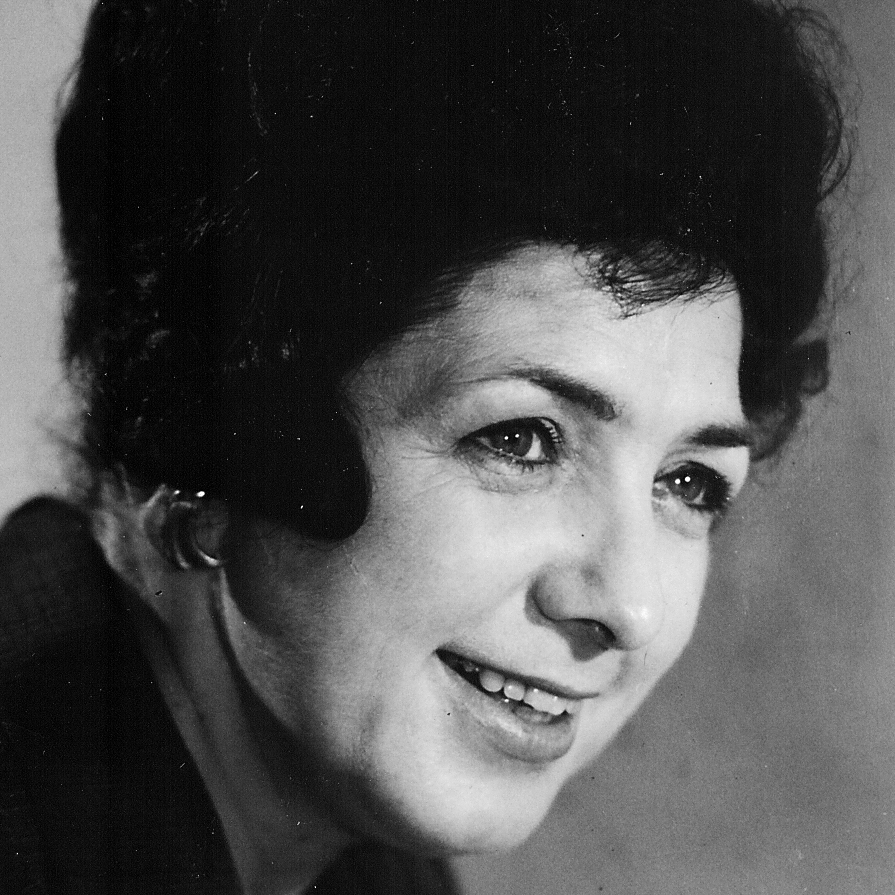

1924-2019
Memorable quote
“It is in these areas that women physicians have not been as aggressive as their male colleagues. This is partly related to the fact that many women are busy with two full-time careers — that of physician and that of wife and mother.”
Biography
Born in Aurora, in 1924, Dr. Bette Stephenson practiced family medicine in Willowdale. She was an active member of the medical staff at Women's College Hospital in Toronto until 1988, holding several leadership positions including director of the Outpatient Department and the first chief of the Department of Family Medicine. She was also a founding member of the College of Family Physicians of Canada. From 1964-1973, Dr. Stephenson served on the OMA Board of Directors and was elected first woman president of both the OMA (1970-1971) and the CMA (1974-1975). Dr. Stephenson received many honours including the Order of Canada and the Order of Ontario.
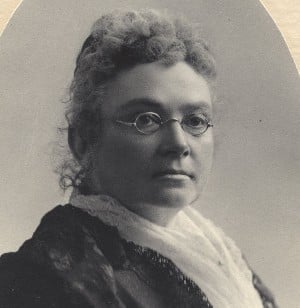

1831-1903
Biography
Born in Norwich Township, Ont. in 1831, Dr. Emily Howard Stowe was the first woman to practice medicine publicly in Ontario. Prior to becoming a physician, Dr. Stowe was a teacher and became the first woman principal of a public school in Ontario.
In 1863, her husband became sick with tuberculosis and two years later, Dr. Stowe enrolled at the New York Medical College for Women, which taught homeopathic medicine. She graduated in 1867 and opened a practice in Toronto that same year. In 1869, Canadian physicians who studied outside of Canada were required to take additional training, and Dr. Stowe with Dr. Trout had to fight for the right to take courses at the Toronto School of Medicine. Dr. Stowe was not granted a license until 1880, after the infamous trial of Sarah Lovell, where Dr. Stowe was blamed for giving Lovell medicine that could induce miscarriage. Dr. Stowe defended herself gracefully, and her knowledge, credentials, and early work as an apprentice earned her a medical license.
As founder of the Toronto Women’s Literary Club (later renamed the Canadian Women’s Suffrage Association), Dr. Stowe was an activist for women’s rights and suffrage. She was involved in the creation of the Women’s Medical College in 1883 and fought for the University of Toronto to change policies surrounding the enrolment of women in their medical school. She was inducted into the Canadian Medical Hall of Fame in 2018.
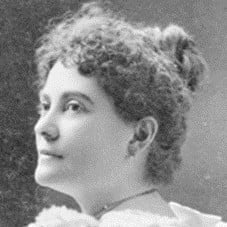

1857-1943
Biography
The daughter of Emily Stowe, Dr. Ann Augusta Stowe-Gullen was the first woman to graduate from a Canadian medical school. Dr. Stowe-Gullen started her studies at Victoria College (University of Toronto) in 1879, a time when many women were denied access to medical education and male students openly petitioned to have women removed from the program. Nevertheless, she graduated in 1883, married Dr. John Gullen, and took a postgraduate course on children’s diseases during their honeymoon in New York.
Like her mother, Dr. Stowe-Gullen accomplished much in her life while maintaining a private medical practice from her home. She was the first woman to work at Women’s Medical College (at first as a demonstrator of anatomy, later as a professor on diseases of children), helped to organize the Women’s Board at the Toronto Western Hospital, and was appointed to the Senate at the University of Toronto to represent women in medicine. She was also a founding member of the National Council of Women of Canada, one of two women elected to the Toronto School Board in 1892, president of the Canadian Suffrage Association, and president of the Dominion Women’s Franchise Association. In 1935, she was awarded the Order of the British Empire.
Photo courtesy of Library and Archives Canada.
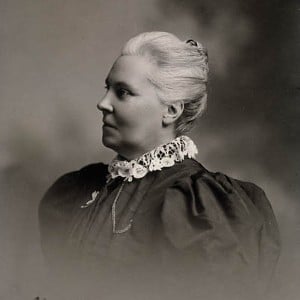

1841-1921
Biography
Dr. Jennie Kidd Trout was the first woman licensed to practice medicine in Canada. Dr. Trout’s interest in medicine started shortly after developing a series of nervous disorders that required electrotherapy. She completed a one-year qualifying course at the University of Toronto School of Medicine and completed her medical degree at the Women’s Medical College of Pennsylvania. She graduated in 1875 and then passed the examinations of the College of Physicians and Surgeons in Ontario. Dr. Kidd and her friend Dr. Emily Amelia Tefft, opened a medical practice for women in 1875, which expanded and became the Medical and Electro-Therapeutic Institute in 1877. She opened two more clinics in Hamilton and Brantford before retiring at the age of 41. In 1883, she was involved with the creation of the Women’s Medical College in Kingston, Ont. and the equivalent at the University of Toronto, contributing $10,000 to the one affiliated with Queen’s University.
Women physician leaders in photos
